Learn more about what students experience during their week at CSIS. From video and audio production to data visualization and the nuances of reporting on global issues, each session is designed to expand the students’ understanding of the media ecosystem, while giving them a chance to apply new skills that bring important stories to life.
Not Only on the Sidelines
In December 2025, students from the Ionian University traveled to Washington, DC to participate in the CSIS Journalism Bootcamp. They chose to report on women’s sports in Saudi Arabia and how the Saudi government is using women’s sports to redefine itself on the global stage as part of Saudi Vision 2030.
In addition to receiving multimedia mentoring from the center’s Andreas C. Dracopoulos iDeas Lab, students worked with Will Todman, Senior Fellow with the Middle East Program at CSIS. In reporting on this story, the students learned from experts in sports diplomacy and a former U.S. ambassador to Saudi Arabia, and also made interviewed a Saudi female athlete about her experience.
Challenging Thailand’s Cycle of Corruption & Human Trafficking
In March 2025, students from the University of Kansas traveled to Washington, DC to participate in the CSIS Journalism Bootcamp. They chose to report on the intersection between corruption and human trafficking in Thailand, and potential policy solutions to these interrelated problems.
In addition to receiving multimedia mentoring from the center’s iDeas Lab, students worked with Andrew Friedman, Senior Fellow with the Human Rights Initiative at CSIS. In reporting on this story, the students learned from experts in anti-corruption and anti-trafficking policies, and also made contact with NGOs and others working on these issues in the region.
Immigration and the United States’ Innovation Deficit
In January 2025, students from Wellesley College traveled to Washington, DC to participate in the CSIS Journalism Bootcamp. They chose to report on the role of immigrants in advancing innovation in the United States’ semiconductor industry.
In addition to receiving multimedia mentoring from the center’s iDeas Lab, students worked with Sujai Shivakumar, director and senior fellow at Renewing American Innovation (RAI) at CSIS. In reporting on this story, the students heard directly from experts on the geopolitics of technological innovation within the semiconductor industry.
Trapped in Transit: Migration Chokepoints in the Central Mediterranean
In December 2024, students from Panteion University traveled to Washington, DC to participate in the CSIS Journalism Bootcamp. They chose to report on migration chokepoints, specifically in the Central Mediterranean between Tunisia to Italy.
In addition to receiving multimedia mentoring from the center’s iDeas Lab, students worked with Will Todman, chief of staff of the Geopolitics and Foreign Policy Department and senior fellow in the Middle East Program, and Natasha Hall, senior fellow with the Middle East Program. In reporting on this story, the students heard directly from experts on migration policy in the Middle East and Mediterranean.
Charting the Path to Trust: What the United States Can Offer the Pacific Islands in their Fight to Survive the Impacts of Climate Change
In October 2024, students from Temple University traveled to Washington, DC to participate in the CSIS Journalism Bootcamp. They chose to report on the United States’s evolving relationship with the Pacific Islands, particularly as the region continues to experience the effects of climate change.
In addition to receiving multimedia mentoring from the center’s iDeas Lab, students worked with Charles Edel, senior adviser and the inaugural Australia Chair, and Kathryn Paik, deputy director and senior fellow with the Australia Chair. In reporting on this story, the students heard directly from representatives of the region about specific issues the Pacific Islands face and the strengths and weaknesses of current U.S. policy in the Pacific.
Climate Crisis Jeopardizes Health in India
In July 2024, students from Hampton University traveled to Washington, DC to participate in the CSIS Journalism Bootcamp. They chose to report on the impacts of climate change on rural women in India.
In addition to receiving multimedia mentoring from the center’s iDeas Lab, students worked with Katherine Hadda, visiting fellow with the Chair in U.S.-India Policy Studies.
Protests in the Age of OSINT: A Shifting Dynamic between Demonstrators and Law Enforcement
In June 2024, students from the University of Southern California traveled to Washington, DC to participate in the CSIS Journalism Bootcamp. They chose to report on open-source intelligence (OSINT) and its impact on modern protests.
In addition to receiving multimedia mentoring from the center’s iDeas Lab, students worked with James A. Lewis, senior vice president, Pritzker Chair, and director of the Strategic Technologies Program at CSIS. In reporting their story, the students heard from experts in a variety of fields including AI, open-source intelligence, and media and technology. The students also found and interviewed student activists and outside experts.
The Price of Gold: The Impacts of Illegal Mining on Indigenous Communities in Venezuela and Brazil
In March 2024, students from the University of Texas at San Antonio traveled to Washington, DC to participate in the CSIS Journalism Bootcamp. They chose to report on corruption and environmental crime in Latin America.
In addition to receiving multimedia mentoring from the center’s iDeas Lab, students worked with Christopher Hernandez-Roy, Deputy Director and Senior Fellow with the Americas Program at CSIS. In reporting their story, the students heard from experts in a variety of fields including development, environmental science, and Latin American politics.
Closed Doors, Open Windows? Refocusing U.S. Strategy
in the Sahel
In January 2024, students from Brown University traveled to Washington, DC to participate in the CSIS Journalism Bootcamp. They chose to report on fragility, coups, and U.S. foreign assistance in the Sahel.
In addition to receiving multimedia mentoring from the center’s iDeas Lab, students worked with Noam Unger, director of the Sustainable Development and Resilience Initiative at CSIS. In reporting their story, the students heard from a variety of current and former practitioners in the field, including diplomats, humanitarian policy experts, and people involved in democracy promotion and civil society in the region.
Gaza Through Whose Lens? Breaking Apart U.S. Coverage of the Israel-Hamas War
In December 2023, students from the Aristotle University of Thessaloniki traveled to Washington, DC to participate in the CSIS Journalism Bootcamp. They chose to report on media representations of the ongoing conflict between Israel and Hamas.
In addition to receiving multimedia mentoring from the center’s iDeas Lab, students worked with Michelle Strucke, Director of the Humanitarian Agenda and the Human Rights Initiative at CSIS. In reporting their story, the students heard people with a variety of perspectives on the conflict and asked questions about both the conflict itself and the way it is covered in the media.
Shaping Africa’s Climate Future
In June 2023, a group of African journalists from the Bloomberg Media Initiative’s Africa’s Media Fellowship program traveled to Washington, DC to participate in the CSIS Journalism Bootcamp. They chose to report on climate change, focusing on the lack of resources available to climate researchers based in Africa.
In addition to receiving multimedia mentoring from the center’s iDeas Lab, participants worked with Caitlin Welsh, Director of the Global Food and Water Security Program at CSIS. They heard from experts on the impacts of climate change on agriculture and food security in Africa, and made contact with researchers and activists in the region to report on their experiences studying the impacts of climate change.
Shadows and Bright Spots: Colombia’s Developing Democracy
In May 2023, students from the Missouri School of Journalism traveled to Washington, DC to participate in the CSIS Journalism Bootcamp. They chose to report on the global threat of democratic backsliding and the connections between democracy and human rights, and created a story focused on democracy and civic space in Colombia.
In addition to receiving multimedia mentoring from the center’s iDeas Lab, students worked with Marti Flacks, Khosravi Chair in Principled Internationalism and Director of the Human Rights Initiative at CSIS. The students consulted with experts on democracy and human rights, including interviews with Colombians about their experiences with the country’s civic spaces.
Electric Avenues:
Localizing Electric Vehicle Supply Chains
In March 2023, students from USC’s Annenberg School of Communication and Journalism traveled to Washington, DC to participate in the CSIS Journalism Bootcamp. They chose to report on the intersections of trade, security, and green energy. They focused on the manufacturing of electric vehicle batteries, looking at the move to increase their manufacturing in the United States and the implications of that shift.
In addition to receiving multimedia mentoring from the center’s iDeas Lab, students worked with Emily Benson, the director of the Project on Trade and Technology at CSIS, and Erin Murphy, Senior Fellow with the Economics Program at CSIS. The students consulted with experts on trade, security, and green energy, and created a multimedia piece to show the complex supply chains of EV batteries and the implications of near-shoring this important industry.
Ukraine’s Potential Energy
In January 2023, students from Colby College traveled to Washington, DC to participate in the CSIS Journalism Bootcamp. They chose to report on the war in Ukraine, and focused their story on the consequences of Russia’s attacks on Ukraine’s power grid and how Ukraine can rebuild and move forward.
In addition to receiving multimedia mentoring from the center’s iDeas Lab, students worked with Max Bergmann, the director of the Europe, Russia, and Eurasia Program at CSIS. In addition to consulting with experts on geopolitics as well as energy, the students made contact with people on the ground in Ukraine to incorporate their experiences into their story.
The Future of the Euphrates River in Syria
In December 2022, students from National and Kapodistrian University of Athens traveled to Washington, DC to participate in the CSIS Journalism Bootcamp. They chose to report on climate change and conflict in Syria, with a focus on the Euphrates River.
In addition to receiving multimedia mentoring from the center’s iDeas Lab, students worked with Erol Yayboke, director of the Project on Fragility and Mobility at CSIS.
From Grocery Store to Landfill: Addressing Food Waste at the Household Level
In July 2022, students from DePaul University traveled to Washington, DC to participate in the CSIS Journalism Bootcamp. They chose to report on household food waste, its impacts on climate change, and how policies and educational initiatives in cities could reduce food waste.
In addition to receiving multimedia mentoring from the center’s iDeas Lab, students worked with Caitlin Welsh, director of the Global Food Security Program at CSIS. The students created multimedia elements and did extensive research and original reporting, including filming at a DC farmers market.
Race Against Time: How Will Rival Powers Lead on Green Energy Innovation?
In December 2021, students from the University of Delaware traveled to Washington, DC to participate in the CSIS Journalism Bootcamp. They chose to report on cooperation and collaboration between the United States and China on dealing with climate change.
In addition to receiving multimedia mentoring from the center’s iDeas Lab, students worked with Jude Blanchette, Freeman Chair in China Studies at CSIS. The students interviewed experts and created unique multimedia elements and data visualizations for the story.
“Stay Home But Not Silent”: How Latin American Communities are Organizing in the Face of Covid-19
In August 2021, students from Hampton University were joined by students from the University of New Mexico to participate in the CSIS Journalism Bootcamp. They chose to report on how Covid-19 has impacted rural and urban communities in Latin America.
In addition to receiving multimedia mentoring from the center’s iDeas Lab, students worked with Katherine Bliss, senior fellow at the Global Health Policy Center at CSIS. The students also conducted their own interviews with researchers and practitioners working on public health in Latin America.
Thinking Outside the Bubble: Addressing Polarization and Disinformation on Social Media
In July 2021, students from DePaul University participated in the the CSIS Journalism Bootcamp remotely. They chose to report on the relationship between social media and political polarization, and how both large and small platforms could restructure themselves to foster more positive communities.
In addition to receiving multimedia mentoring from the center’s iDeas Lab, students worked with James A. Lewis, director of the Strategic Technologies Program at CSIS. The students also conducted their own interviews with members of various online communities about their experiences.
Covid-19 Transformed Urban Spaces. As Mobility Returns, What Comes Next?
In June 2021, students from Monmouth University participated in the the CSIS Journalism Bootcamp remotely. They chose to report on how urban environments are changing after the Covid-19 pandemic, and how cities are balancing the needs of pedestrians, drivers, and businesses.
In addition to receiving multimedia mentoring from the center’s iDeas Lab, students worked with Nikos Tsafos, interim director of the Energy Security and Climate Change Program at CSIS. The students also interviewed restaurant workers and researched the impact of outdoor dining in New York City.
From Disaster Relief to Resilient Futures in the Northern Triangle
In May 2021, students from the University of New Mexico participated in the the CSIS Journalism Bootcamp remotely. They focused on the international response to Hurricanes Eta and Iota in Central America, and how humanitarian aid can make communities more resilient to natural disasters.
In addition to receiving multimedia mentoring from the center’s iDeas Lab, students worked with Jacob Kurtzer, director of the Humanitarian Agenda at CSIS. The students also interviewed experts in humanitarian aid and disaster relief.
Deforestation Hits Home: Indigenous Communities Fight for the Future of Their Amazon
In December 2020, students from the University of Massachusetts Amherst participated in the the CSIS Journalism Bootcamp remotely. They focused on deforestation in the Amazon and its impact on indigenous communities.
In addition to receiving multimedia mentoring from the center’s iDeas Lab, students worked with Margarita Seminario, deputy director of the Americas Program at CSIS. The students interviewed experts in deforestation and environmental law, as well as activists working on the ground in the affected communities.
Women and Water in the Developing World: Linking Water Insecurity and Gender Disparities
In September 2020, students from the University of Iowa participated in the the CSIS Journalism Bootcamp remotely. They focused on the intersection between gender inequality and water insecurity.
In addition to receiving multimedia mentoring from the center’s iDeas Lab, students worked with Caitlin Welsh, director of the Global Food Security Program at CSIS. The students approached the the topic from a variety of perspectives, interviewing experts on climate change, food security, and more.
No Crystal Ball: The Uncertain Path Forward for U.S.-China Decoupling
In July 2020, students from the City University of New York participated in the the CSIS Journalism Bootcamp remotely. They focused on complex debate about decoupling the economies of the United States and China.
In addition to receiving multimedia mentoring from the center’s iDeas Lab, students worked with Jude Blanchette, Freeman Chair in China Studies at CSIS. The students engaged with experts from a variety of backgrounds, including journalism, government, and business.
Is Ecocide Inevitable in the World’s Most Contested Sea?
In May 2020, students from the DePaul University in Chicago participated in the first bootcamp program to be run remotely. They focused on the environmental dimensions of the conflict over the South China Sea.
In addition to receiving multimedia mentoring from the center’s iDeas Lab, students worked with Gregory Poling, director of the Asia Maritime Transparency Initiative, and Bonnie Glaser, director of the China Power Project. The students interviewed top policy, environmental, and legal experts about the South China Sea conflict.
Enabling Entrepreneurship: Diplomatic Responses to Greece’s Brain Drain
In December 2019, students from the Panteion University in Athens came to CSIS to report on the potential for entrepreneurial diplomacy to address the Greek economic crisis.
In addition to working with the center’s iDeas Lab, students worked with Seth Center of the Brzezinski Institute’s Project on History and Strategy. The students had the opportunity to speak with current and former diplomats. They also got a firsthand look at one of D.C.’s incubators for social entrepreneurs, the Halcyon Incubator.
Power of Personality Politics: Can Uganda’s Bobi Wine Sustain a Social Movement?
In November 2019, students from the University of Iowa joined CSIS to explore the intersection of politics and pop culture in Uganda.
In addition to working with the center’s iDeas Lab, students worked with CSIS’s Africa Program, which provided the students with a range of experts on the political situation in Uganda and the history of politics, protest, and pop culture in the region. The students had the opportunity to interview Bobi Wine, Ugandan musician turned politician and the subject of their story, during a recording of the Into Africa podcast.
Refugees in All but Name: Venezuelans Struggle for Status
In August 2019, students from the University of Massachusetts, Amherst, joined CSIS to explore the migration crisis in Venezuela.
In addition to working with the center’s iDeas Lab, students worked with CSIS’s Future of Venezuela Initiative, which aims to shed light on the unprecedented humanitarian, economic, and political crisis in Venezuela, and its impact in the Americas, and CSIS’s Project on Prosperity and Development, which studies the coming challenges in international development, focusing on the rapidly shifting financial and economic landscape in low and middle-income countries.
Power Struggle: Anticipating Cyberattacks on the Electric Grid
In June 2019, students from Ithaca College joined CSIS to explore cybersecurity and vulnerabilities within the power grid.
In addition to working with the center’s iDeas Lab, students worked with CSIS’s Technology Policy Program, which conducts research on the social, economic, and security challenges created by disruptive technologies to inform effective policy.
Food Insecurity in the Face of Climate Change
In May 2019, students from Howard University joined CSIS to explore climate change and its impact on food security.
In addition to working with the center’s iDeas Lab, students worked with CSIS’s Global Food Security Project, which provides research, analysis, and policy recommendations on enhancing global food security.
Disinformation’s Impact on Democracy and the Role of the Press
In December 2018, students from Aristotle University of Thessaloniki joined CSIS to explore disinformation’s impact on democracy and what the press can do amid the era of fake news.
In addition to working with the center’s iDeas Lab, students worked with CSIS’s Transnational Threats Project, which assesses the threat and evolution of terrorist, insurgent, and criminal networks. It also examines the impact of government policy responses and produces analysis for policymakers, intelligence analysts, corporate executives, and leaders seeking to understand, prevent, and thwart transnational threats.
Russian Influence in Foreign Elections
In August 2018, students from Texas Christian University joined CSIS to explore Russia’s influence on elections and democracy around the world.
In addition to working with the center’s iDeas Lab, students worked with CSIS’s Europe Program, which produces forward-looking analyses on transatlantic relations, the process of European integration, and political developments in individual countries across Europe. It also examines critical issues on international security and the geopolitics of Europe, NATO, Russia, Eurasia, and the Arctic.
Trade and the Fallout from the Trans-Pacific Partnership
In June 2018, students from Tulane University reported on the effects the United States’ decision to withdraw from the Trans-Pacific Partnership has had on global trade.
In addition to working with the center’s iDeas Lab, students worked with one of CSIS’s top trade experts Scott Miller, senior advisor with the Abishire-Inamori Leadership Academy and former Scholl Chair. The Scholl Chair in International Business examines critical issues in international trade, governance, competitiveness, and how to meet the challenges of a changing world economy.
Human Rights and the Rohingya
In January 2018, students from Syracuse University joined CSIS to explore the human rights challenges journalists face when reporting in conflict-ridden environments.
In addition to working with the center’s iDeas Lab, students worked with the Human Rights Initiative at CSIS, which conducts research on global human rights issues, with a focus on generating concrete, evidence-based policy solutions. Its four areas of emphasis include: addressing closing space for civil society, building constituencies for justice and accountability, ensuring rights and protections for vulnerable populations, and developing human rights-based strategies for countering violent extremism.


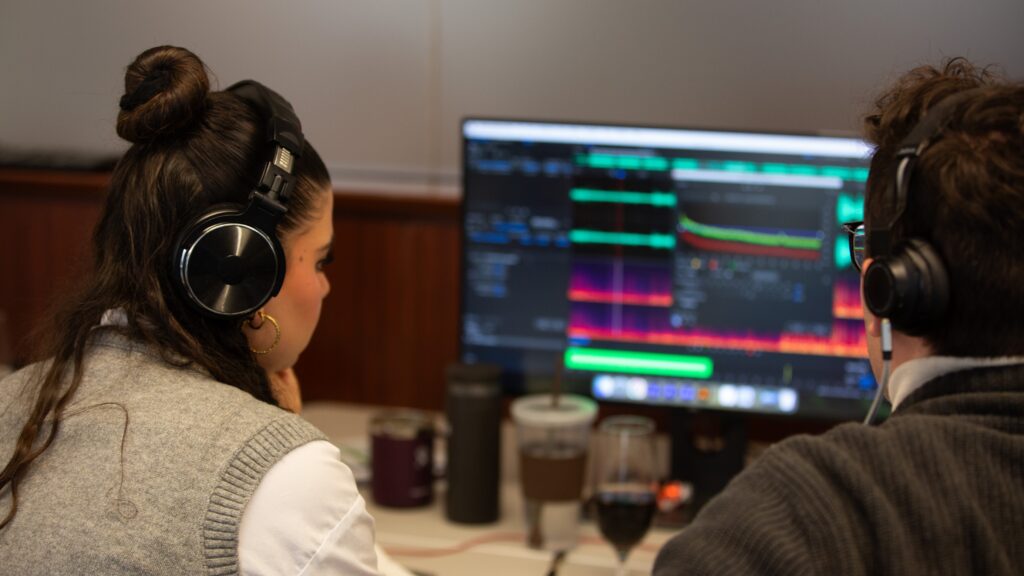
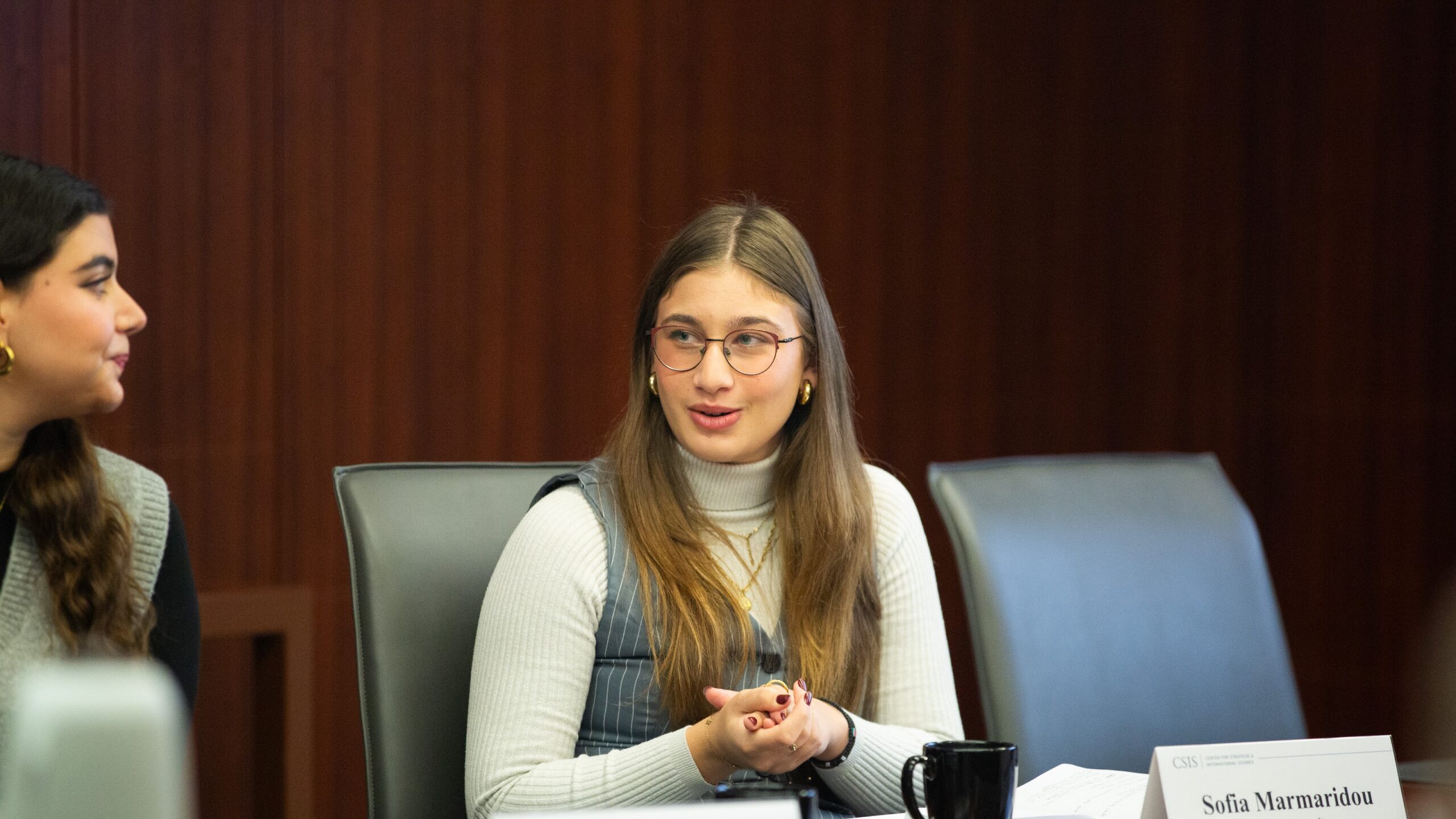
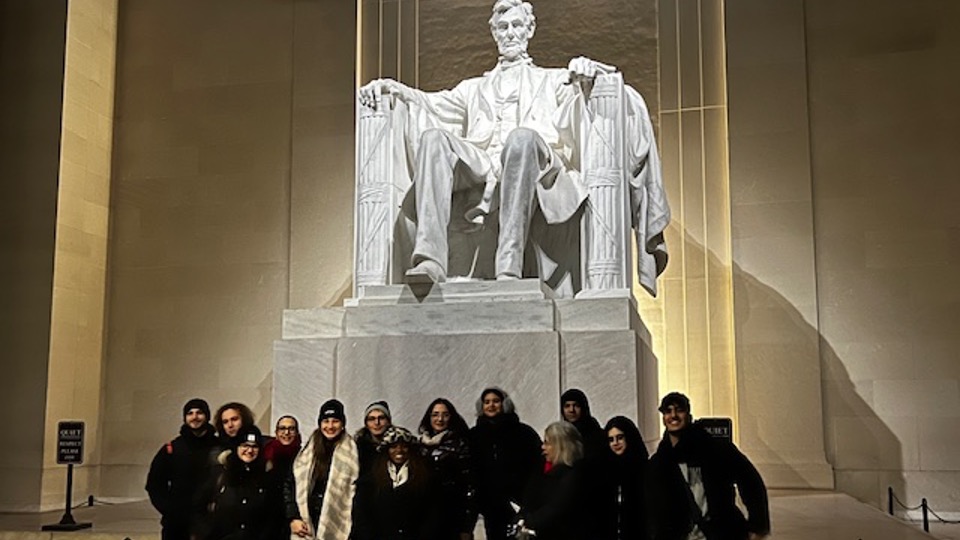

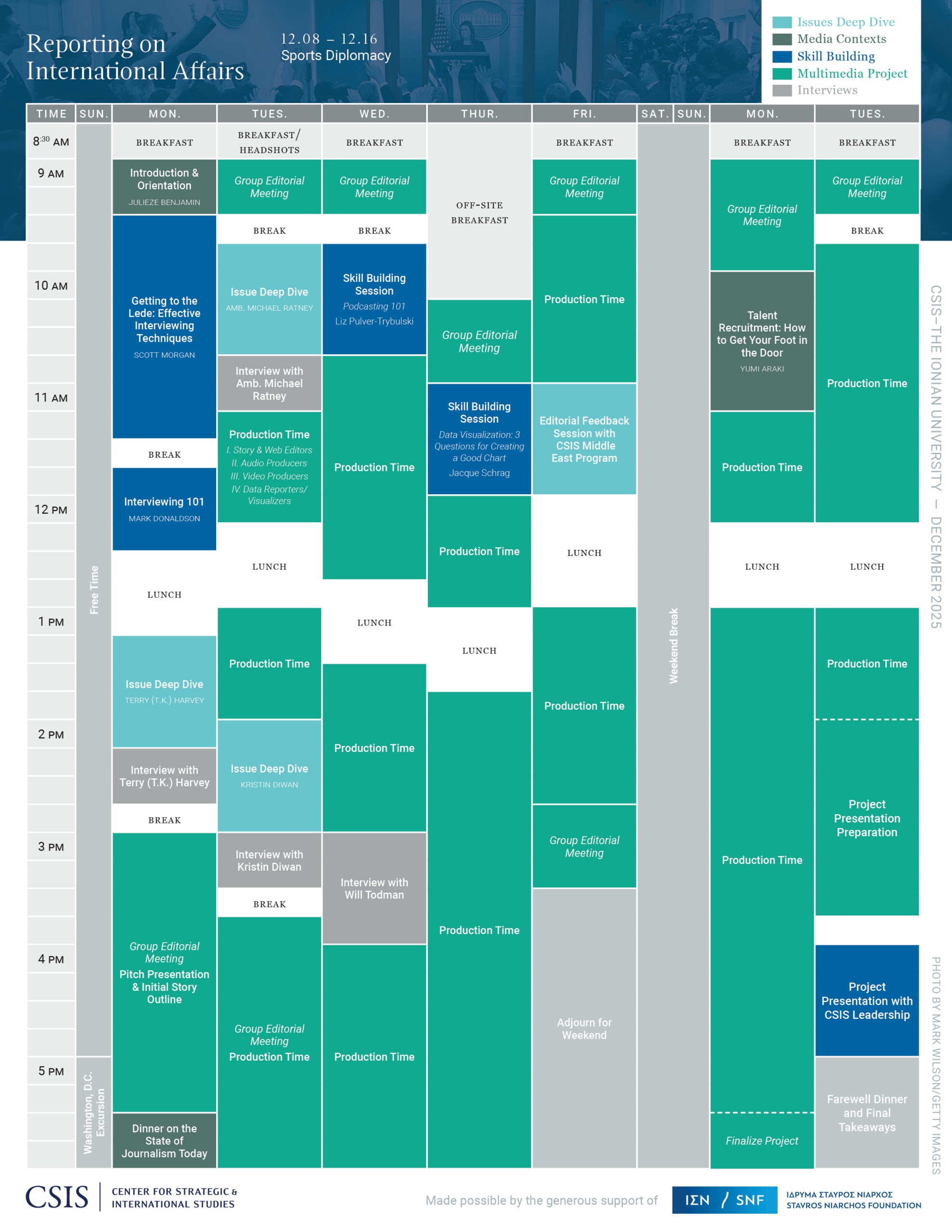
 https://journalism.csis.org/wp-content/uploads/2026/01/GettyImages-1705404700-400×300.jpg
https://journalism.csis.org/wp-content/uploads/2026/01/GettyImages-1705404700-400×300.jpg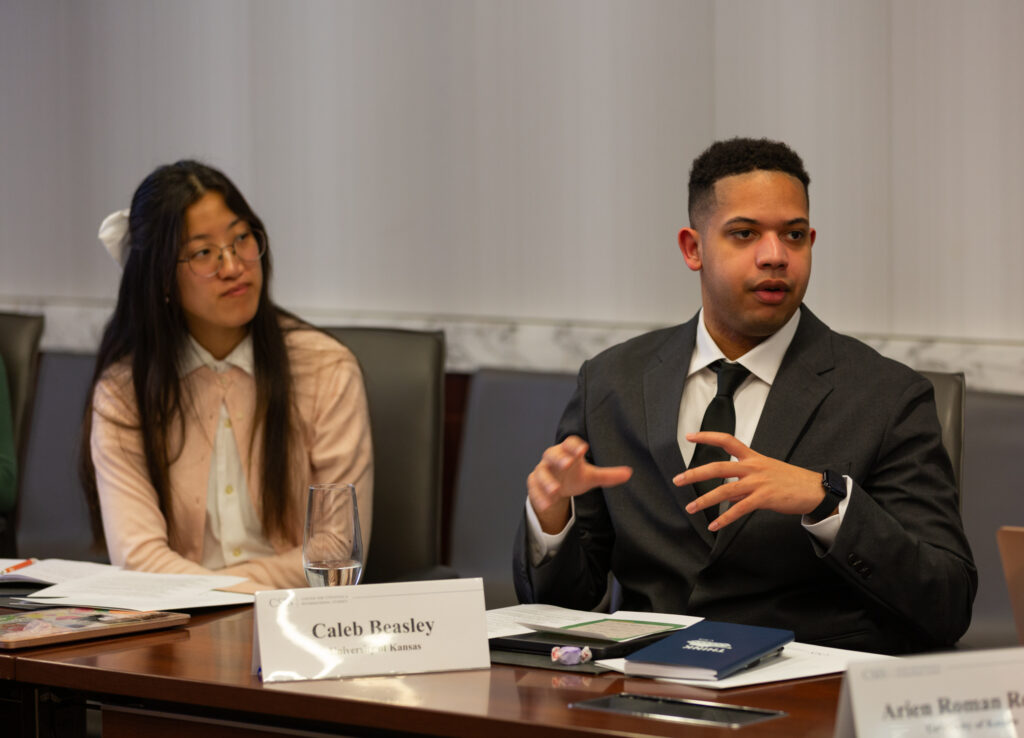
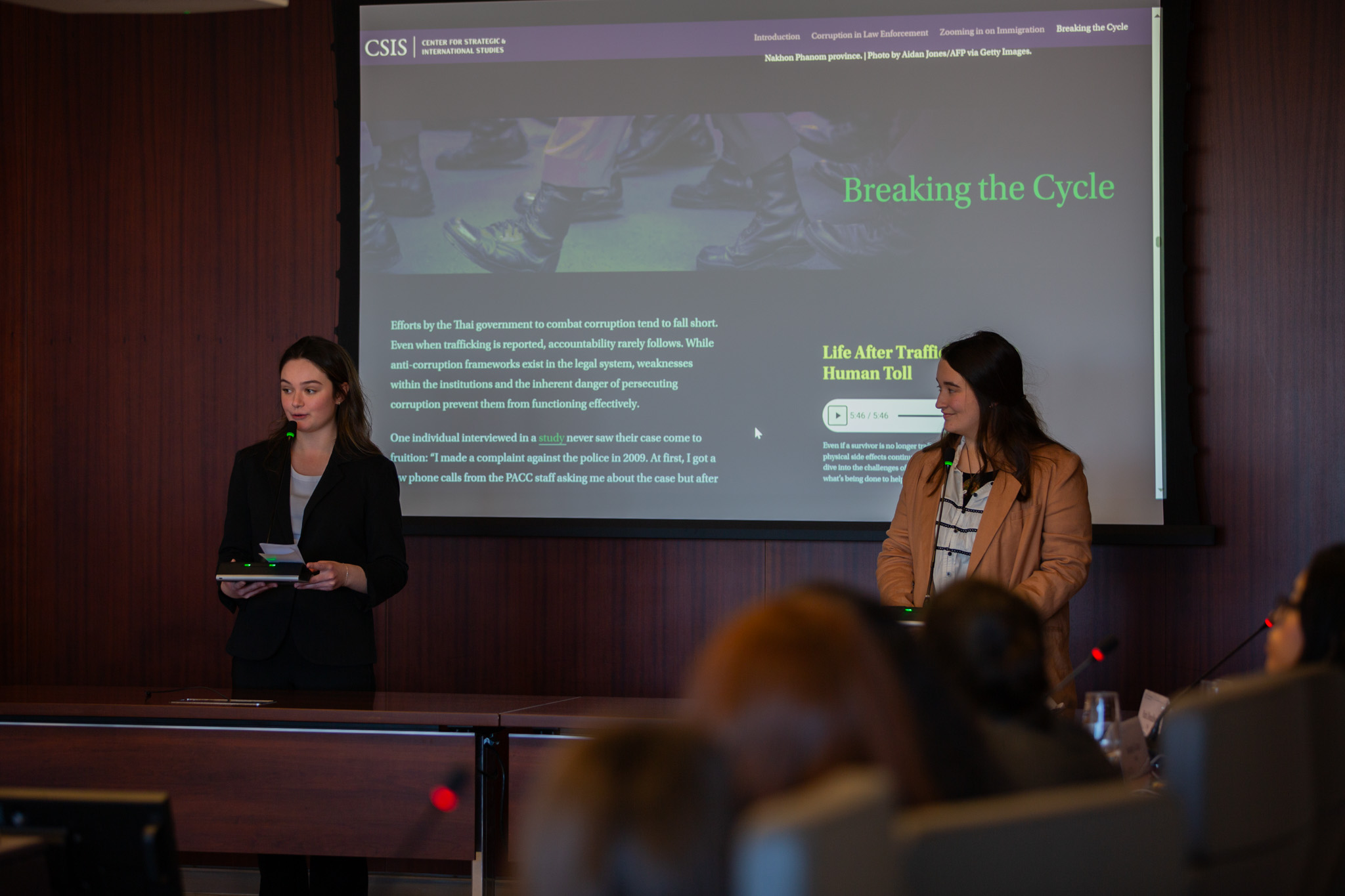
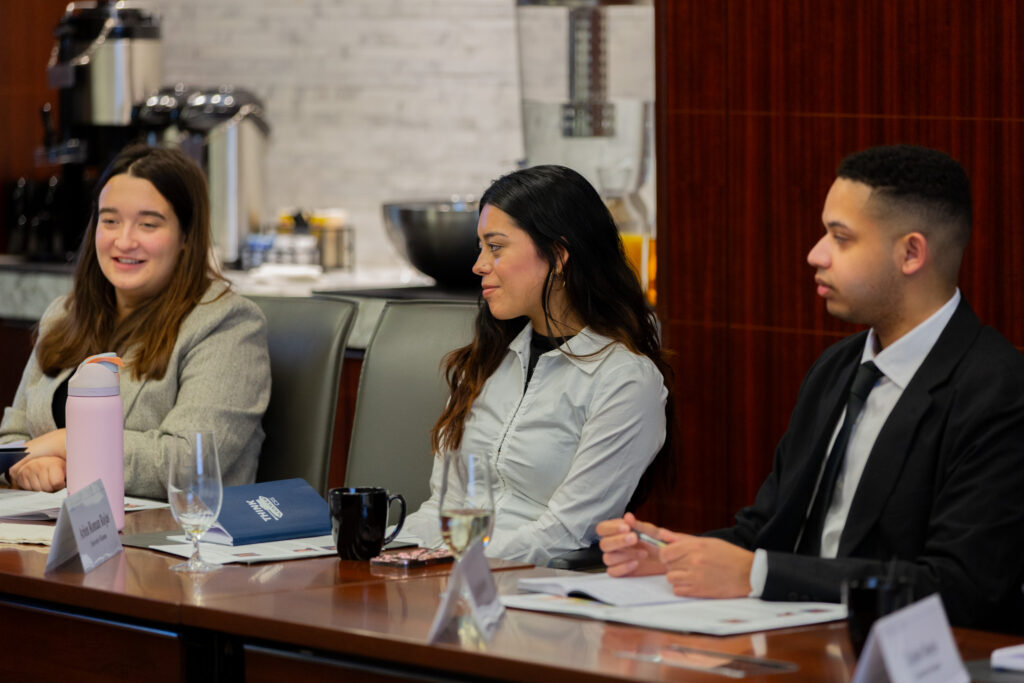


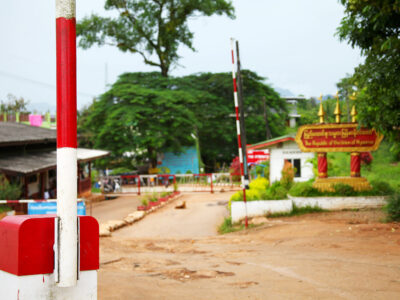 https://journalism.csis.org/wp-content/uploads/2025/05/thumb-photo-1-400×300.jpeg
https://journalism.csis.org/wp-content/uploads/2025/05/thumb-photo-1-400×300.jpeg




 https://journalism.csis.org/wp-content/uploads/2025/03/Wellesley-Bootcamp-Cover-copy-1-400×300.jpg
https://journalism.csis.org/wp-content/uploads/2025/03/Wellesley-Bootcamp-Cover-copy-1-400×300.jpg




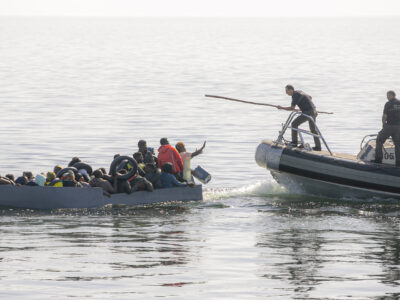 https://journalism.csis.org/wp-content/uploads/2025/01/GettyImages-1244373745-400×300.jpg
https://journalism.csis.org/wp-content/uploads/2025/01/GettyImages-1244373745-400×300.jpg
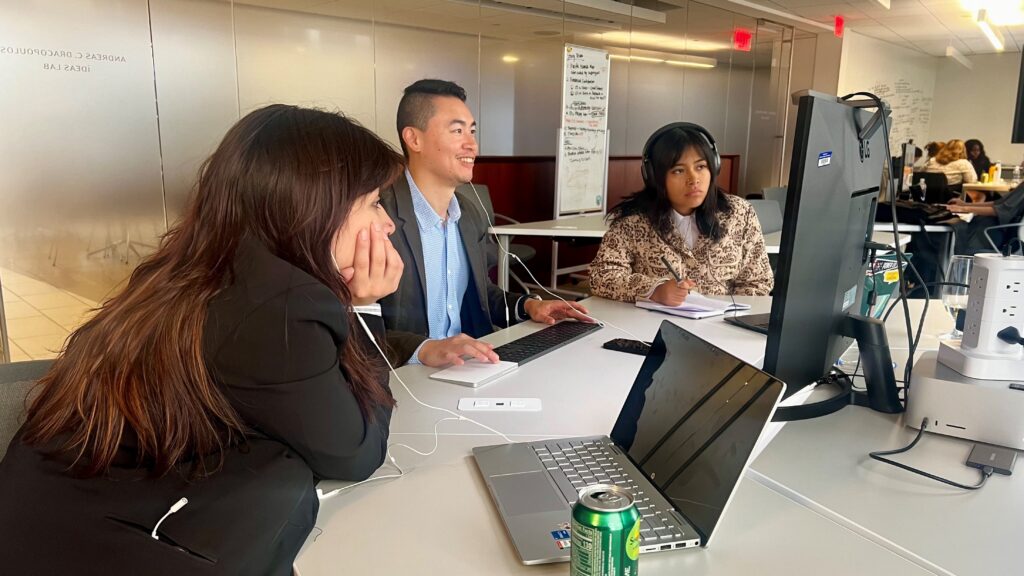
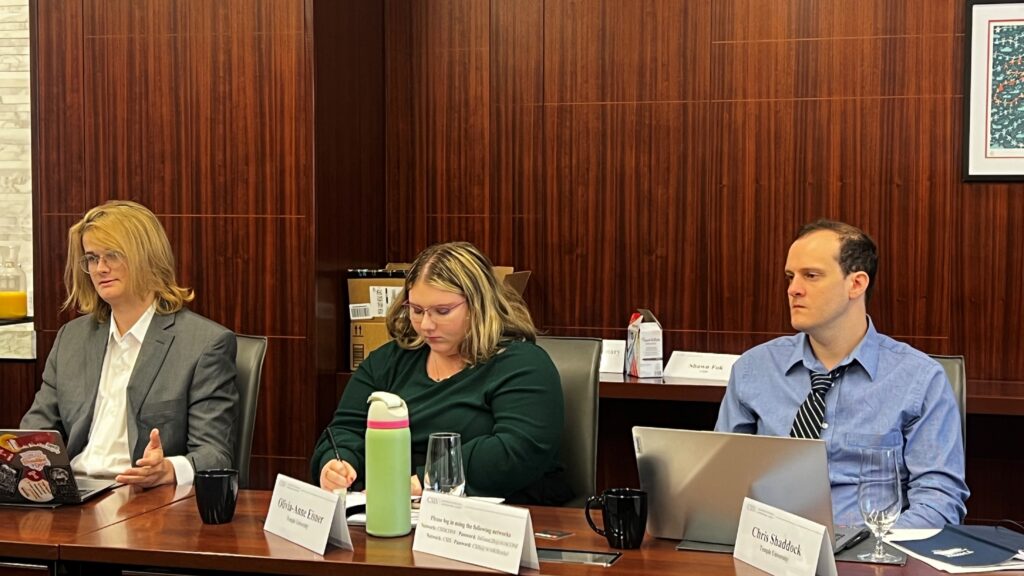


 https://journalism.csis.org/wp-content/uploads/2024/11/temple-header.0-400×300.jpg
https://journalism.csis.org/wp-content/uploads/2024/11/temple-header.0-400×300.jpg



 https://journalism.csis.org/wp-content/uploads/2024/10/GettyImages-2150521528-400×300.jpg
https://journalism.csis.org/wp-content/uploads/2024/10/GettyImages-2150521528-400×300.jpg



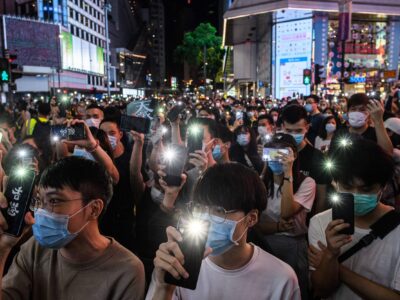 https://journalism.csis.org/wp-content/uploads/2024/08/GettyImages-1219606267-1-400×300.jpg
https://journalism.csis.org/wp-content/uploads/2024/08/GettyImages-1219606267-1-400×300.jpg




 https://journalism.csis.org/wp-content/uploads/2024/05/UTSA-cover-photo-400×300.jpeg
https://journalism.csis.org/wp-content/uploads/2024/05/UTSA-cover-photo-400×300.jpeg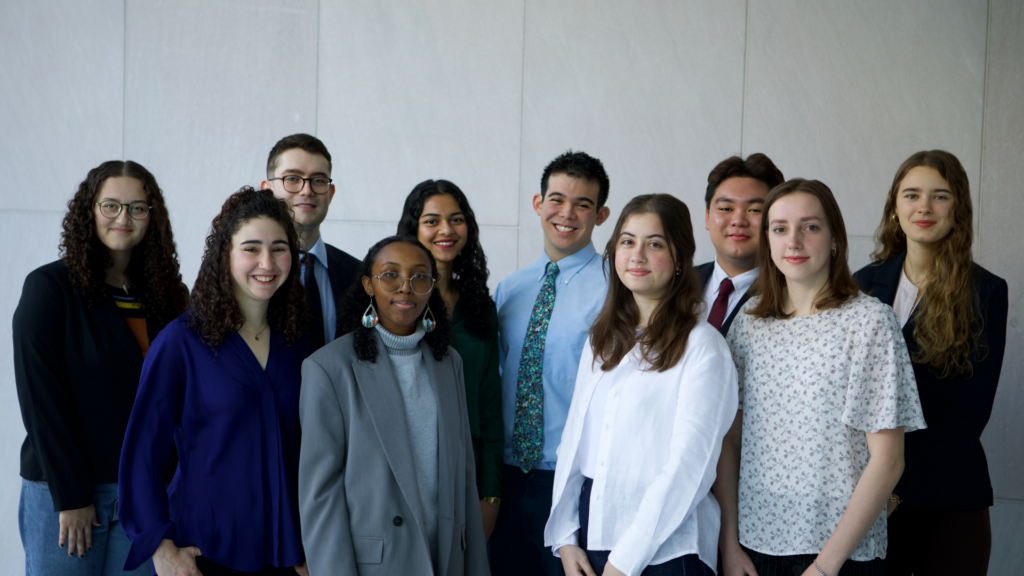
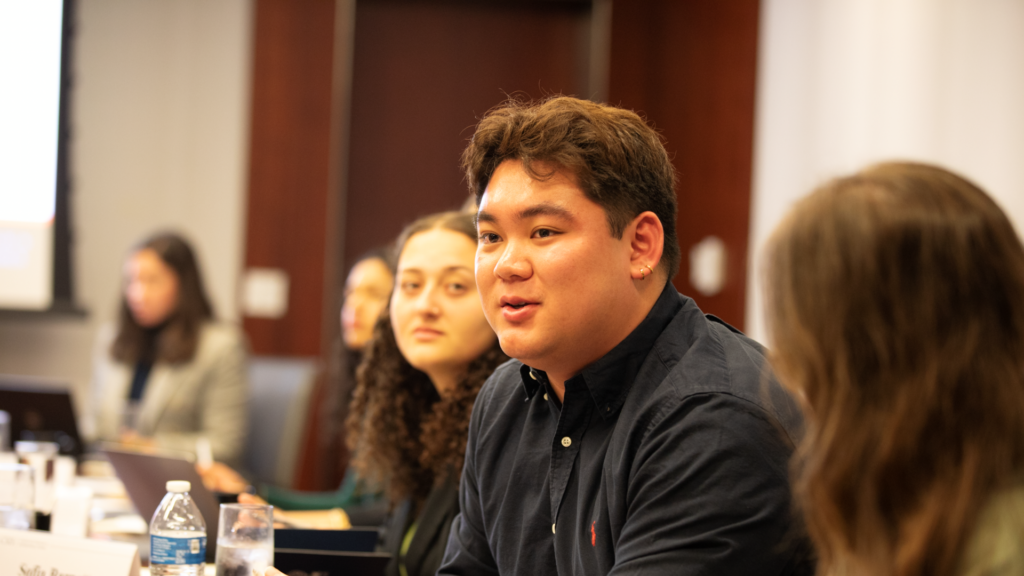
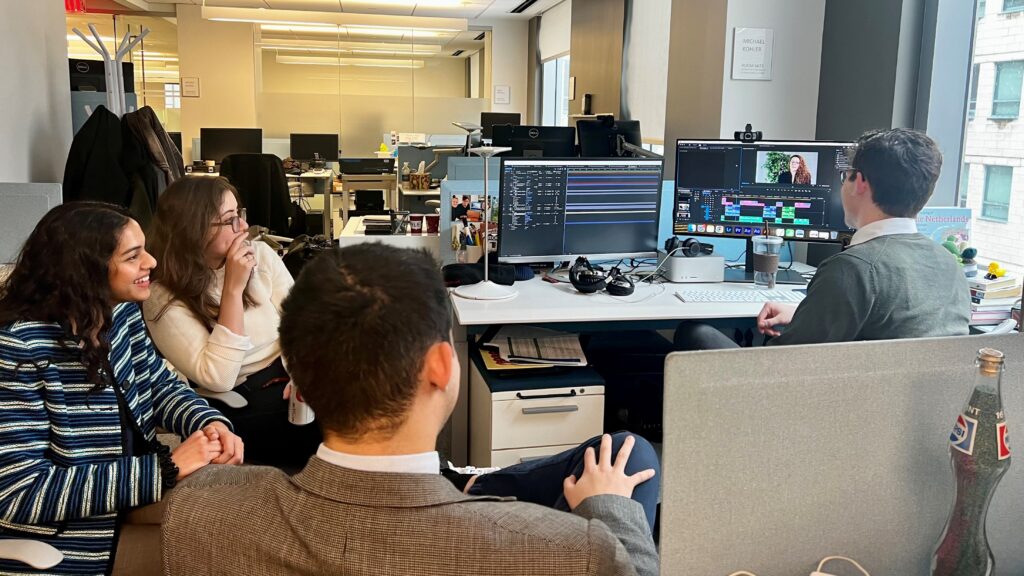
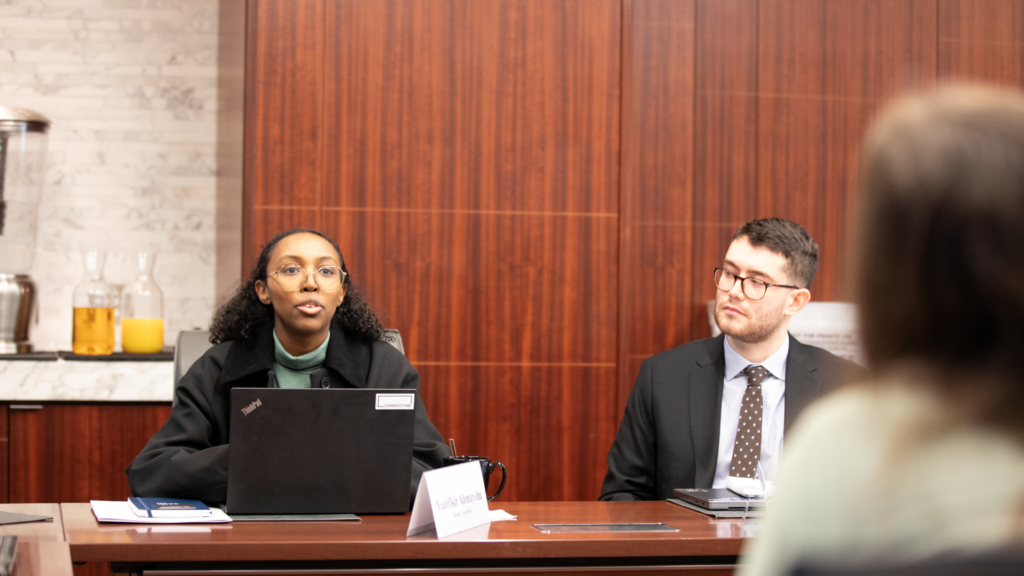
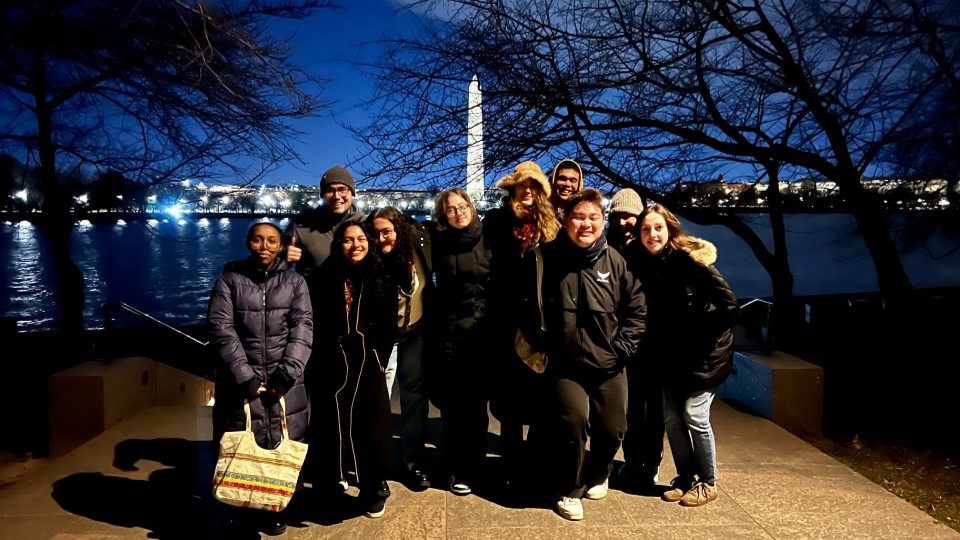
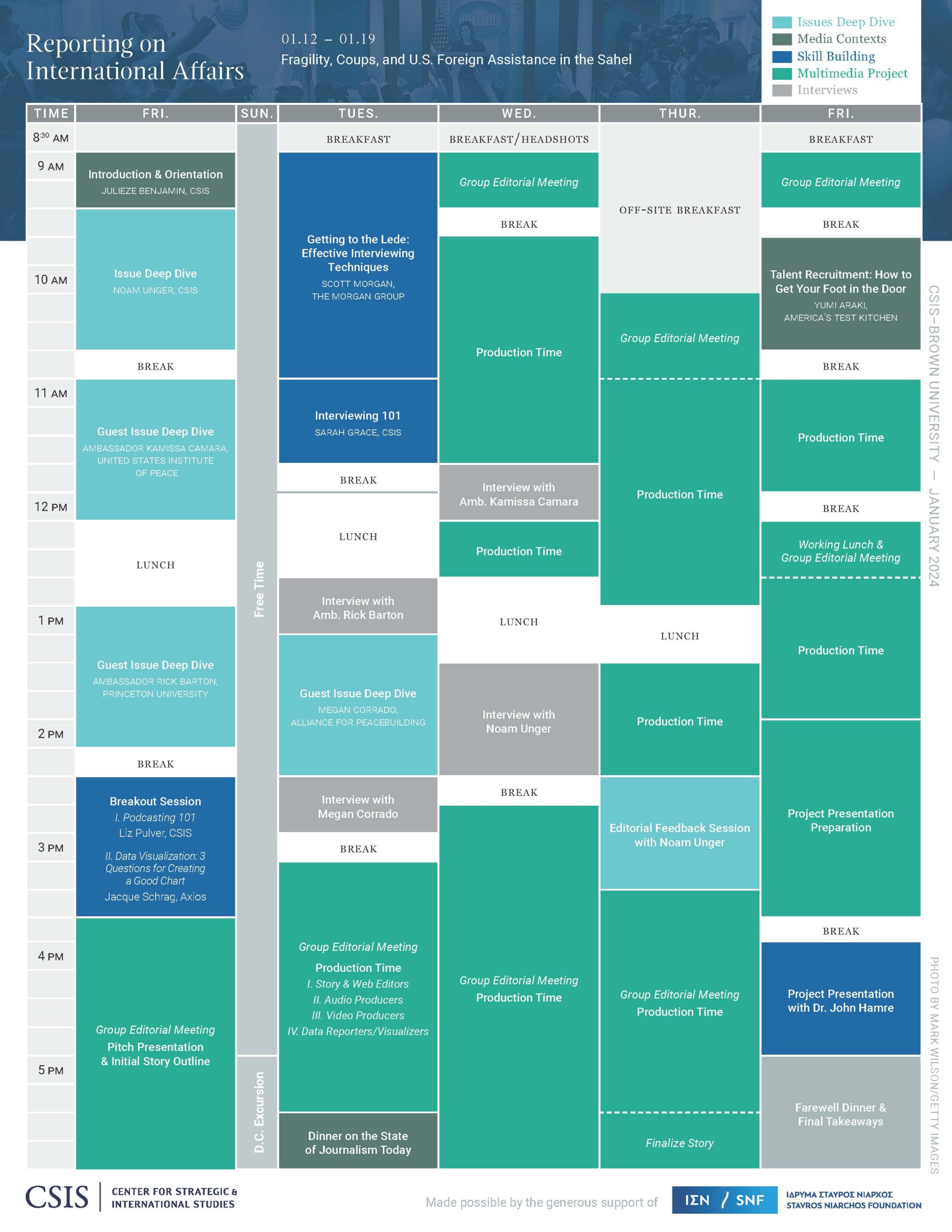
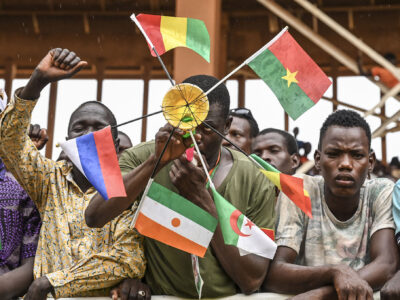 https://journalism.csis.org/wp-content/uploads/2024/03/GettyImages-1625960301-400×300.jpg
https://journalism.csis.org/wp-content/uploads/2024/03/GettyImages-1625960301-400×300.jpg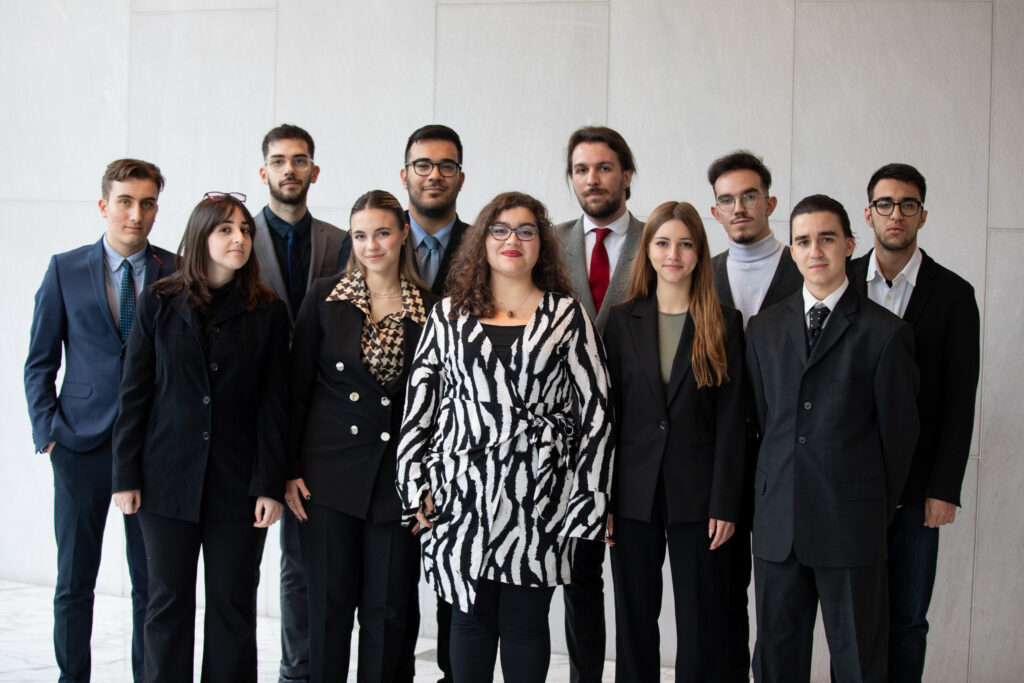
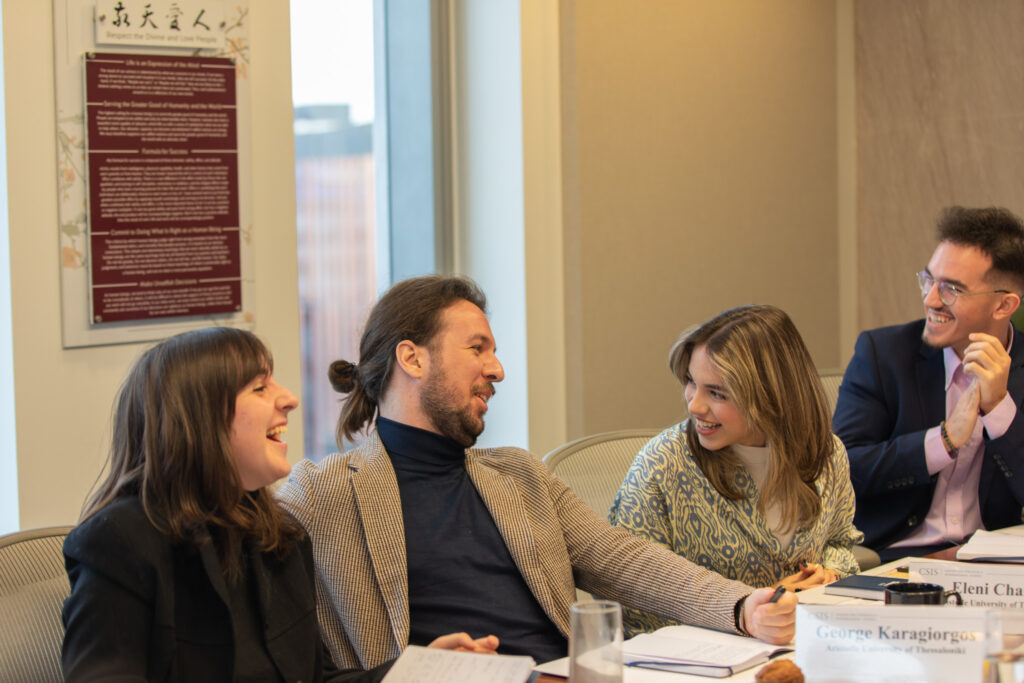
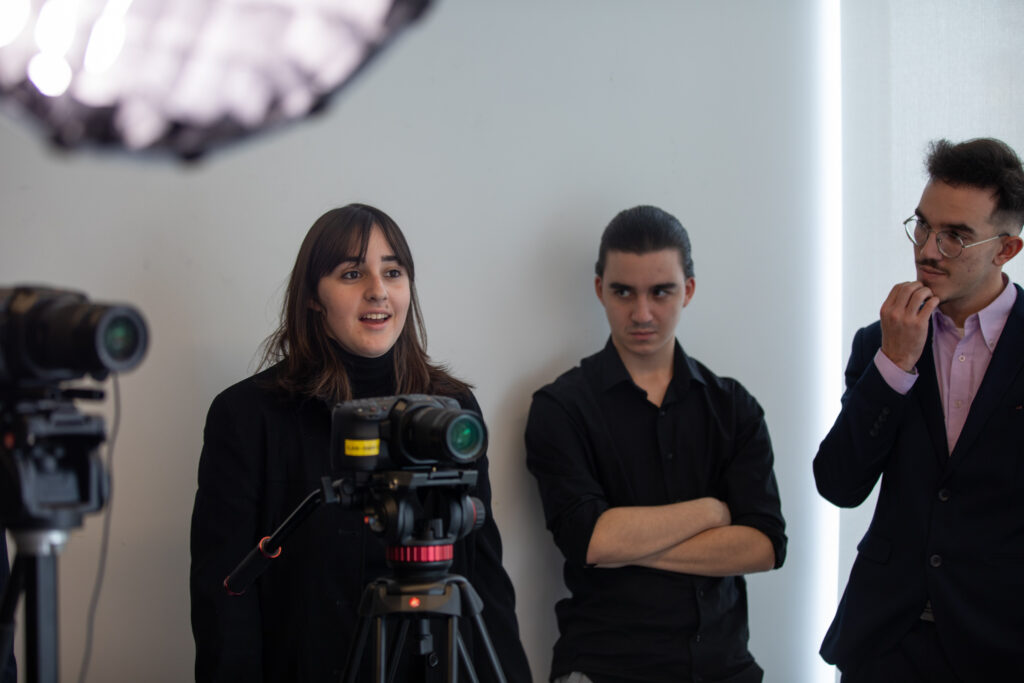
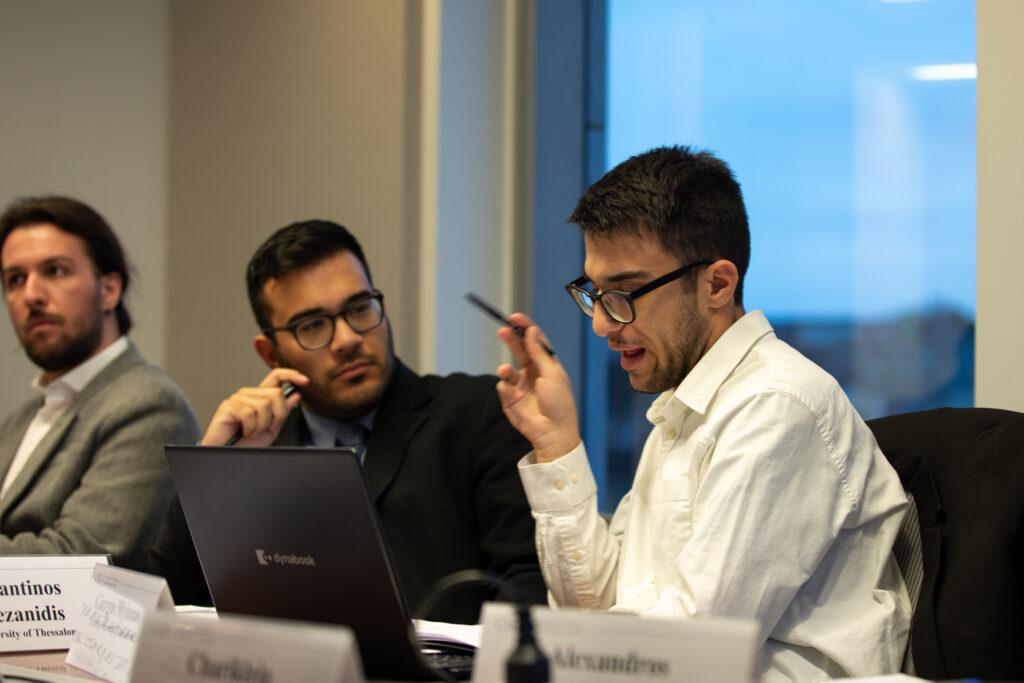
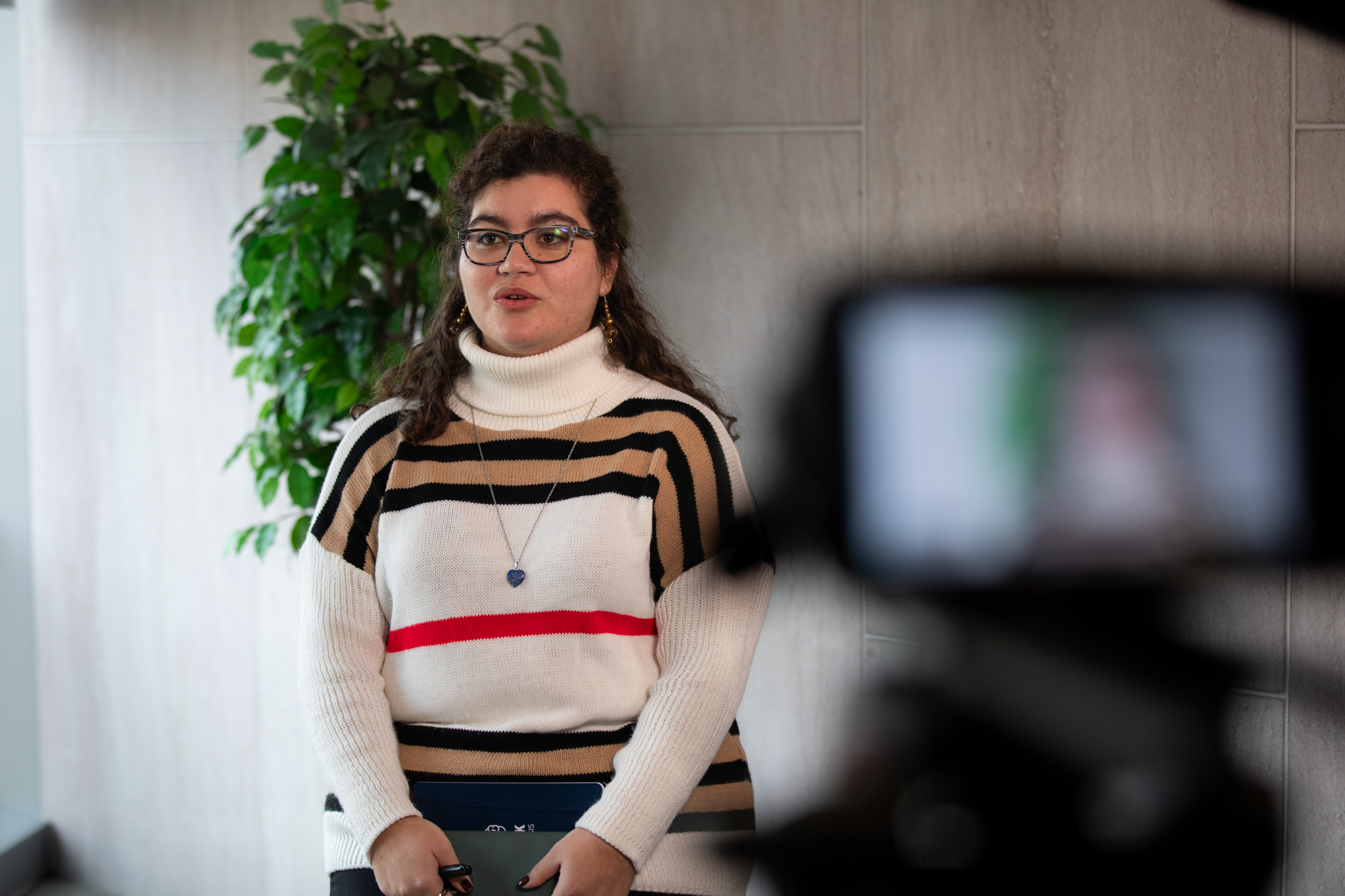
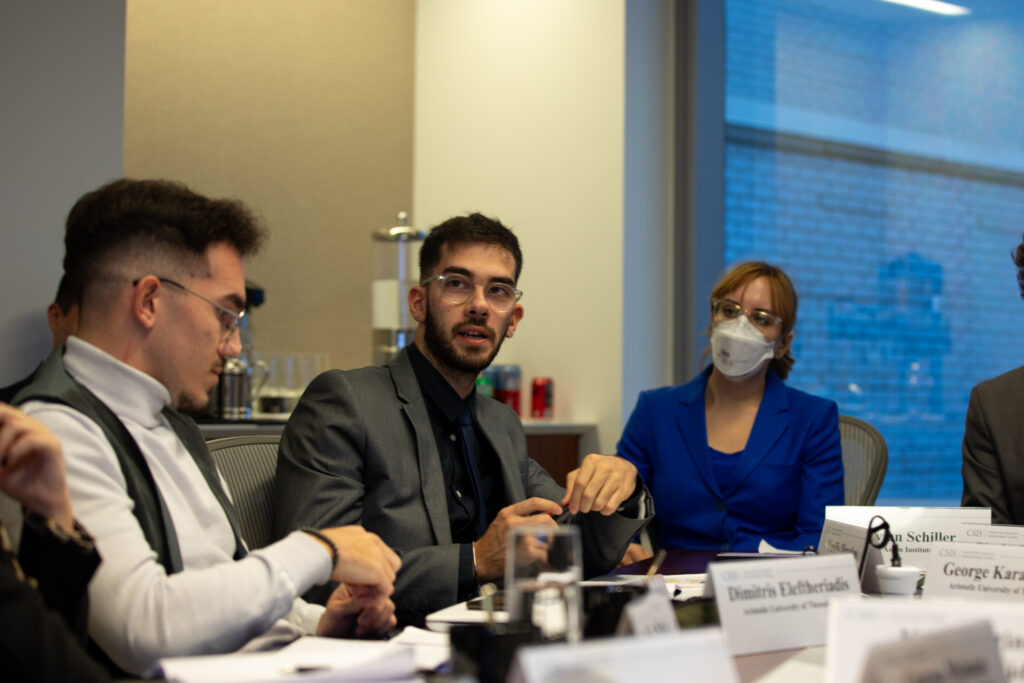
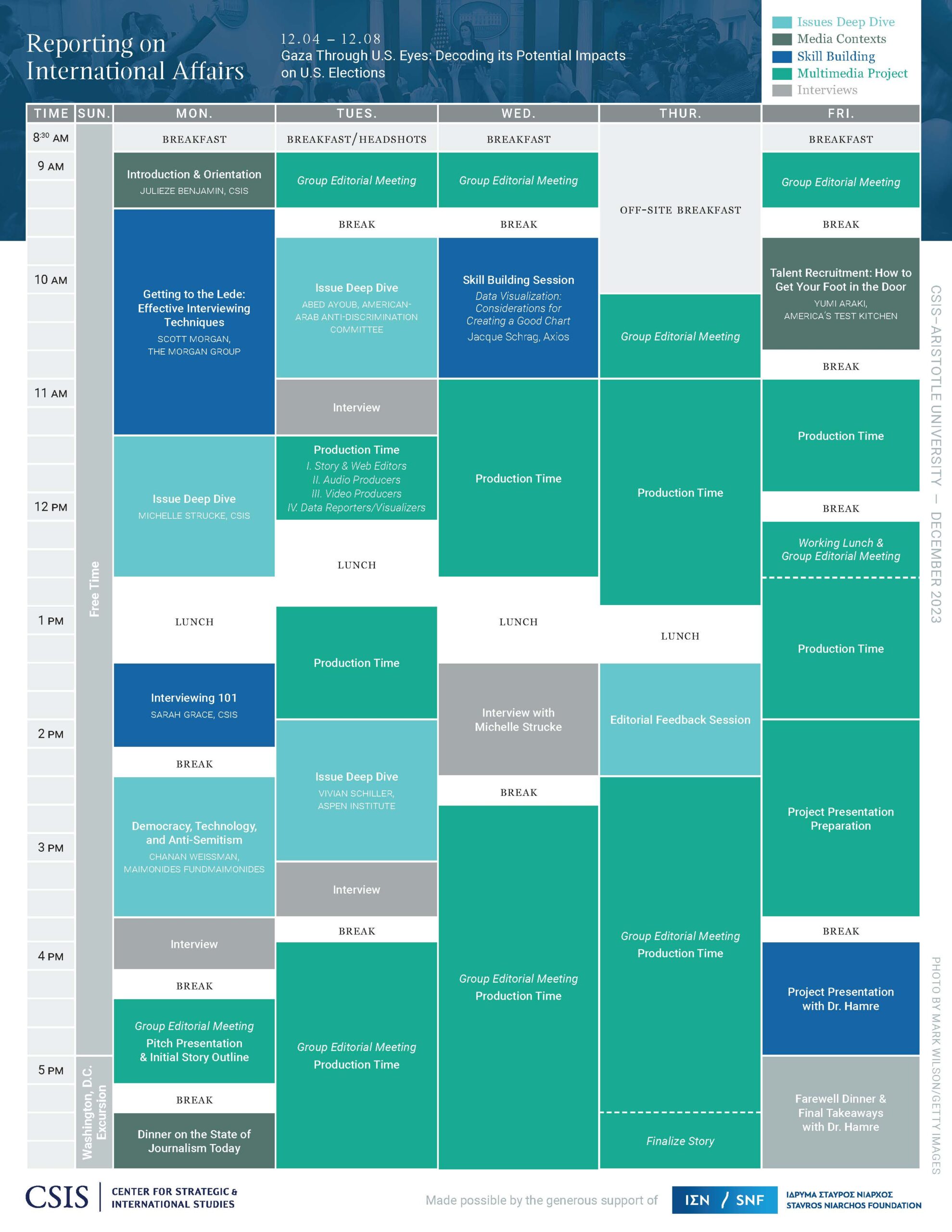
 https://journalism.csis.org/wp-content/uploads/2024/04/greece-cover-2100×1563-1-400×300.jpg
https://journalism.csis.org/wp-content/uploads/2024/04/greece-cover-2100×1563-1-400×300.jpg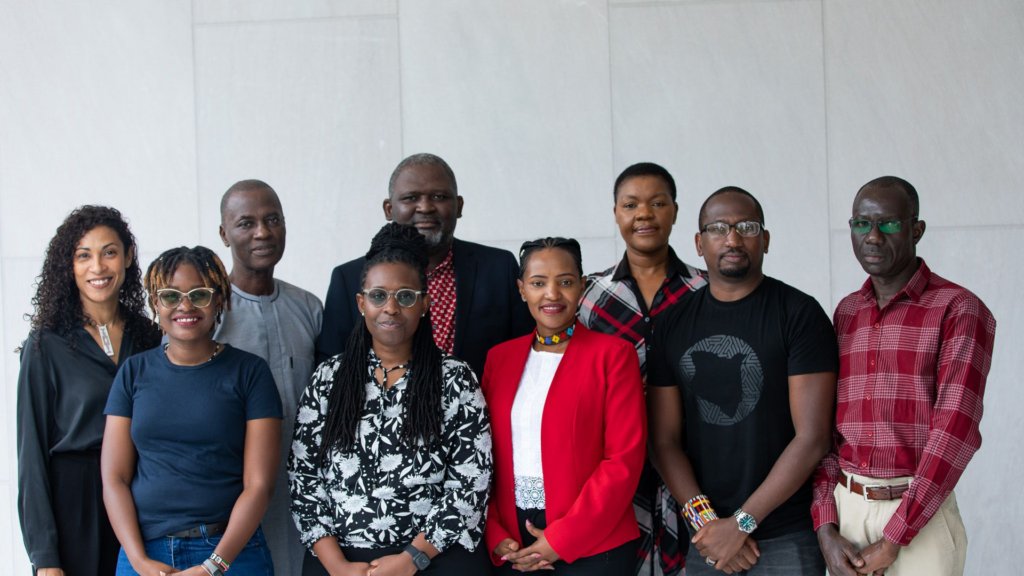
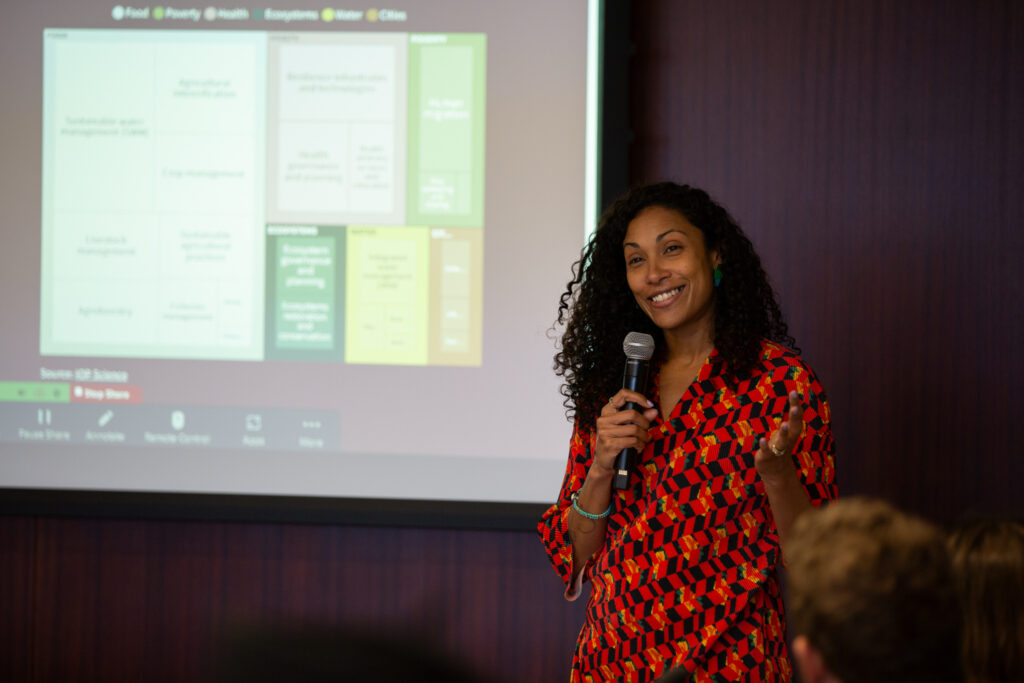
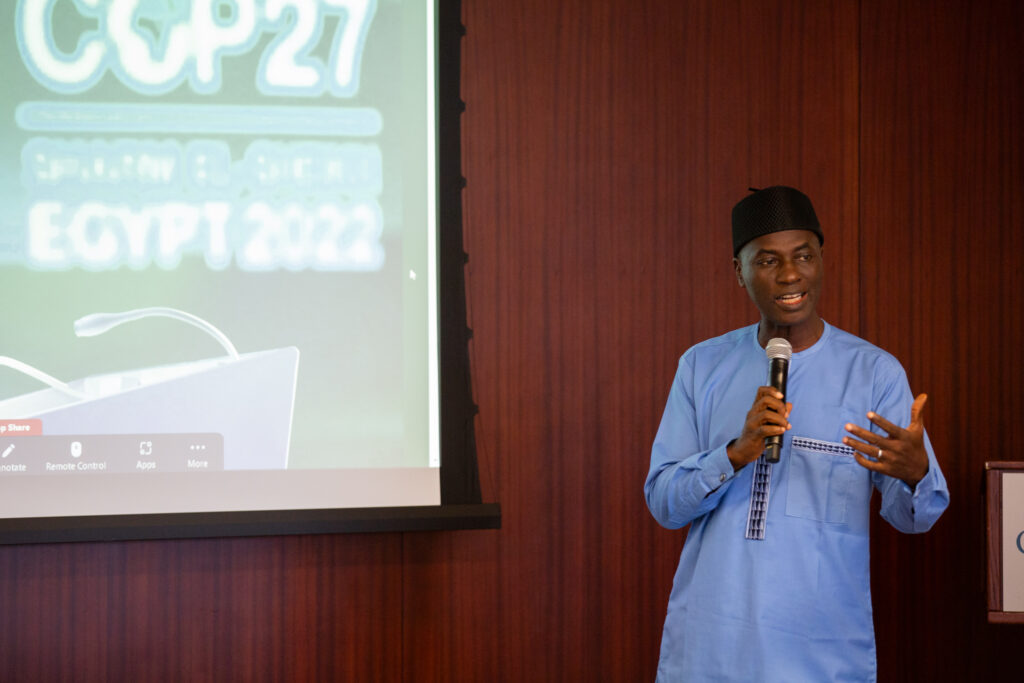
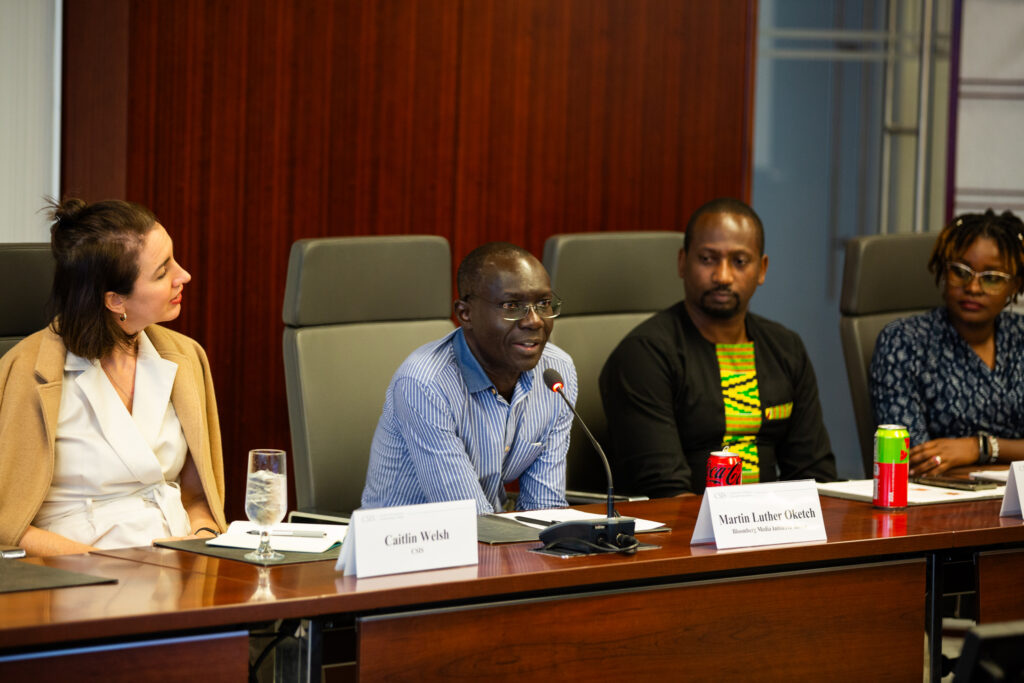

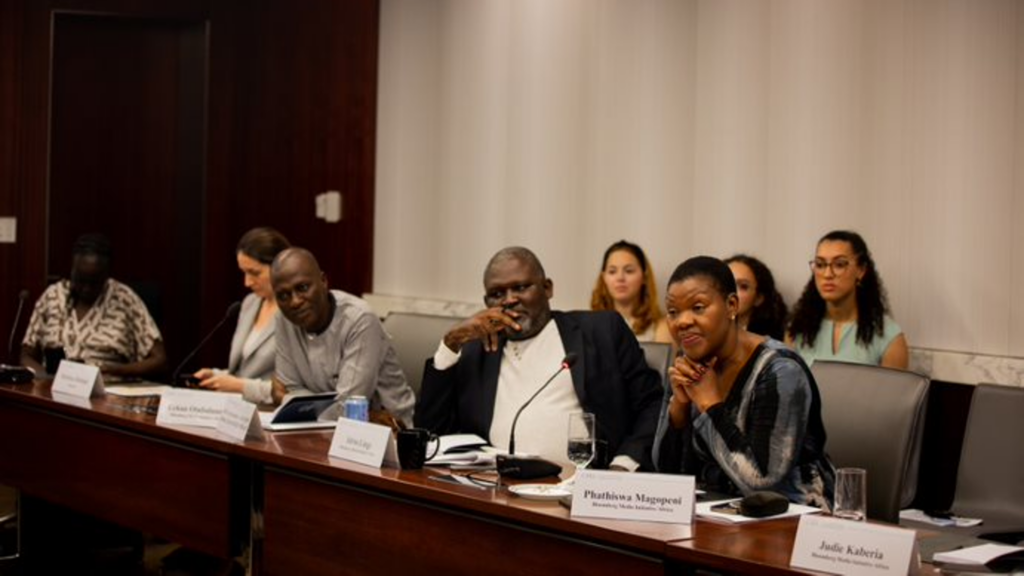
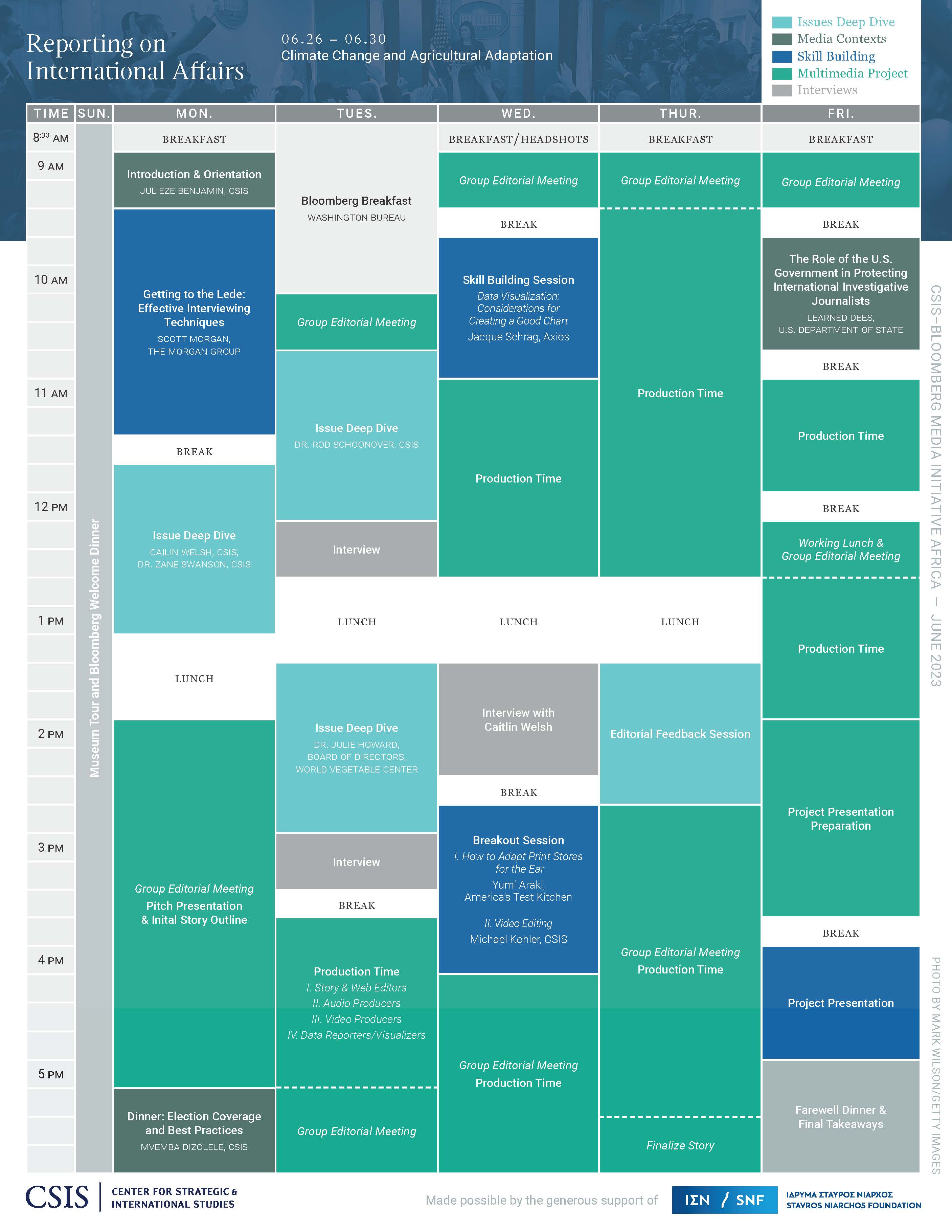
 https://journalism.csis.org/wp-content/uploads/2023/08/AdobeStock_600549104-400×300.jpeg
https://journalism.csis.org/wp-content/uploads/2023/08/AdobeStock_600549104-400×300.jpeg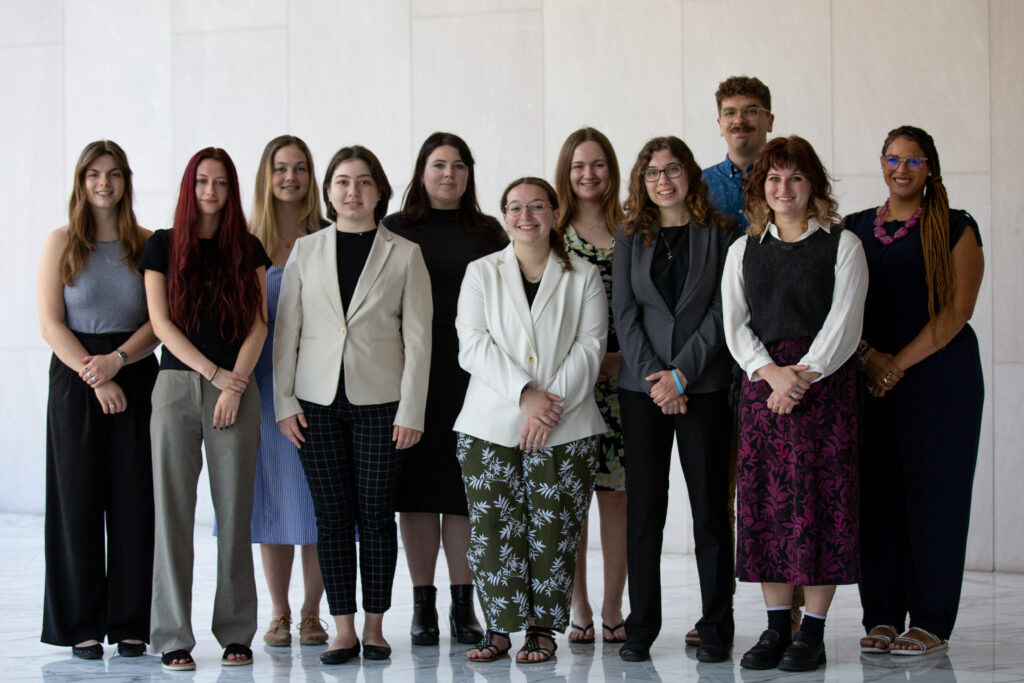
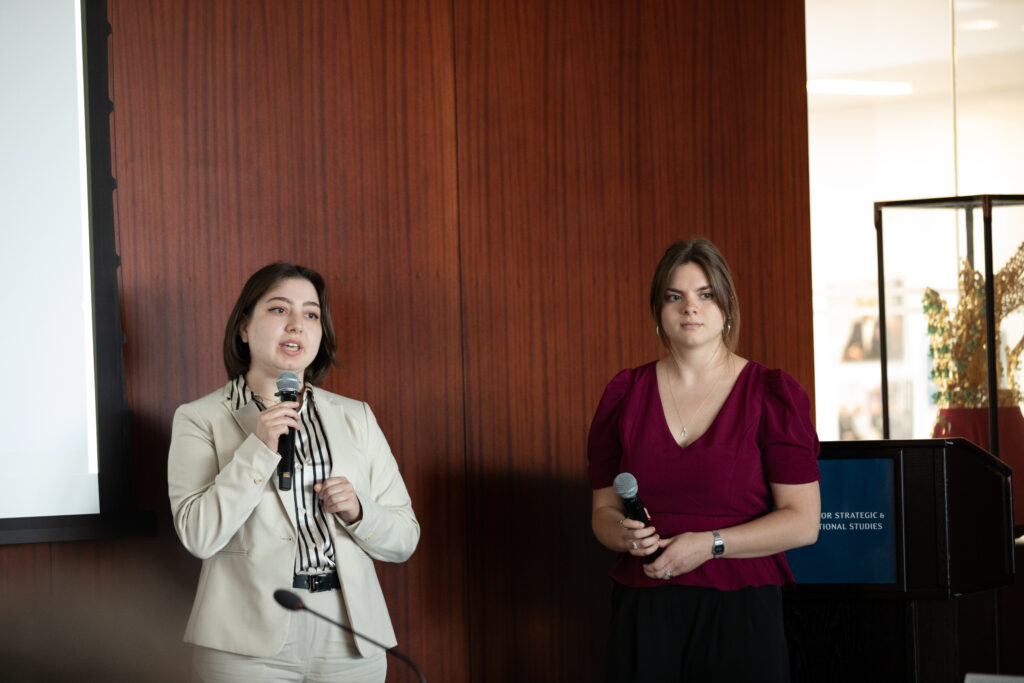
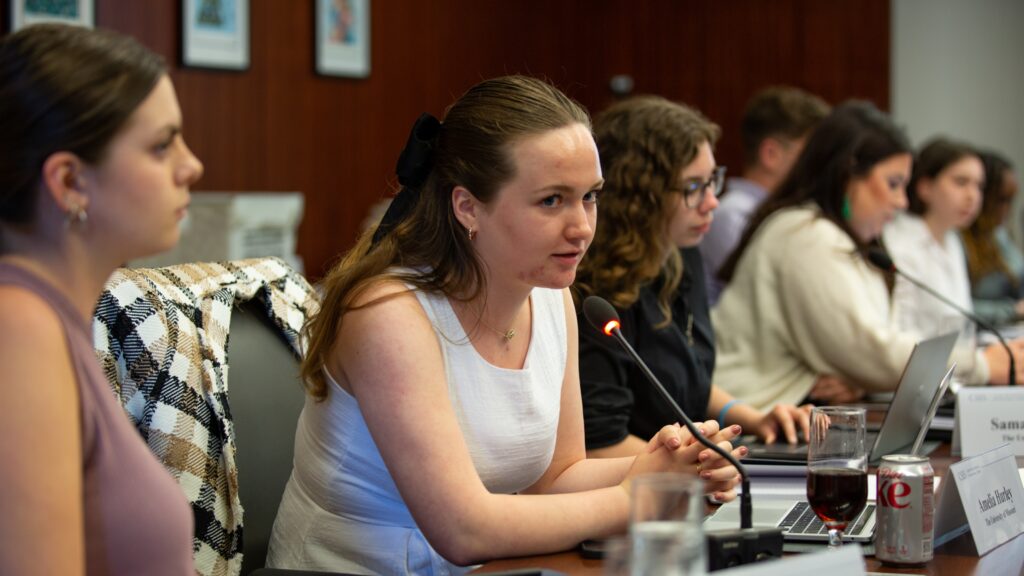
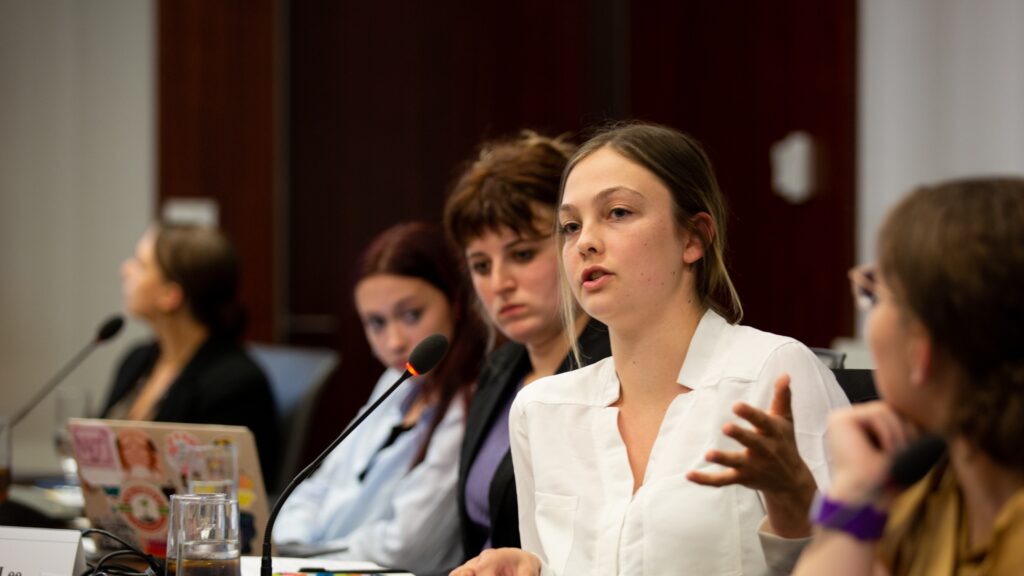
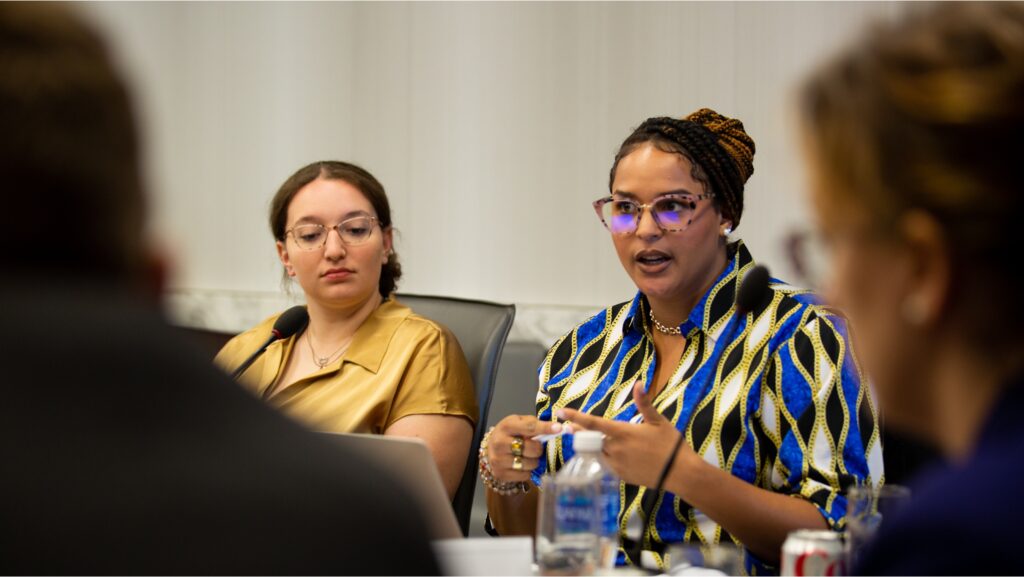
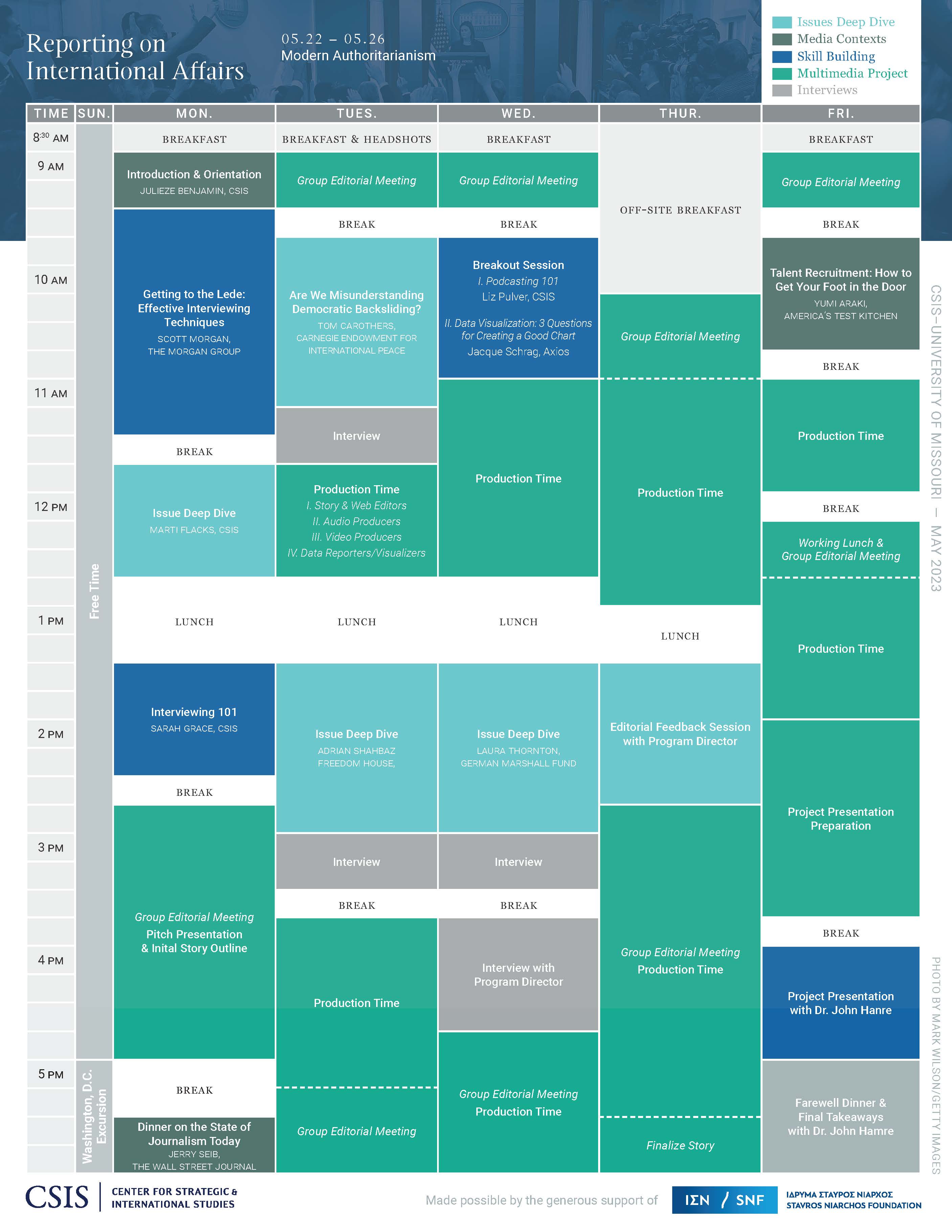
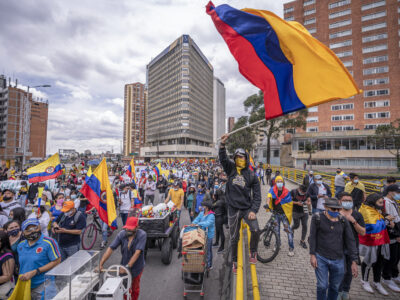 https://journalism.csis.org/wp-content/uploads/2023/07/Cover-photo-protest-400×300.jpeg
https://journalism.csis.org/wp-content/uploads/2023/07/Cover-photo-protest-400×300.jpeg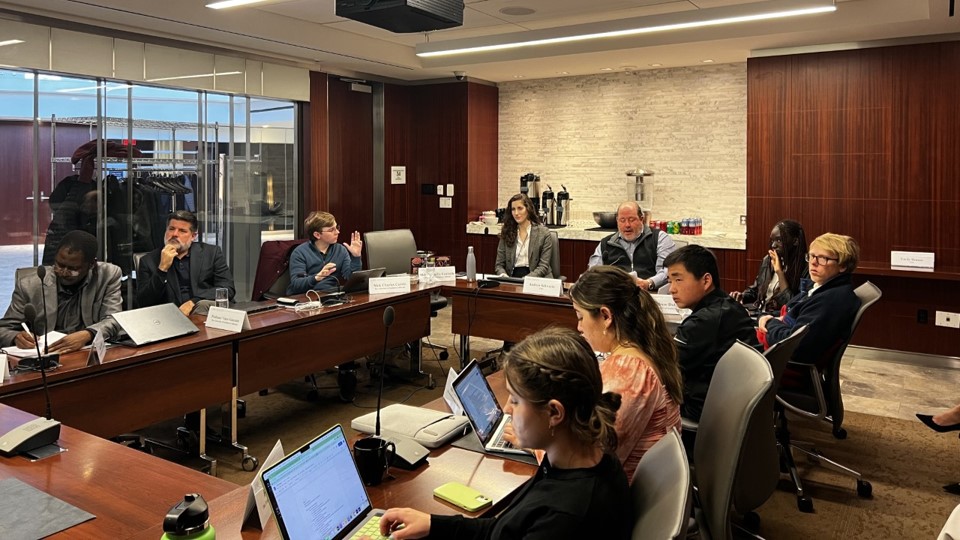
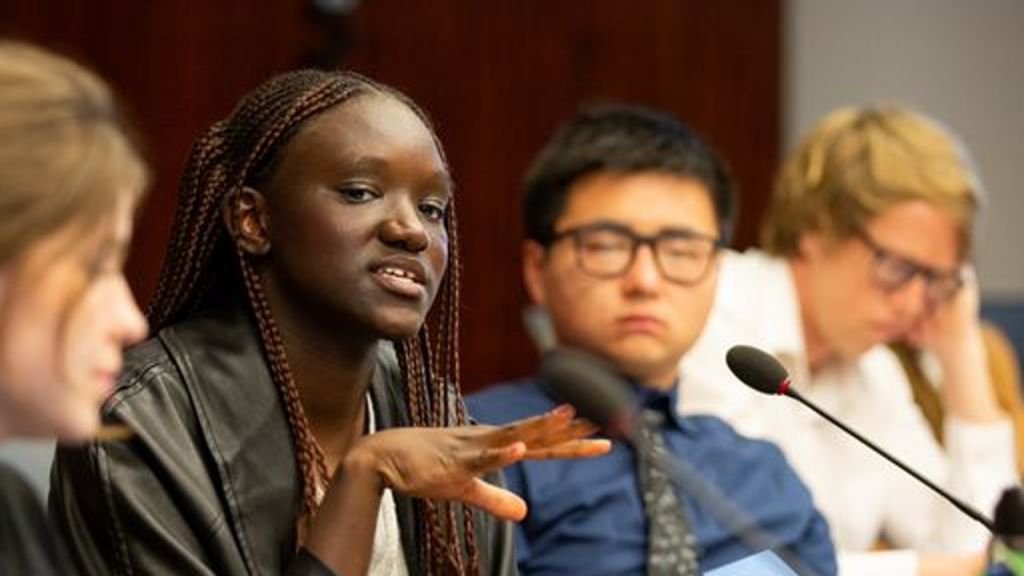
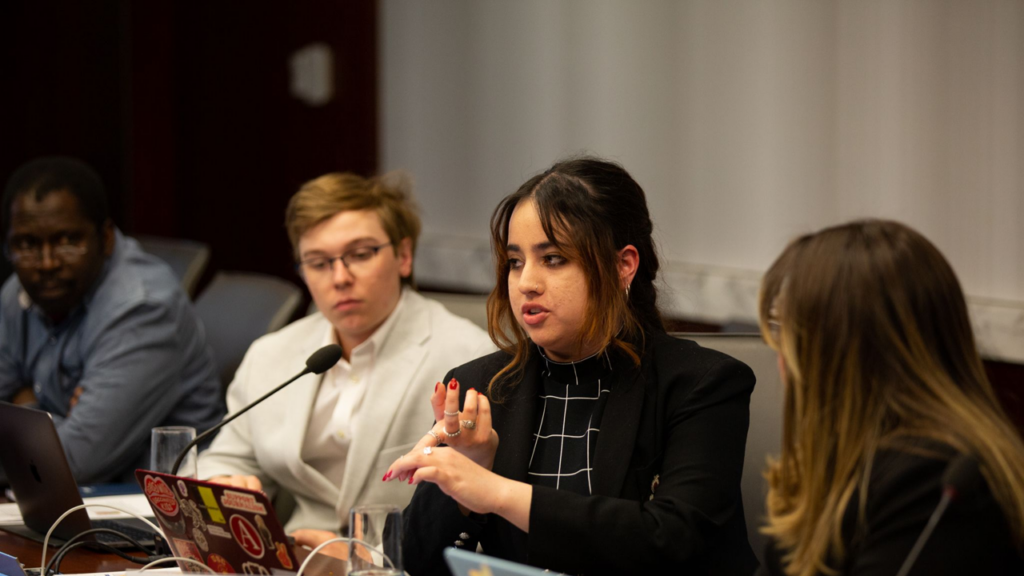
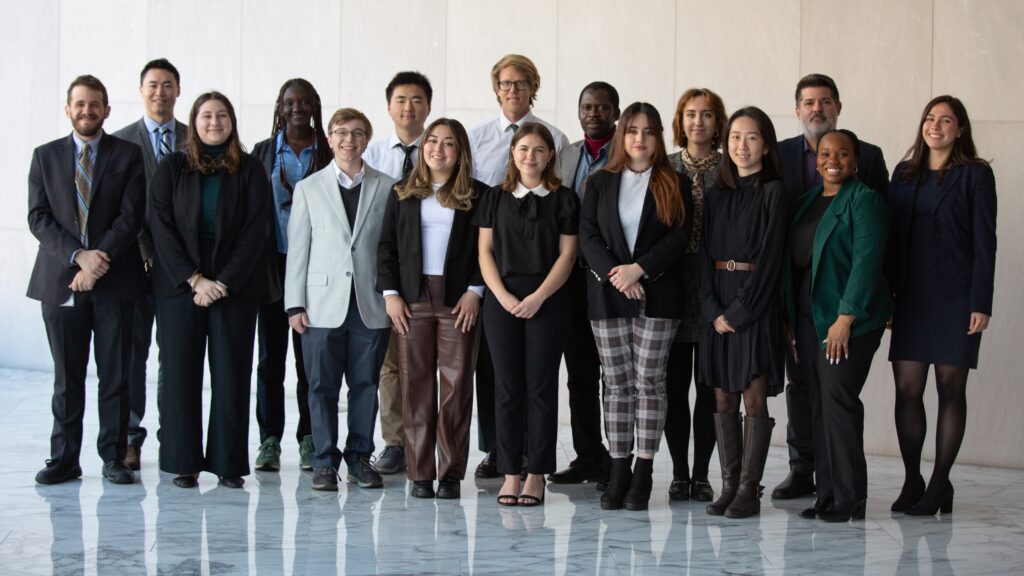

 https://journalism.csis.org/wp-content/uploads/2023/05/Electric-Avenues-thumb-400×300.jpg
https://journalism.csis.org/wp-content/uploads/2023/05/Electric-Avenues-thumb-400×300.jpg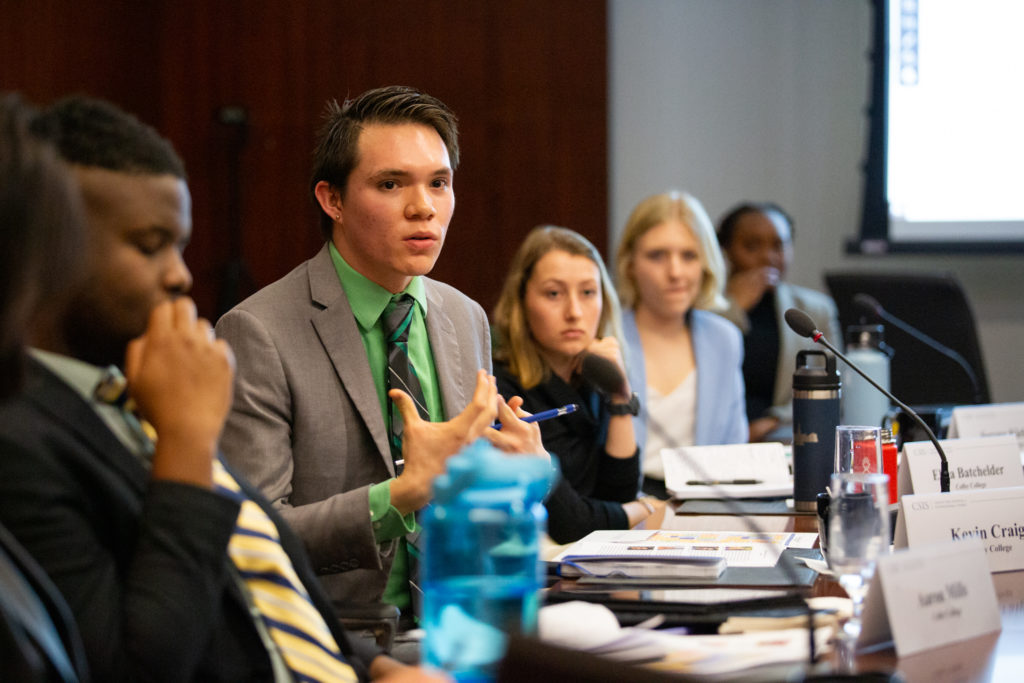
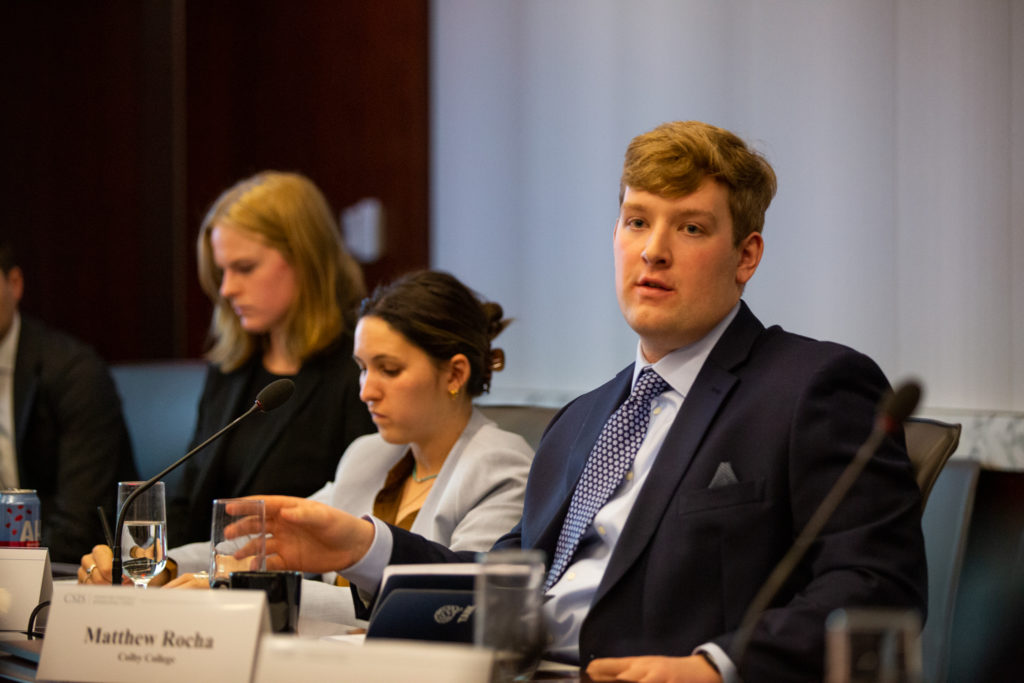
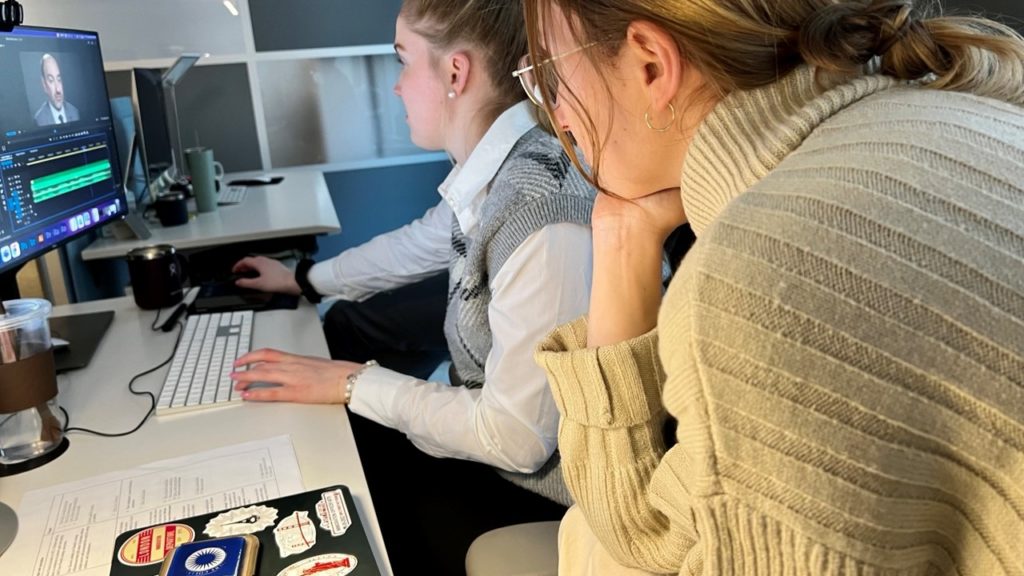

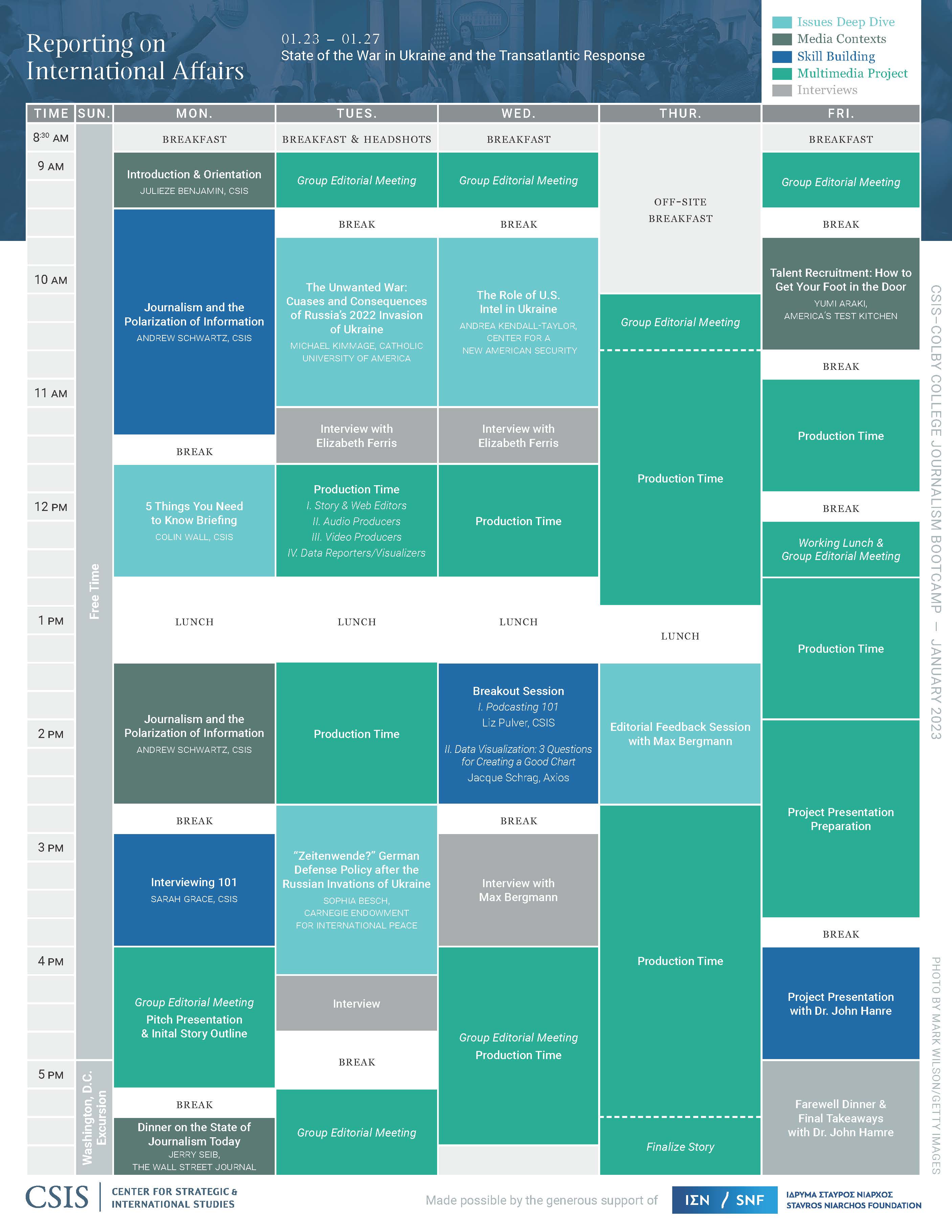
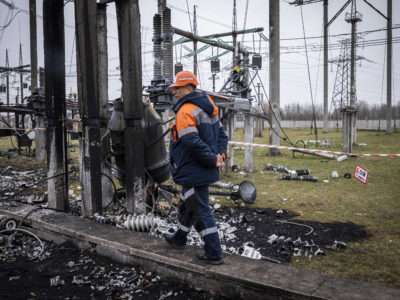 https://journalism.csis.org/wp-content/uploads/2023/03/ukraine-power-substation-400×300.jpg
https://journalism.csis.org/wp-content/uploads/2023/03/ukraine-power-substation-400×300.jpg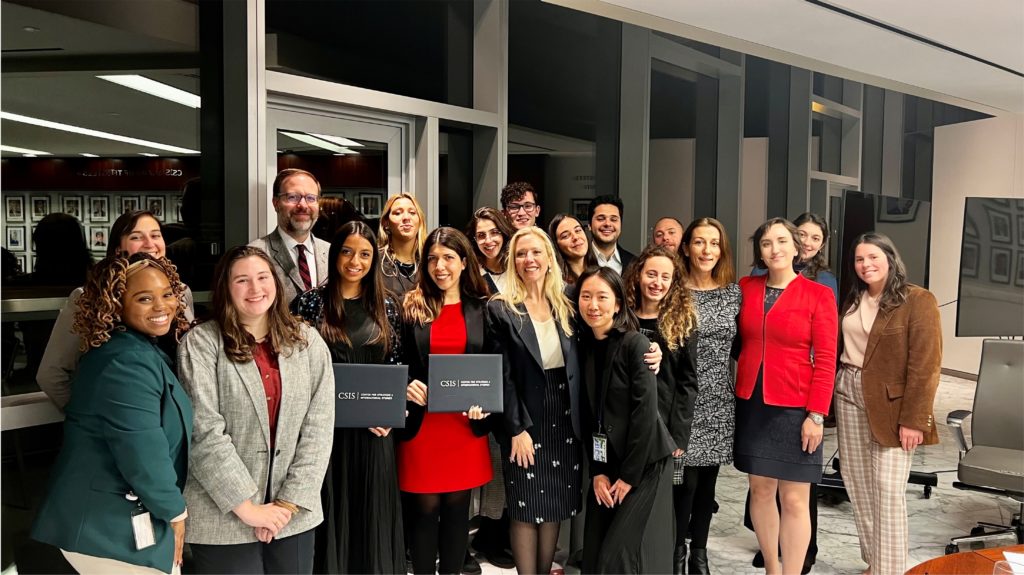
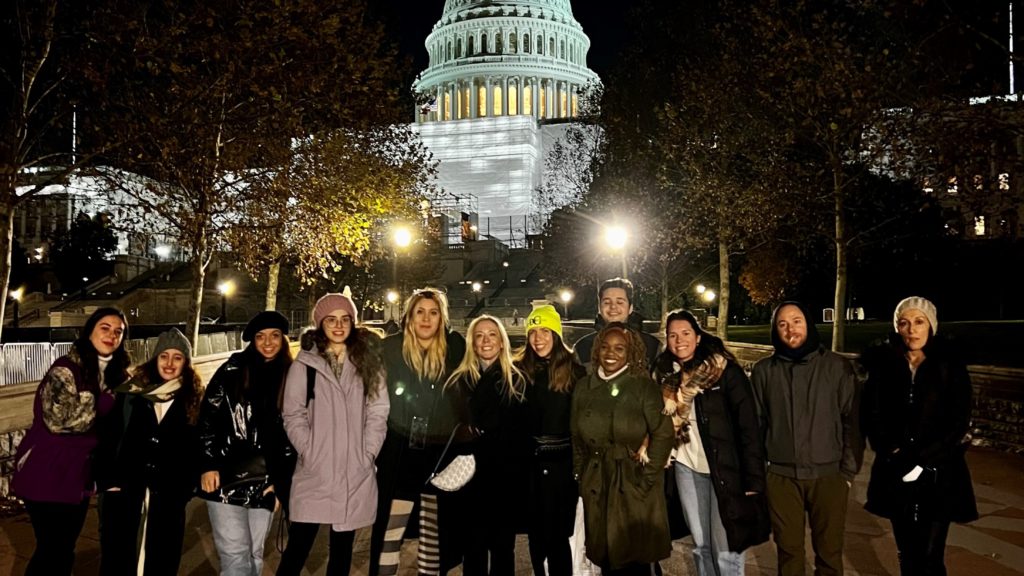

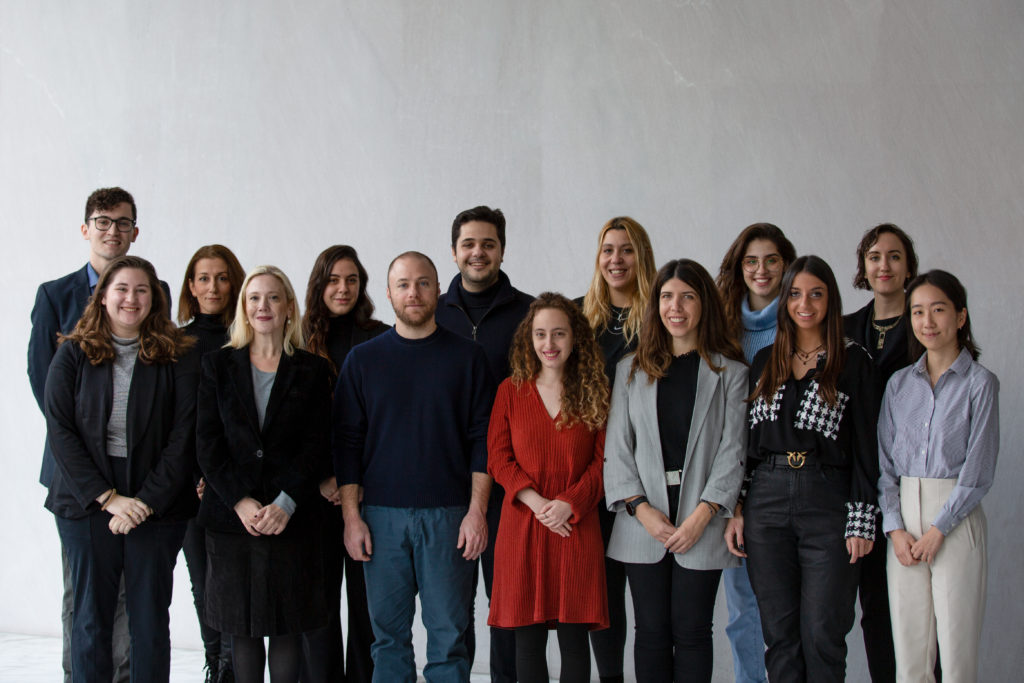
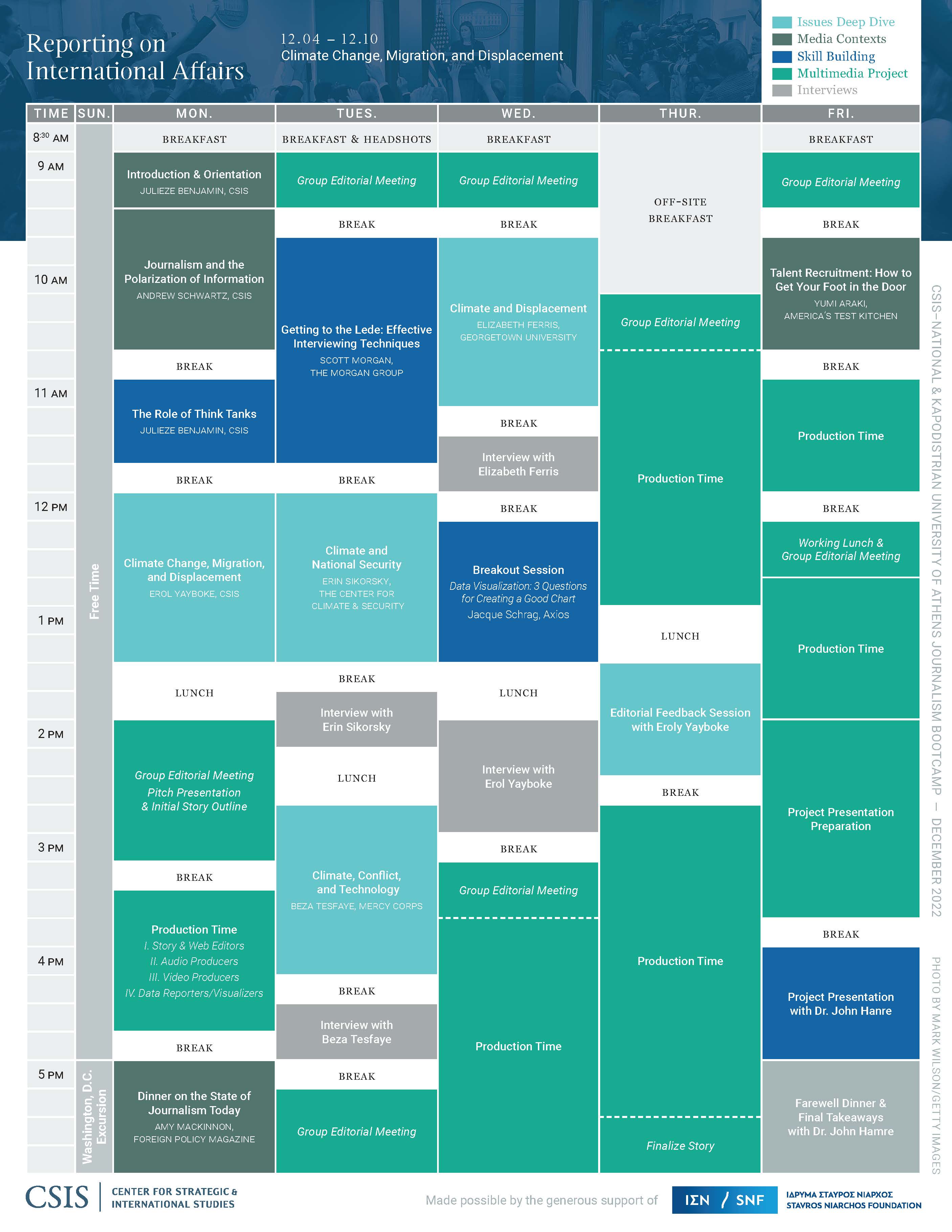
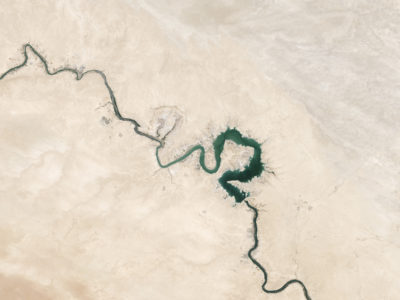 https://journalism.csis.org/wp-content/uploads/2023/02/euphrates-nasa-400×300.jpeg
https://journalism.csis.org/wp-content/uploads/2023/02/euphrates-nasa-400×300.jpeg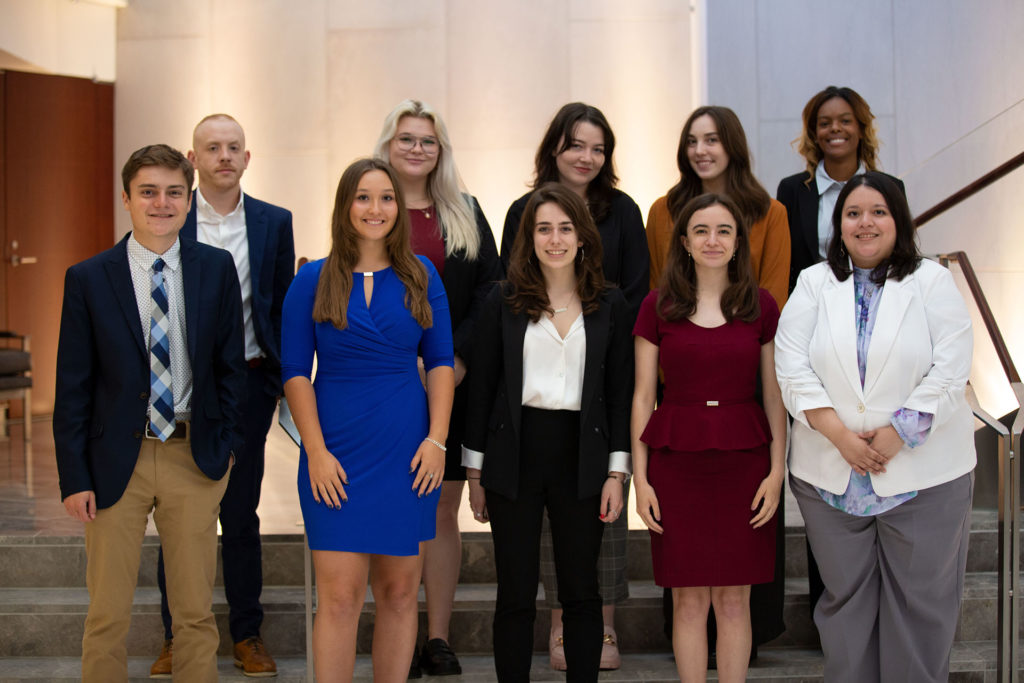
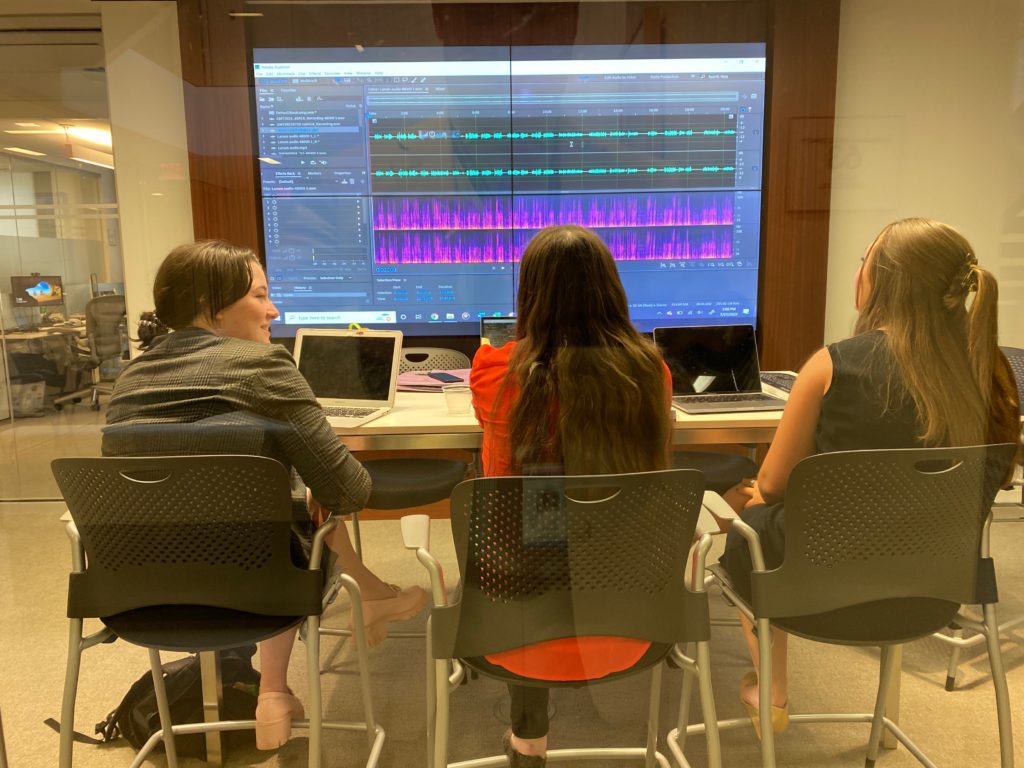
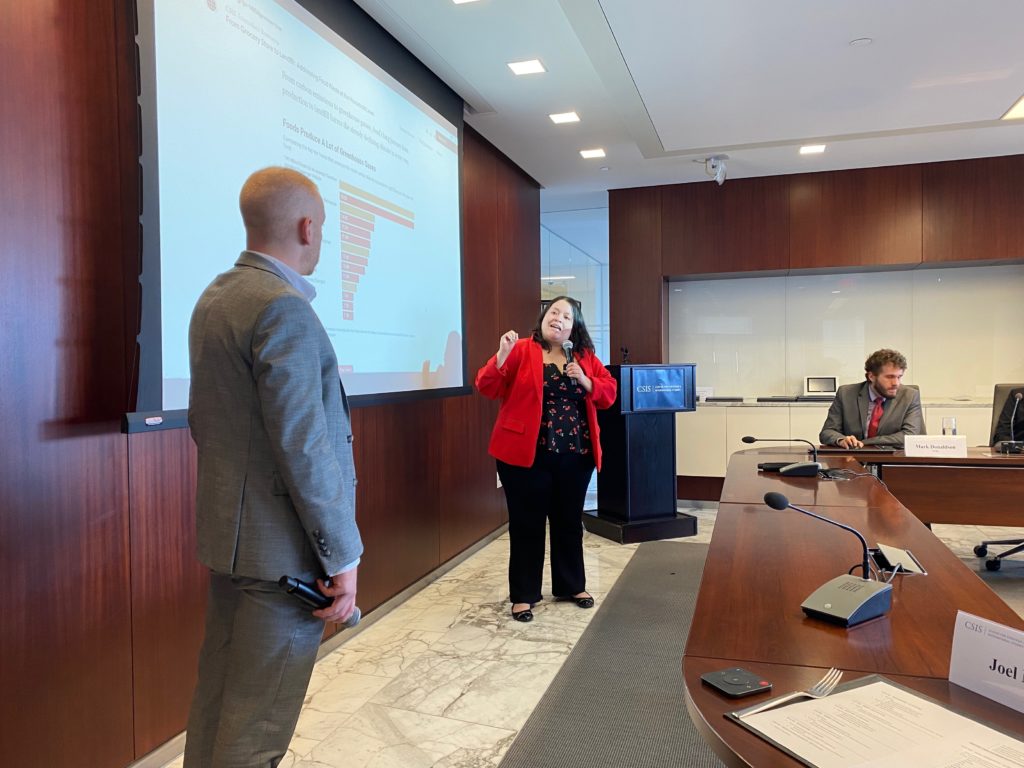
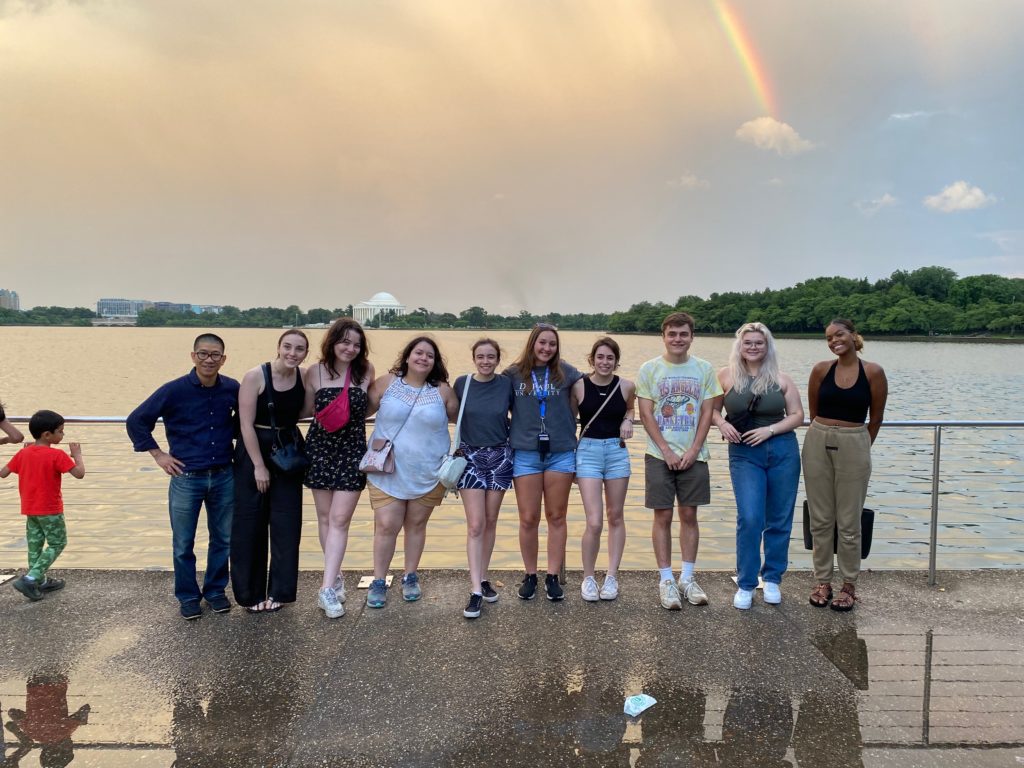
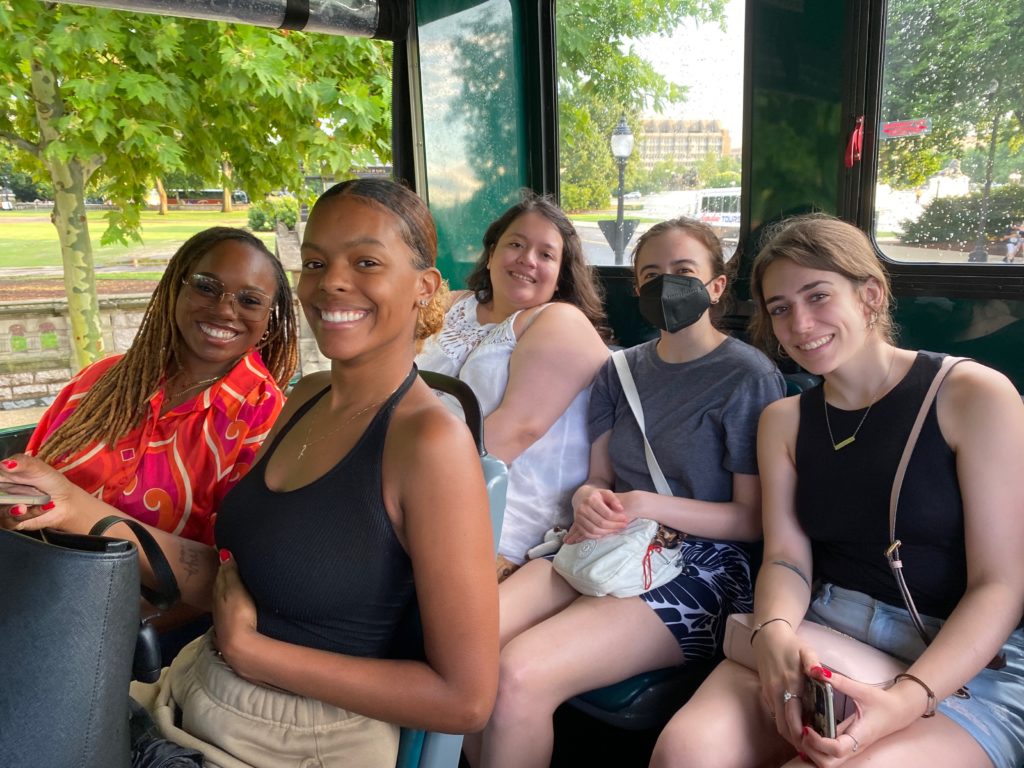
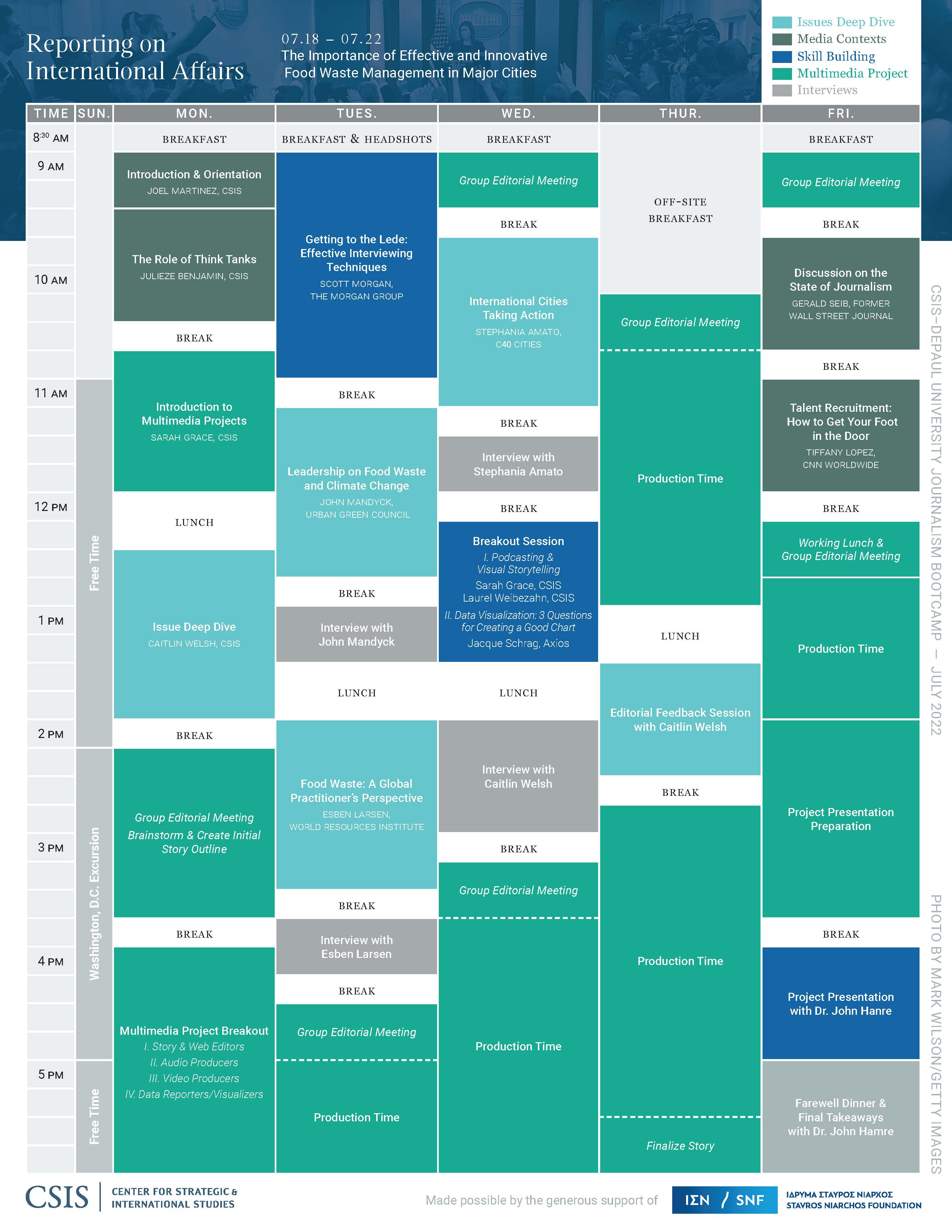
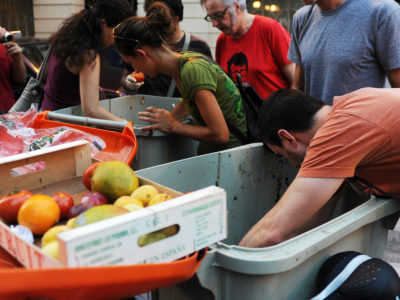 https://journalism.csis.org/wp-content/uploads/2022/07/FoodWaste_JournalismBootcamp_HeaderPhoto-400×300.jpg
https://journalism.csis.org/wp-content/uploads/2022/07/FoodWaste_JournalismBootcamp_HeaderPhoto-400×300.jpg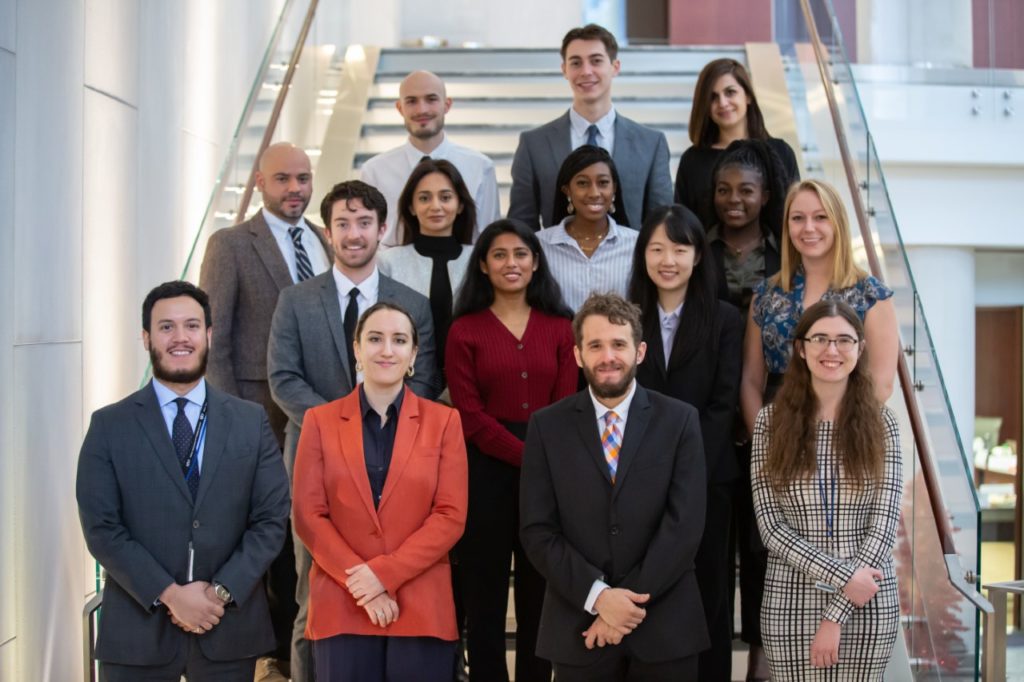
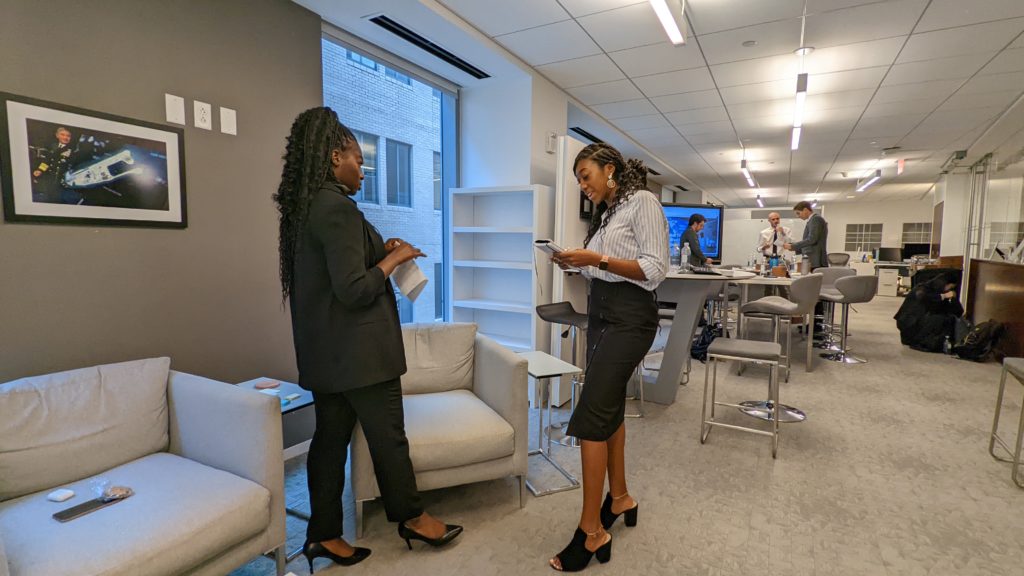
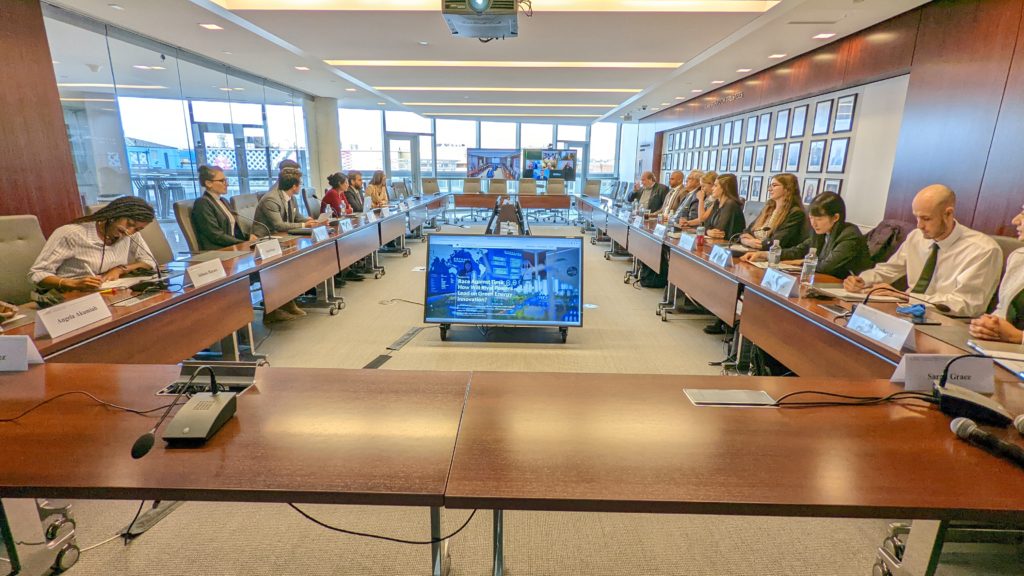
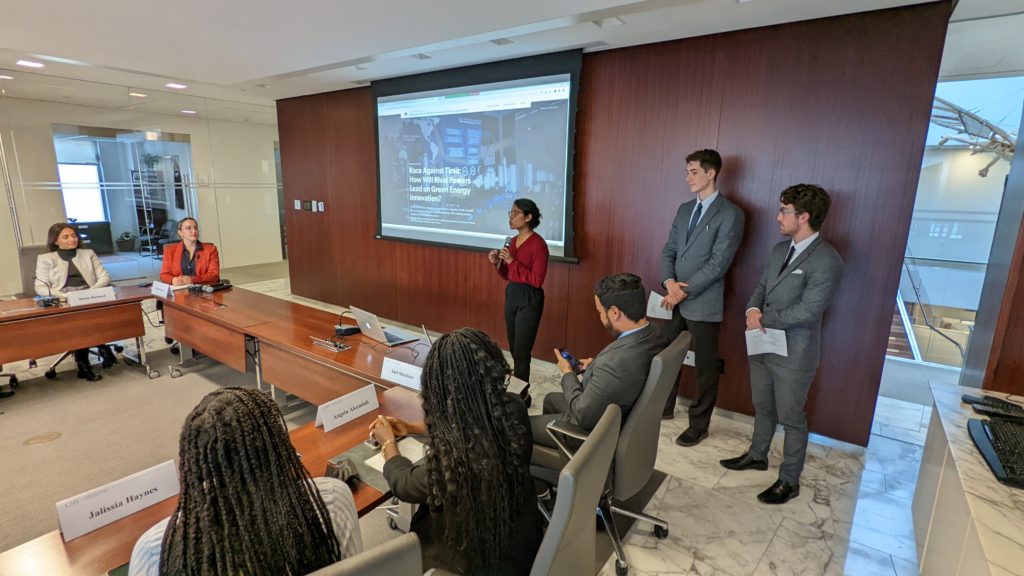
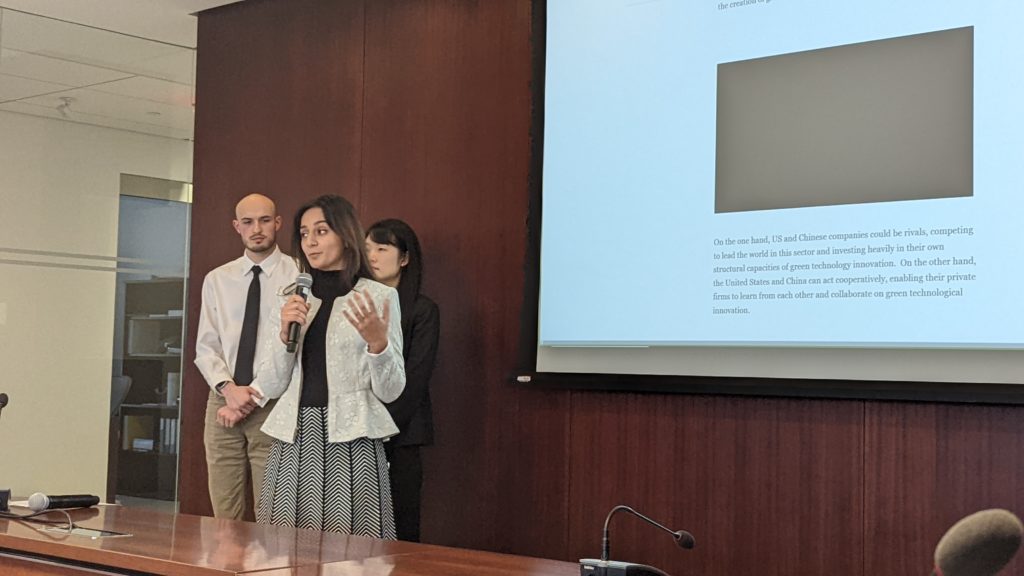
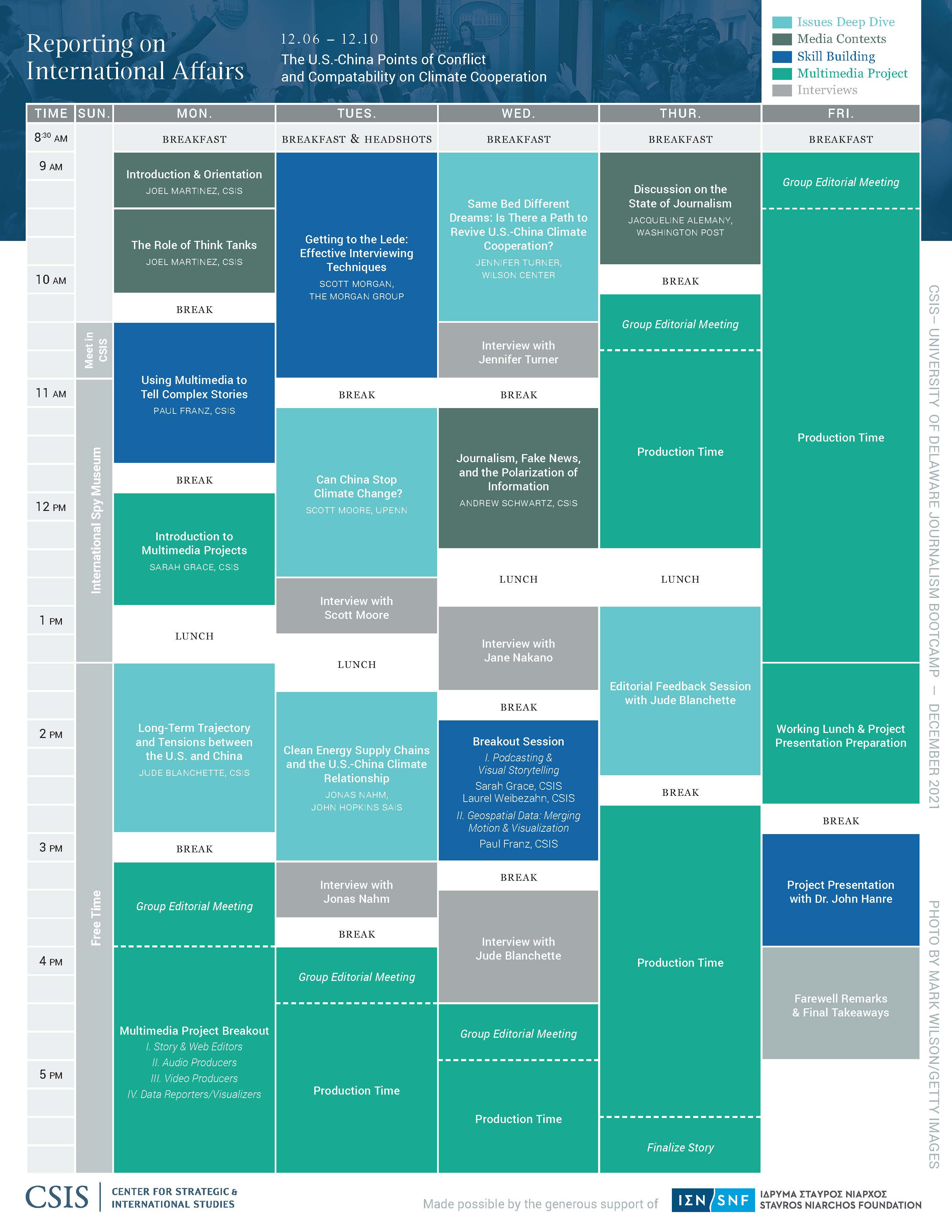
 https://journalism.csis.org/wp-content/uploads/2021/12/gettyimages-692831246-2048×2048-400×300.jpg
https://journalism.csis.org/wp-content/uploads/2021/12/gettyimages-692831246-2048×2048-400×300.jpg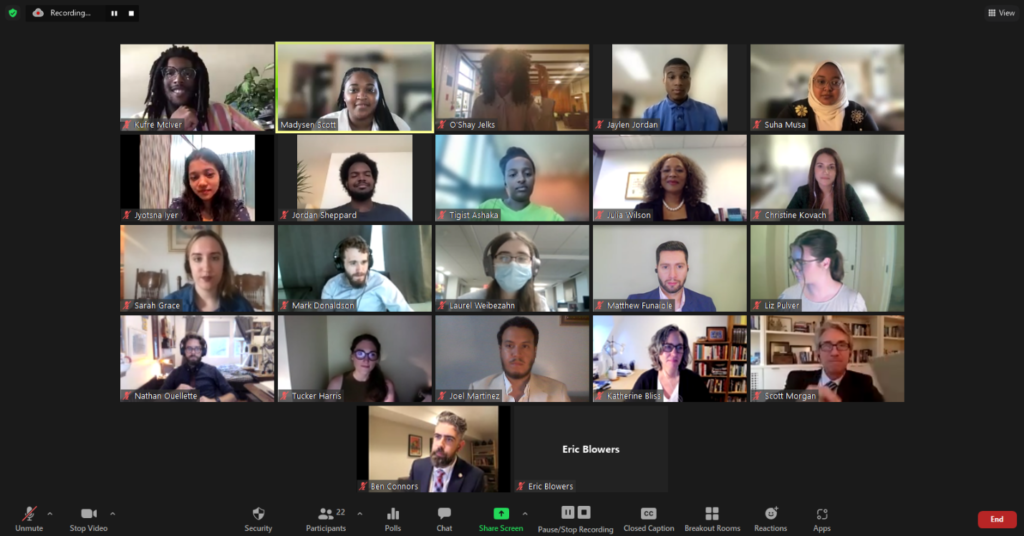

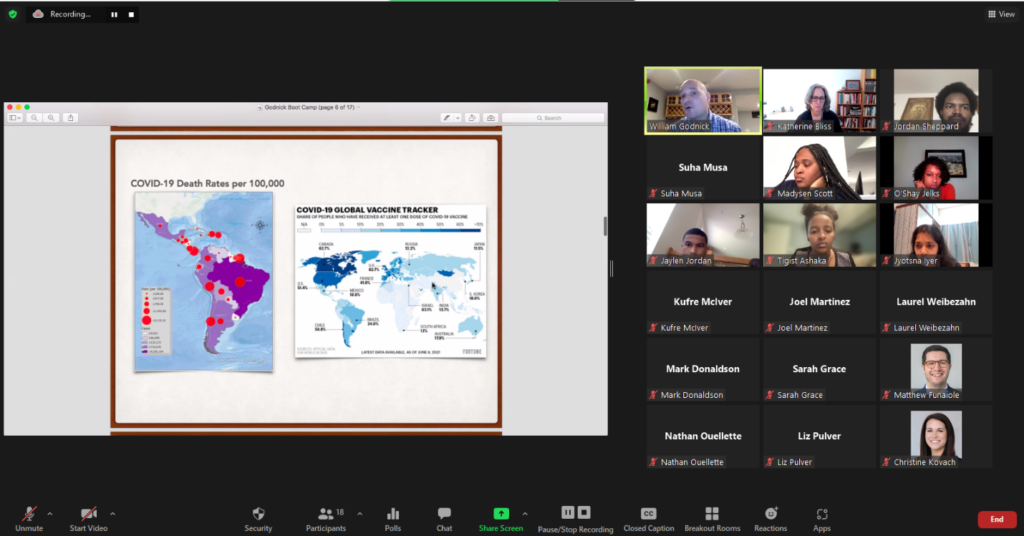
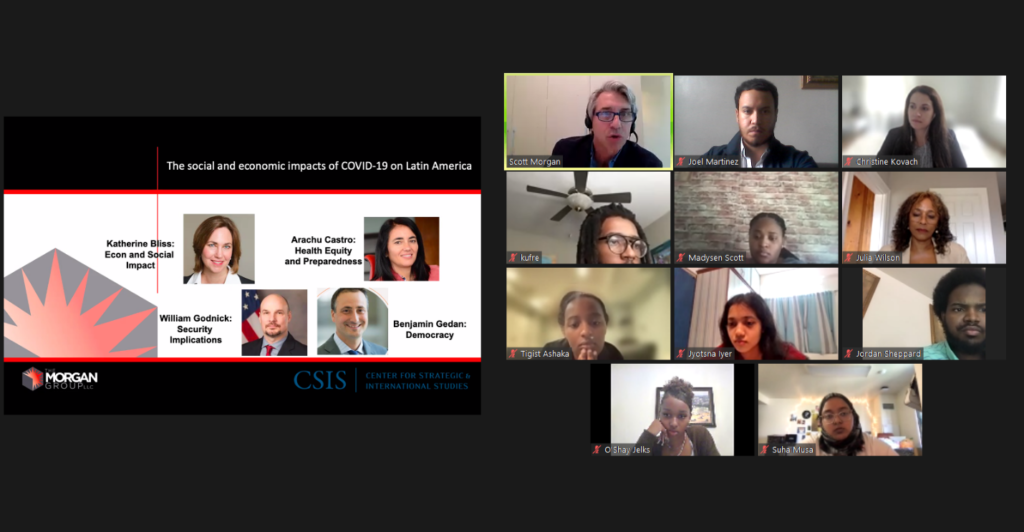
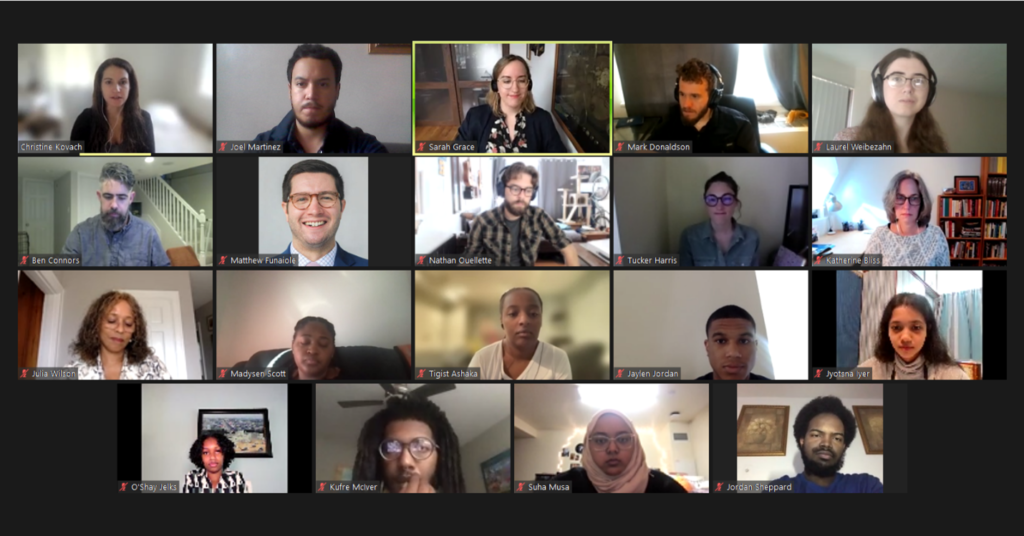
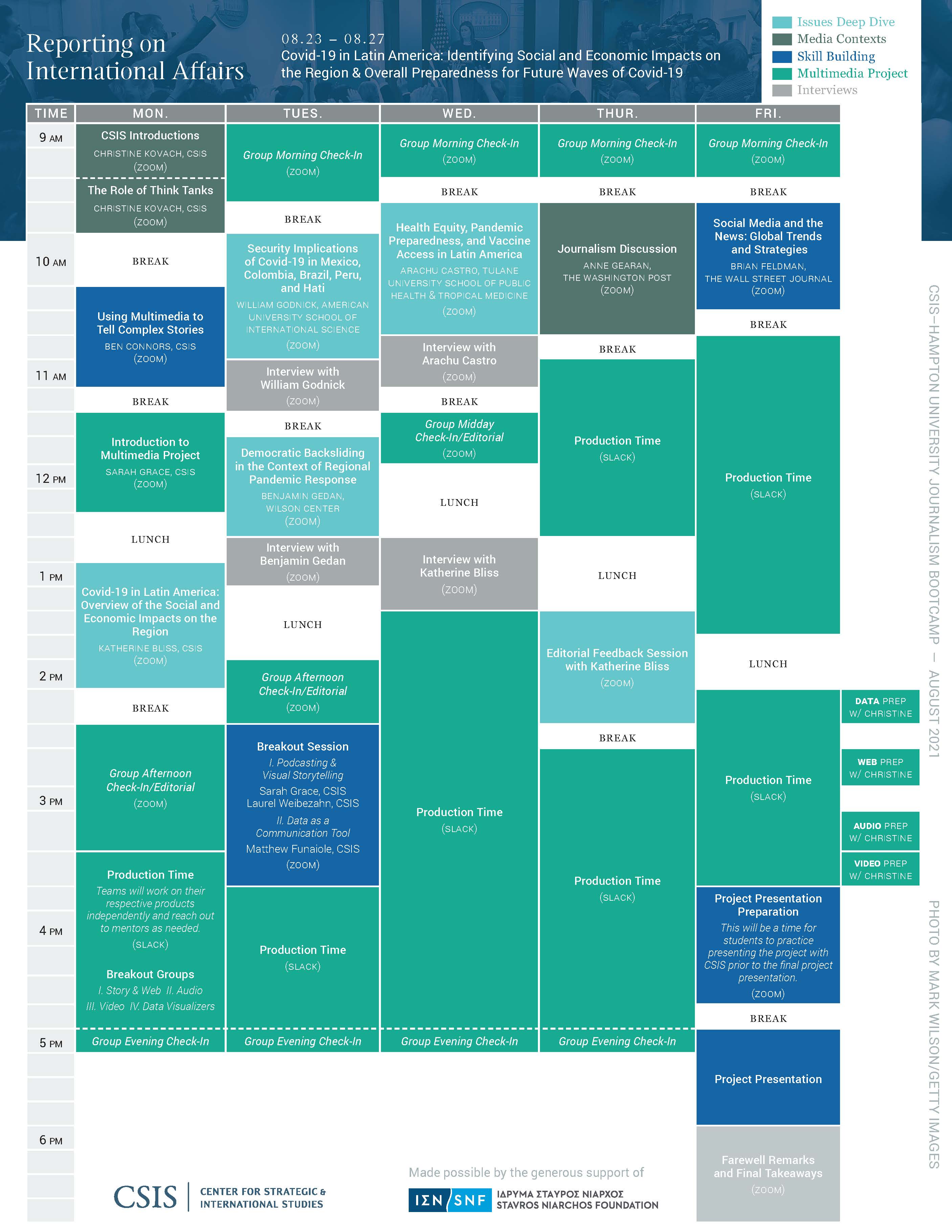
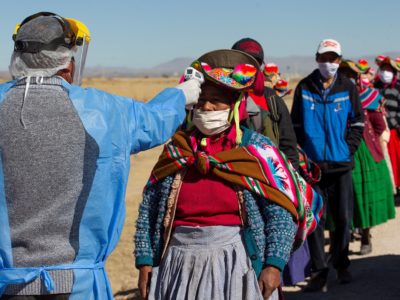 https://journalism.csis.org/wp-content/uploads/2021/10/header-image-400×300.jpg
https://journalism.csis.org/wp-content/uploads/2021/10/header-image-400×300.jpg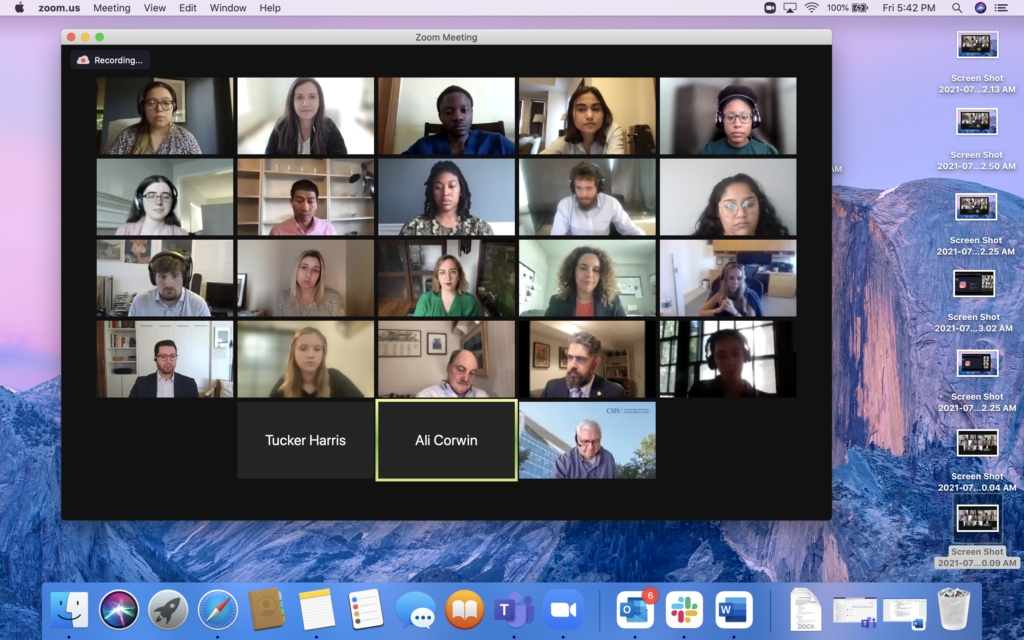
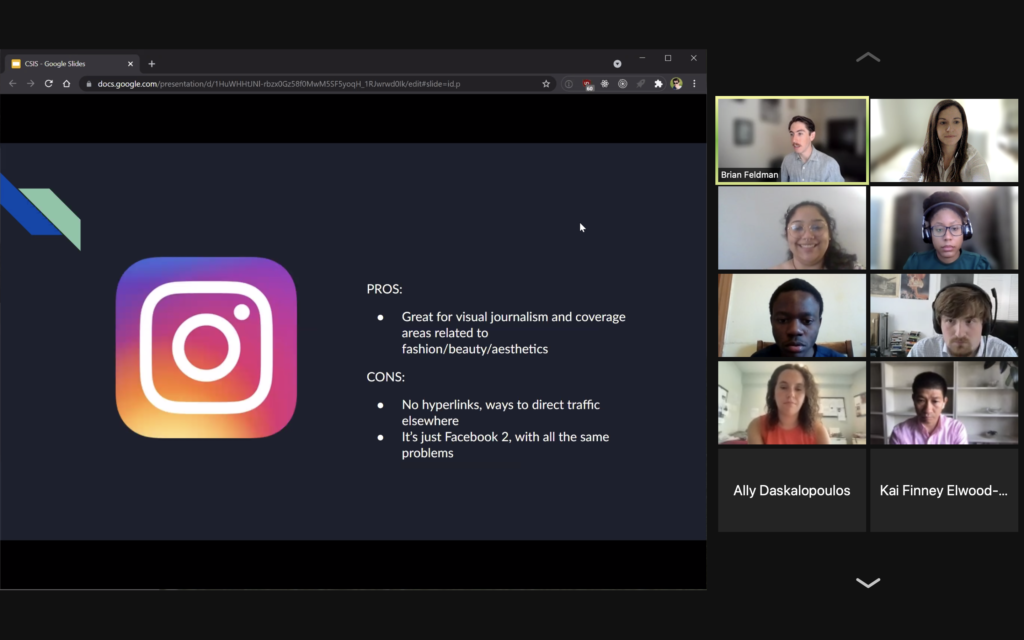

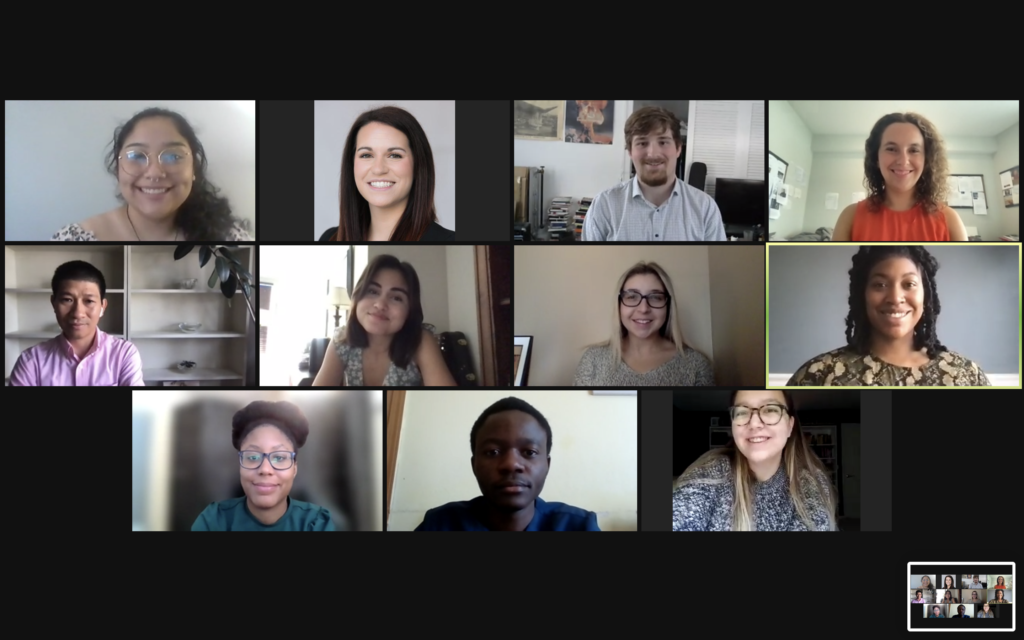
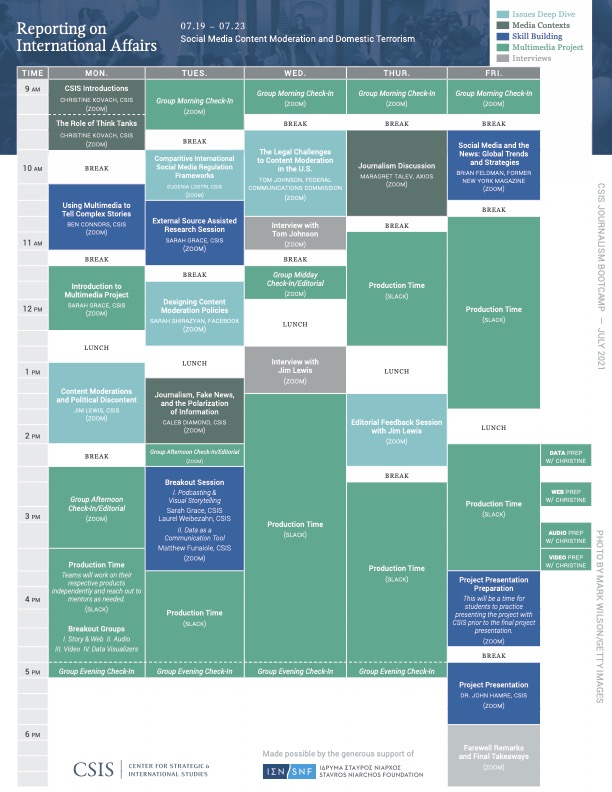
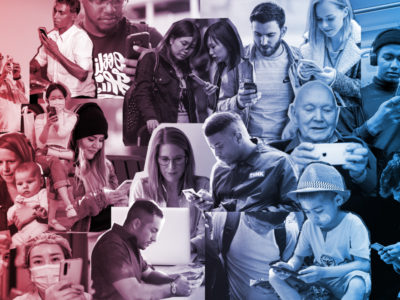 https://journalism.csis.org/wp-content/uploads/2021/07/People-on-phones-with-gradient-400×300.jpg
https://journalism.csis.org/wp-content/uploads/2021/07/People-on-phones-with-gradient-400×300.jpg
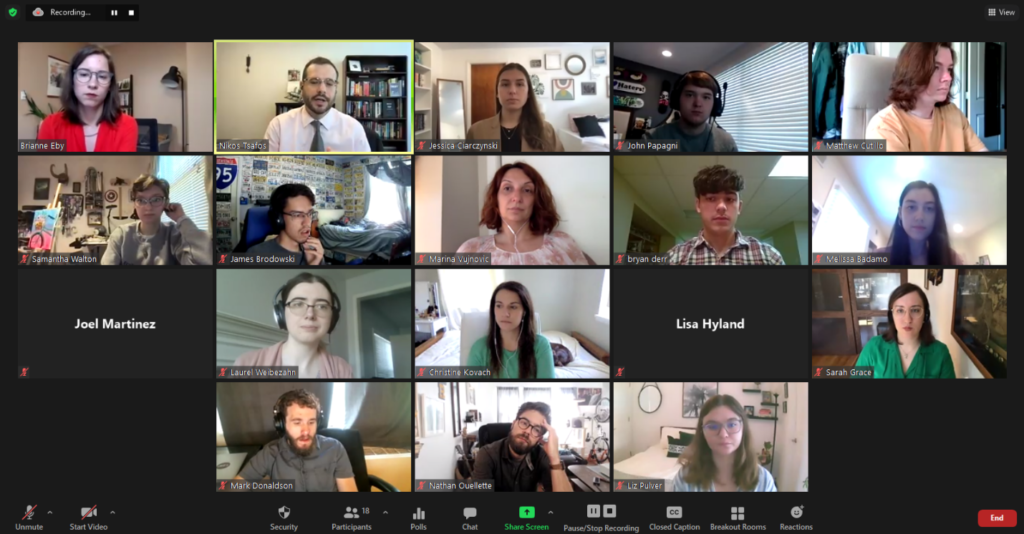
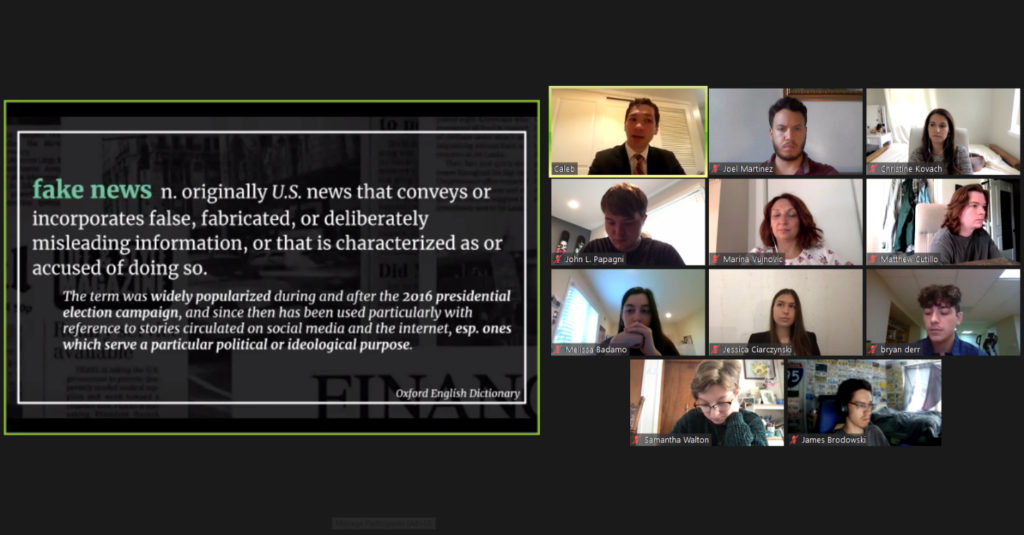
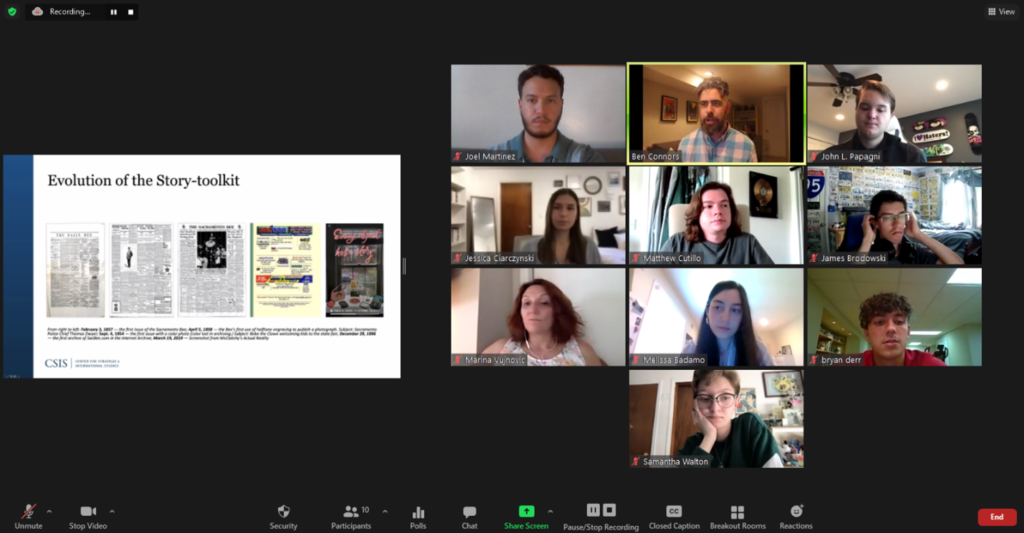
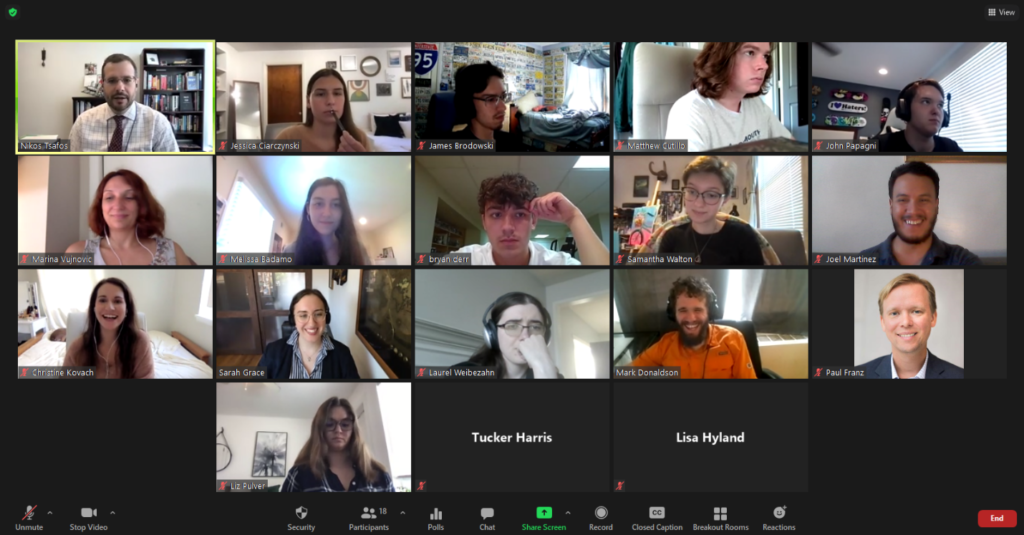
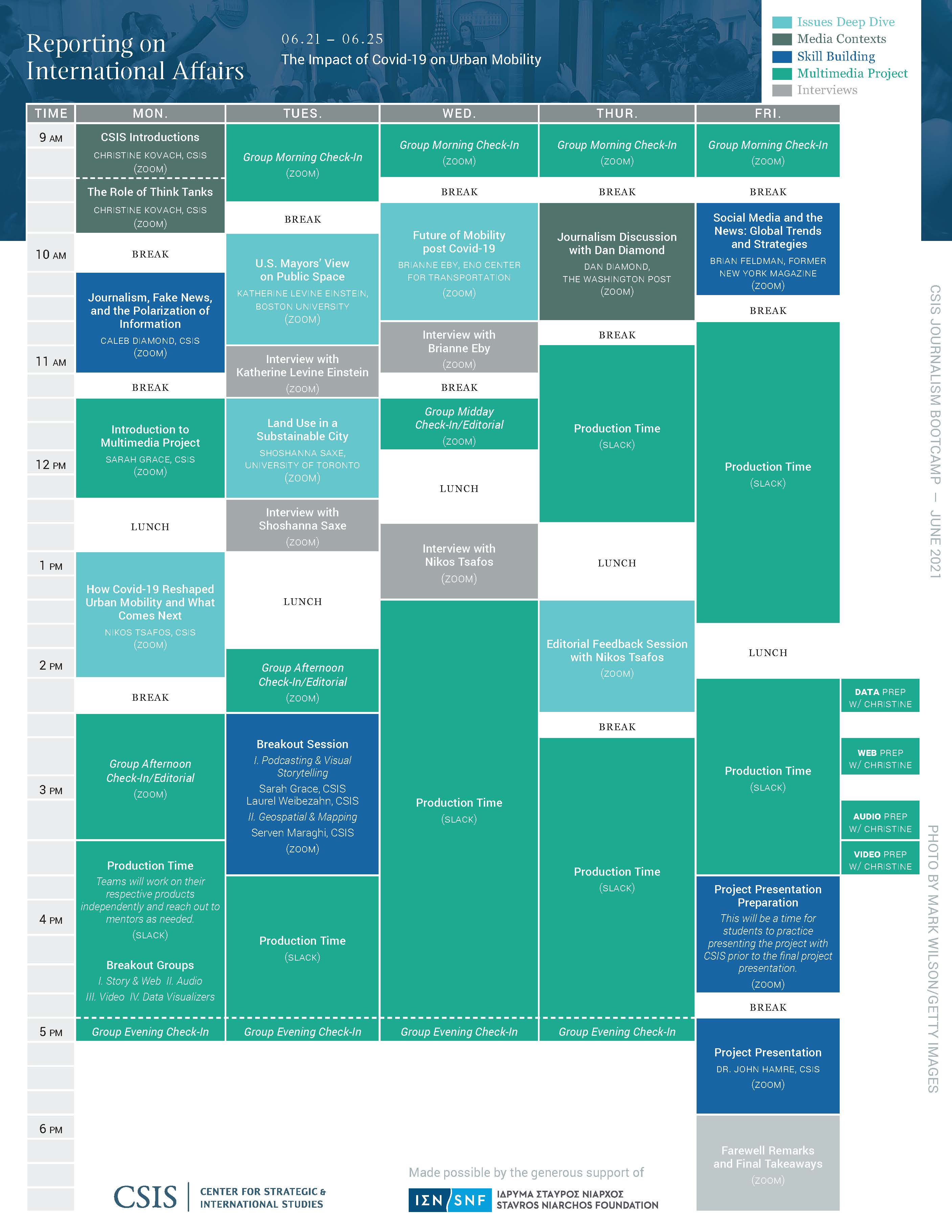
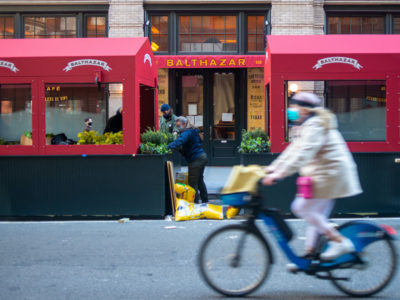 https://journalism.csis.org/wp-content/uploads/2021/06/GettyImages-1308338705-400×300.jpg
https://journalism.csis.org/wp-content/uploads/2021/06/GettyImages-1308338705-400×300.jpg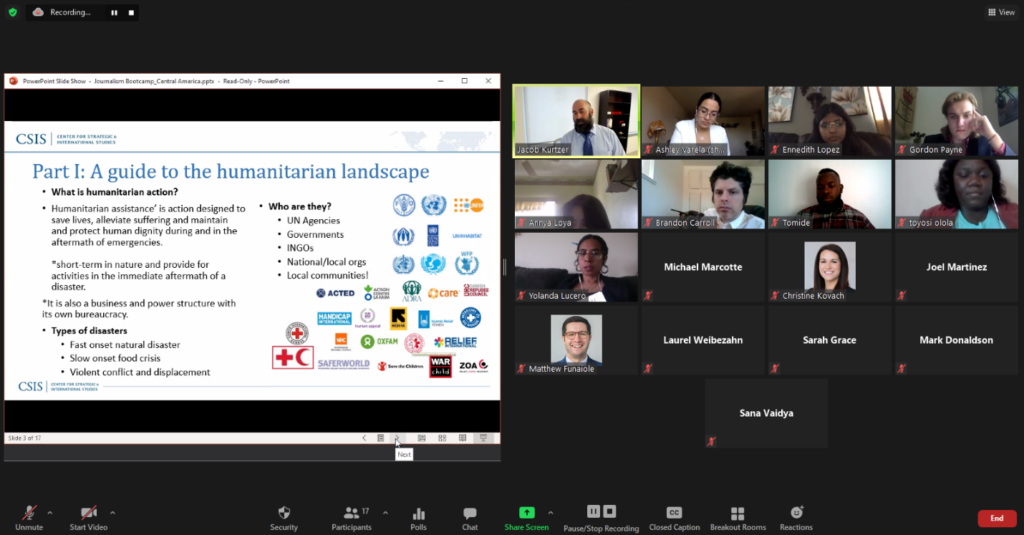
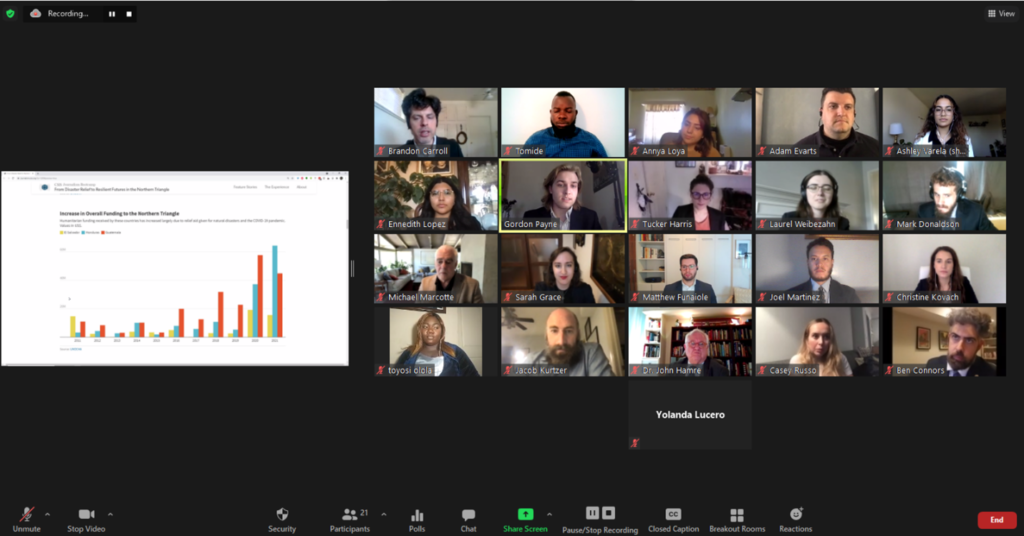
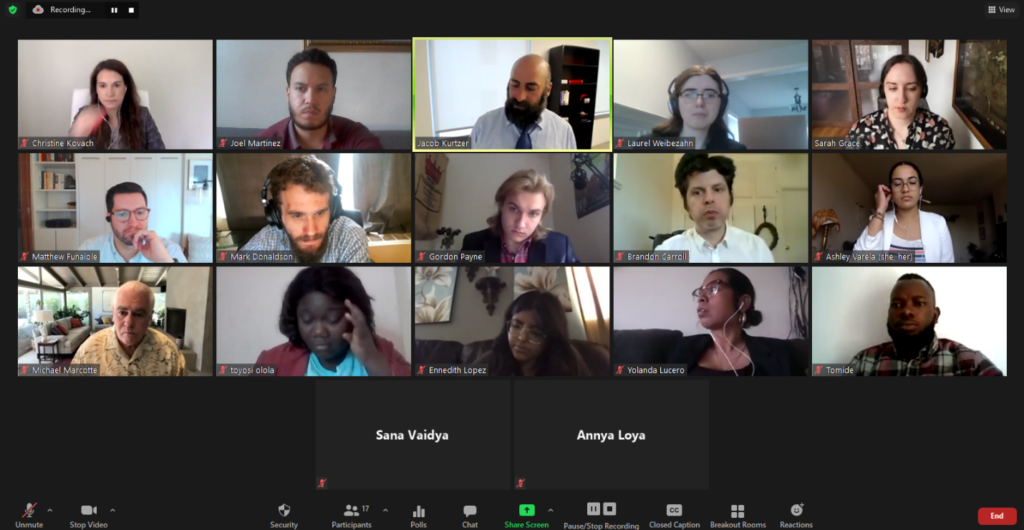

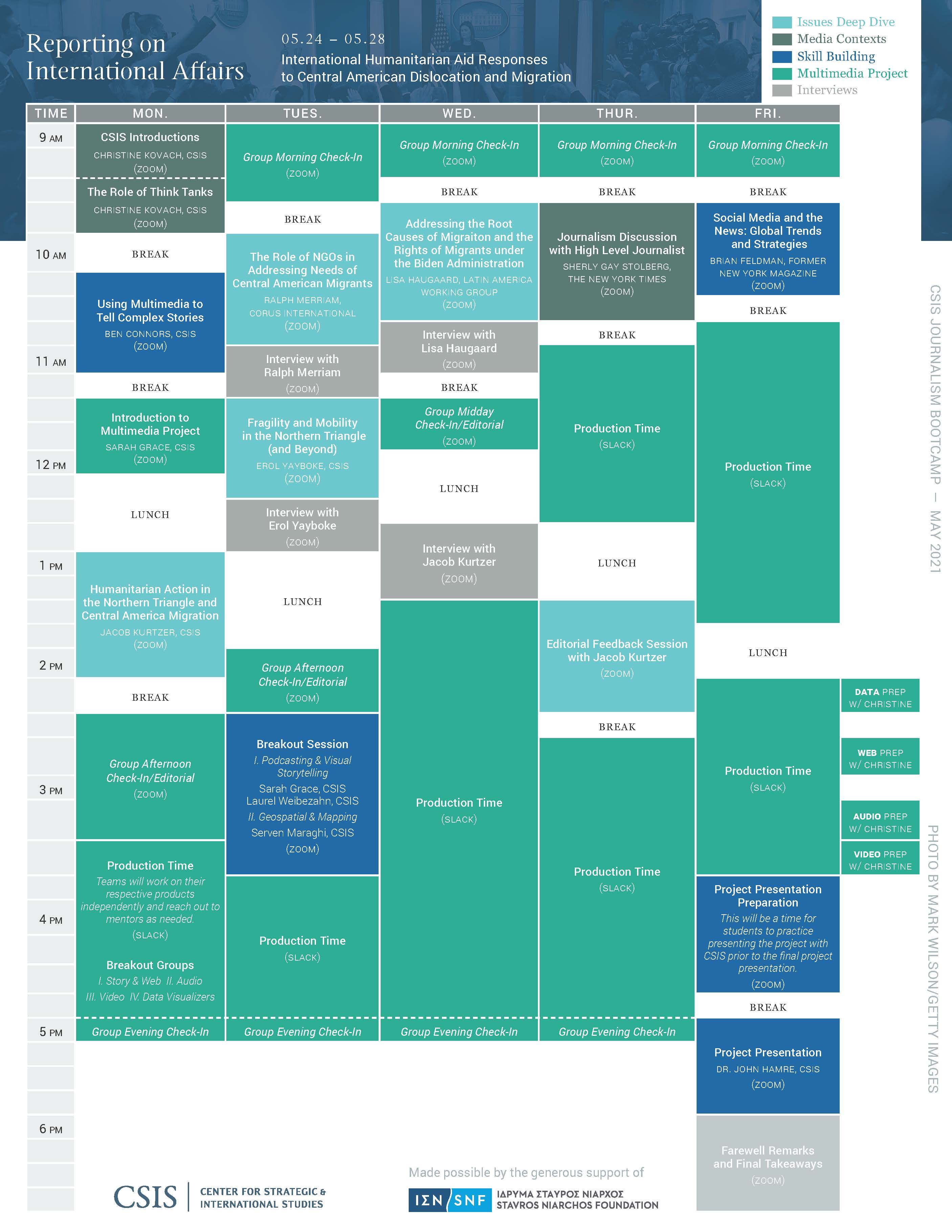
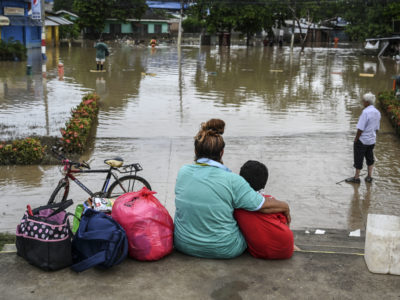 https://journalism.csis.org/wp-content/uploads/2021/07/GettyImages-1229700053-400×300.jpg
https://journalism.csis.org/wp-content/uploads/2021/07/GettyImages-1229700053-400×300.jpg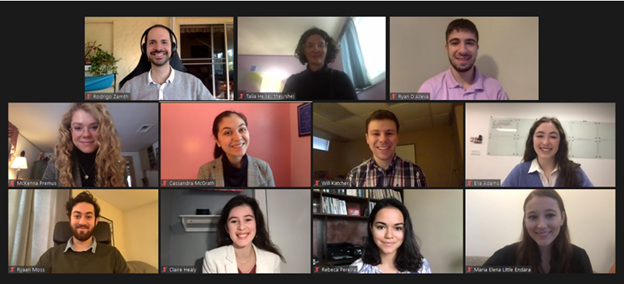
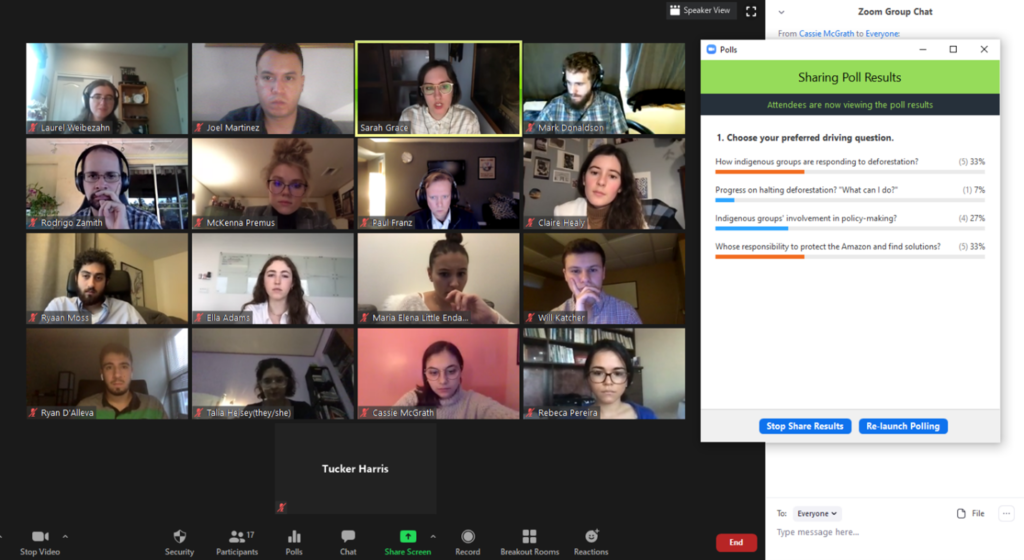
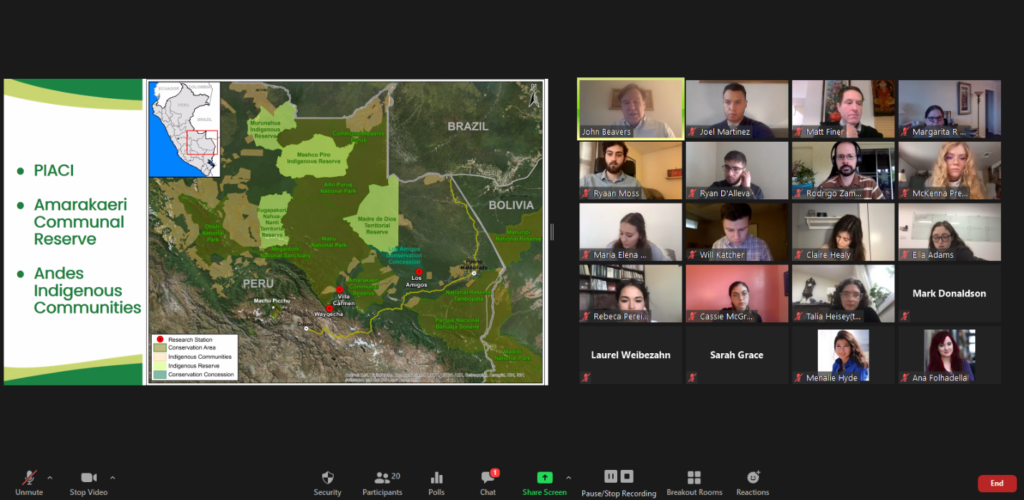

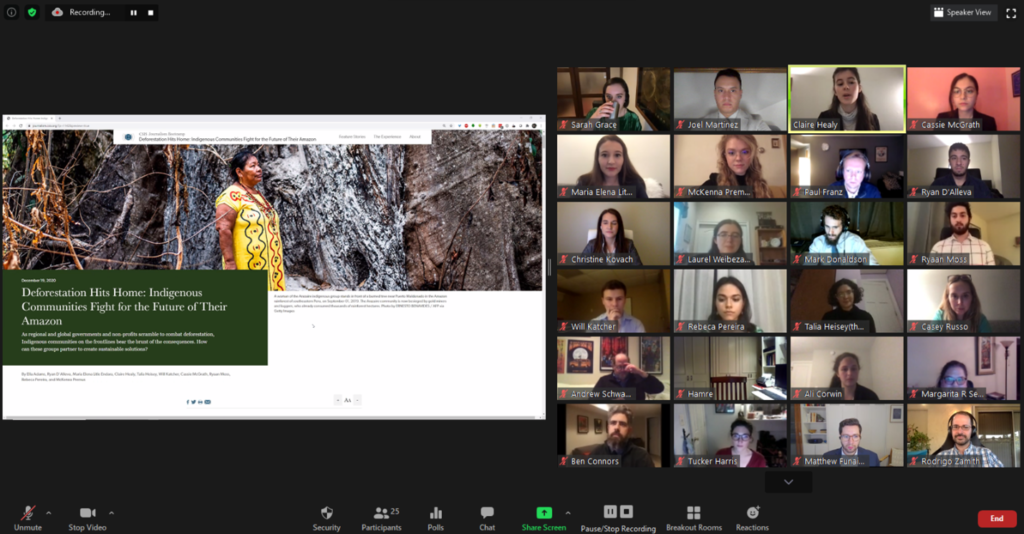
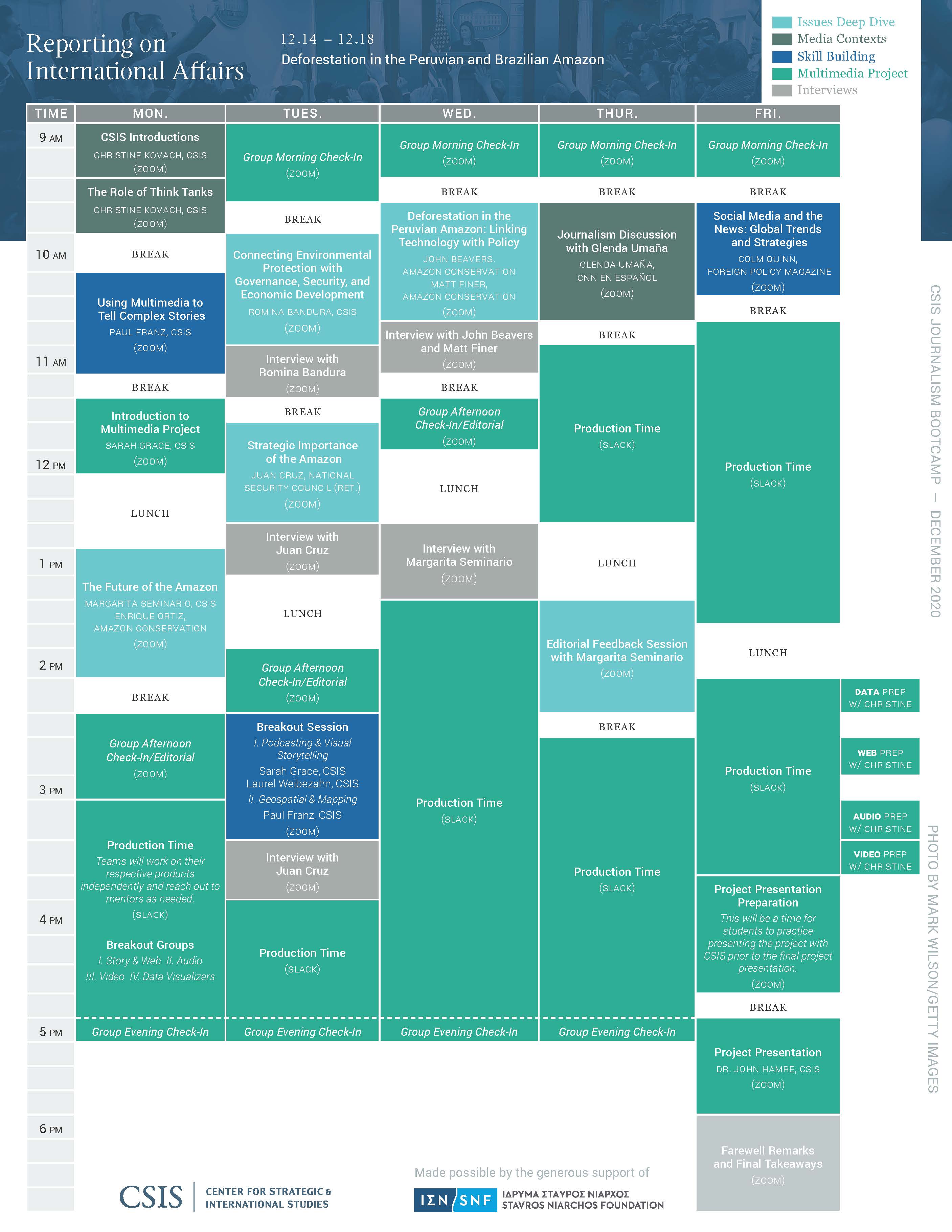
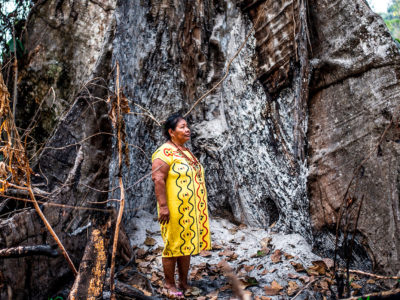 https://journalism.csis.org/wp-content/uploads/2020/12/Arazaire-women-and-burned-tree-in-Peru-400×300.jpg
https://journalism.csis.org/wp-content/uploads/2020/12/Arazaire-women-and-burned-tree-in-Peru-400×300.jpg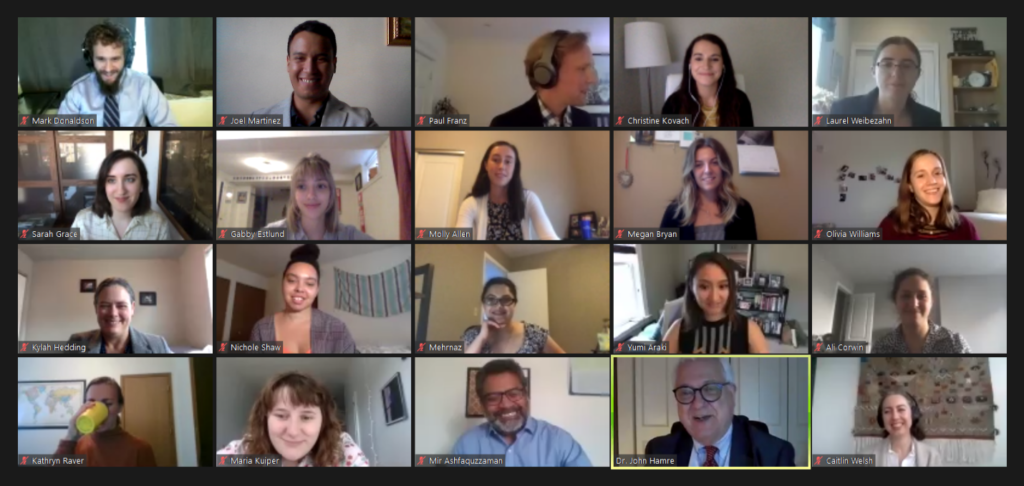
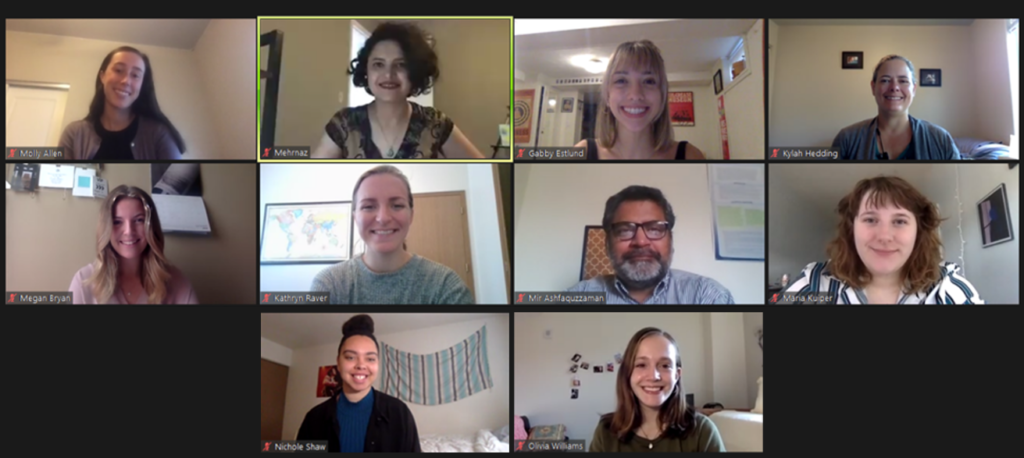
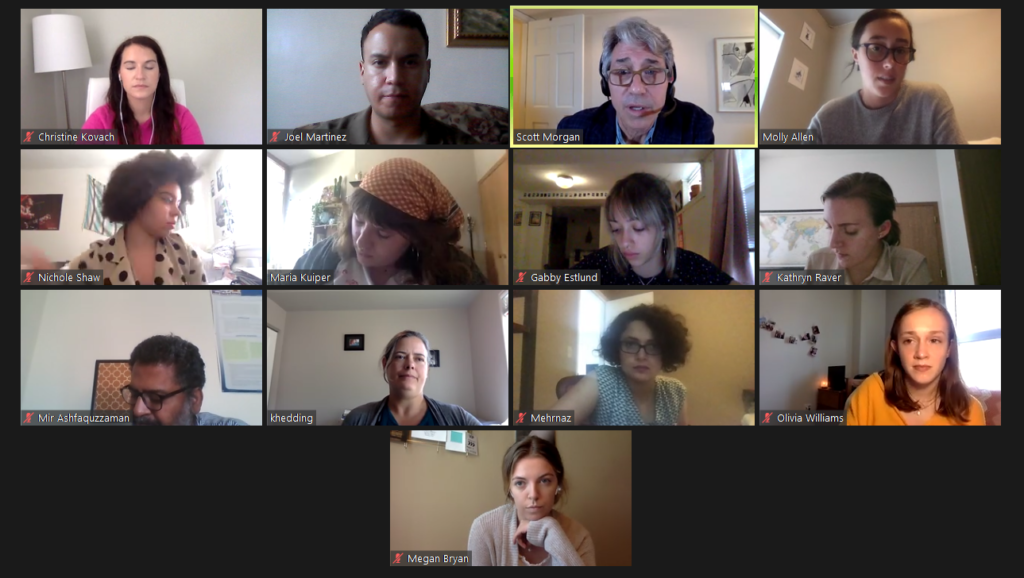
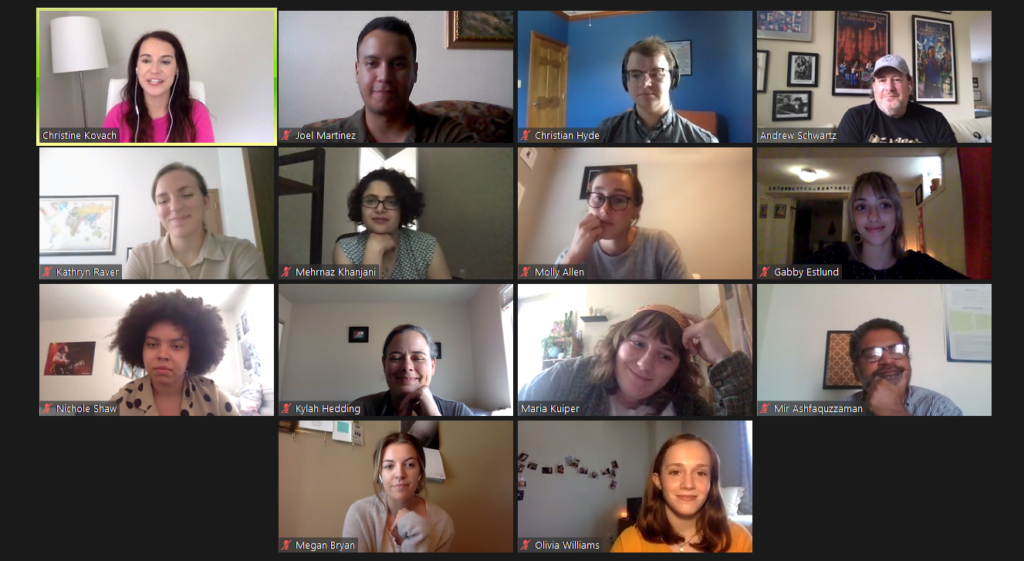
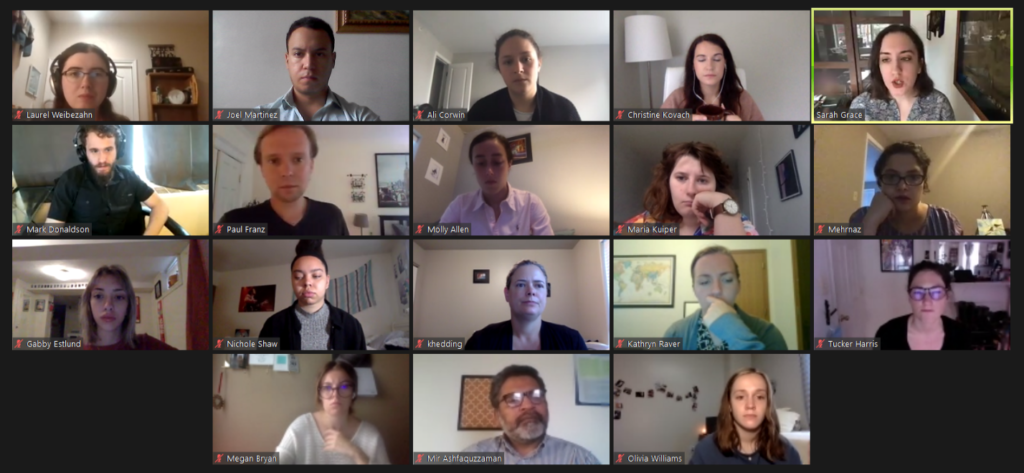
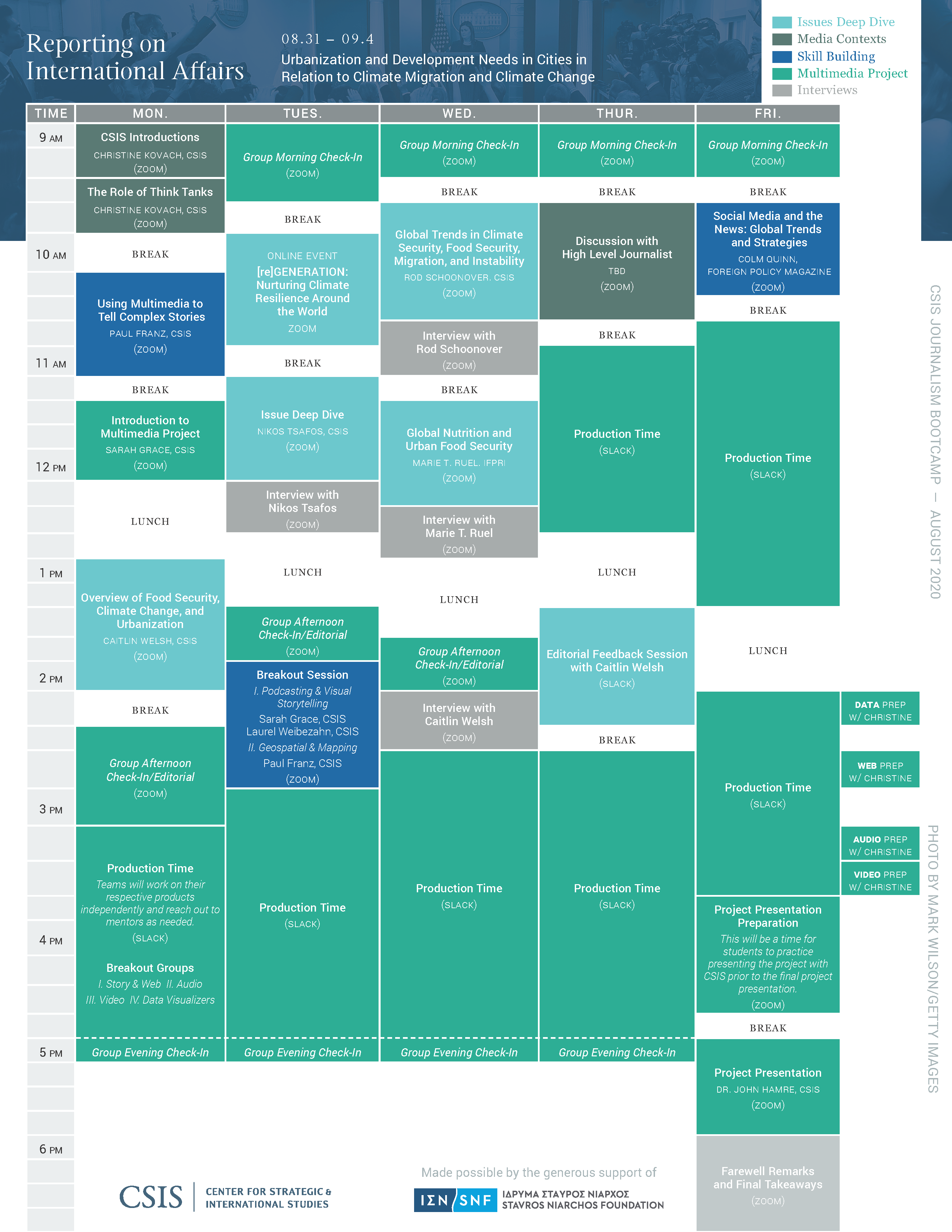
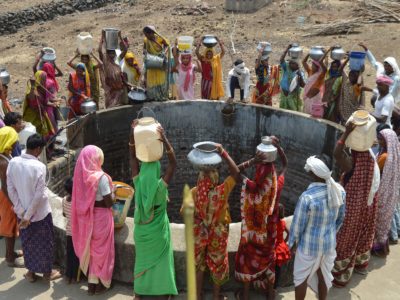 https://journalism.csis.org/wp-content/uploads/2020/09/Women-at-a-villiage-well-400×300.jpg
https://journalism.csis.org/wp-content/uploads/2020/09/Women-at-a-villiage-well-400×300.jpg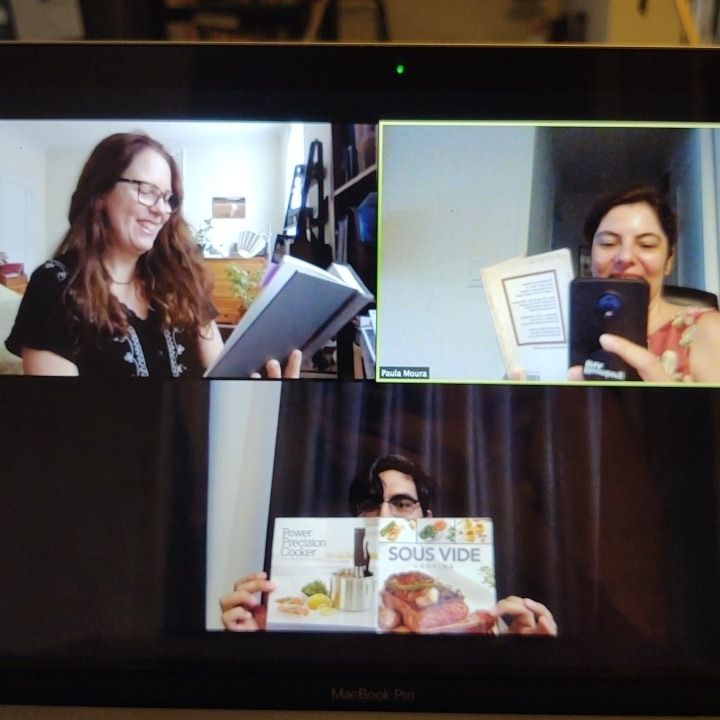

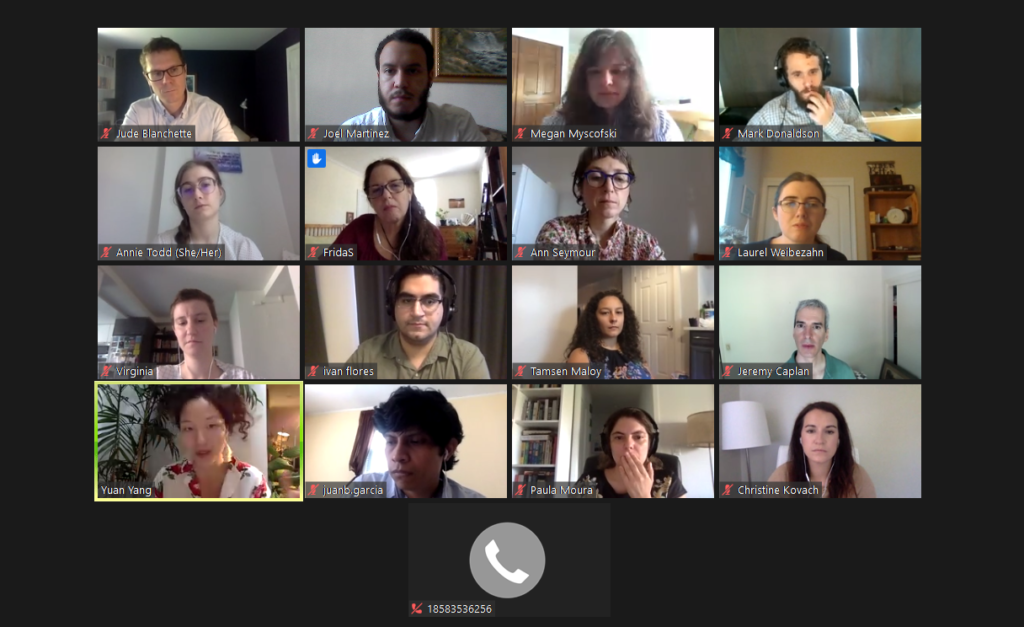
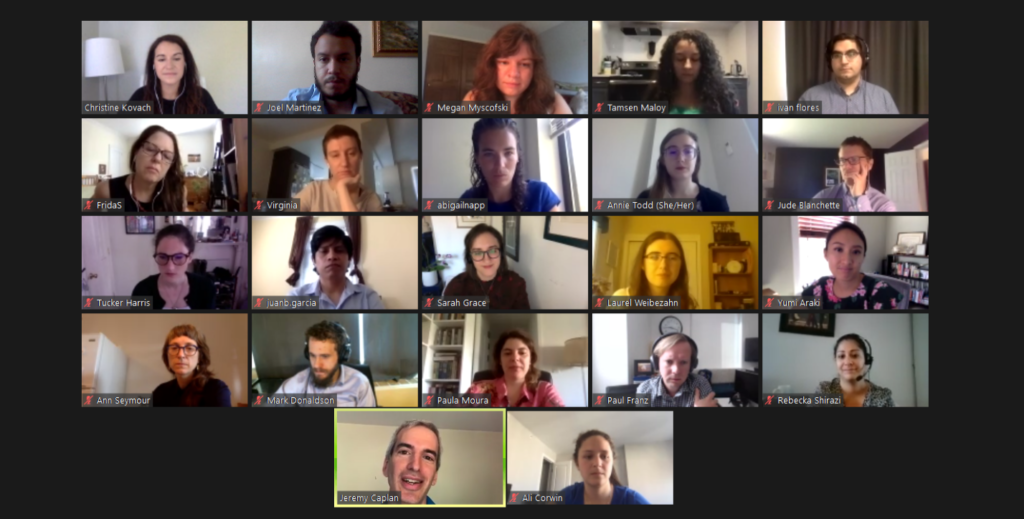
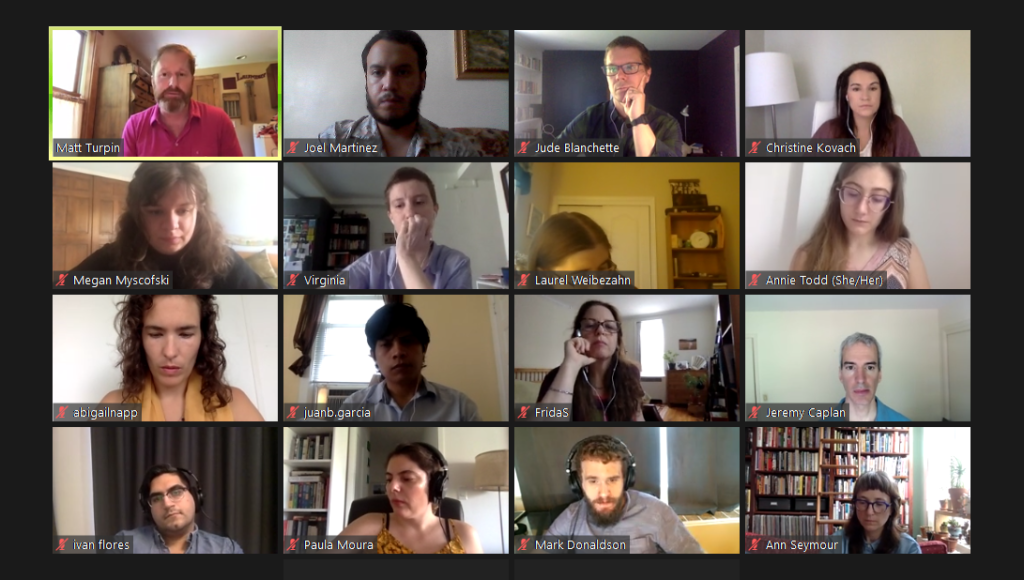
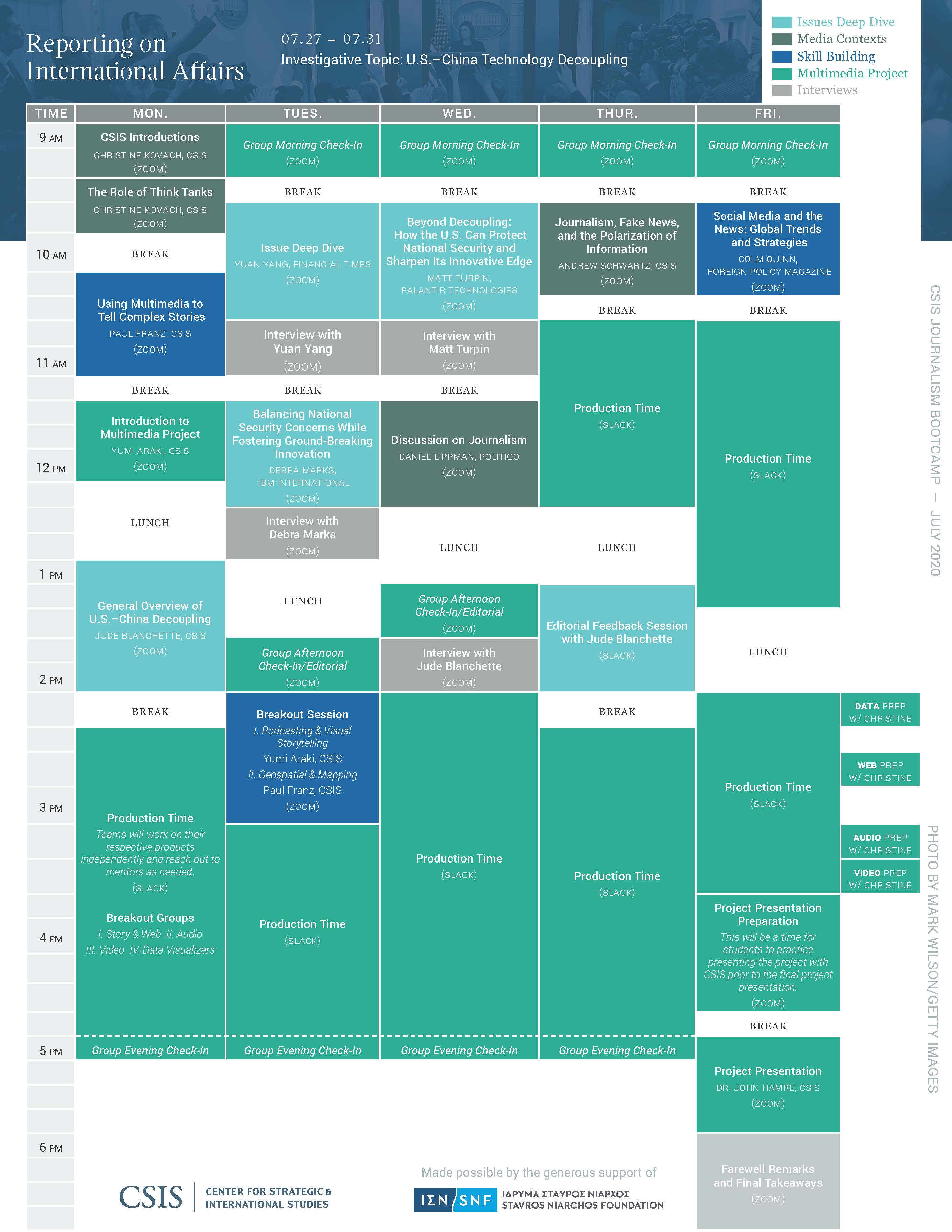
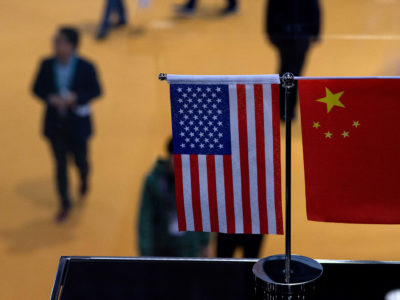 https://journalism.csis.org/wp-content/uploads/2020/07/GettyImages-1058471374-400×300.jpg
https://journalism.csis.org/wp-content/uploads/2020/07/GettyImages-1058471374-400×300.jpg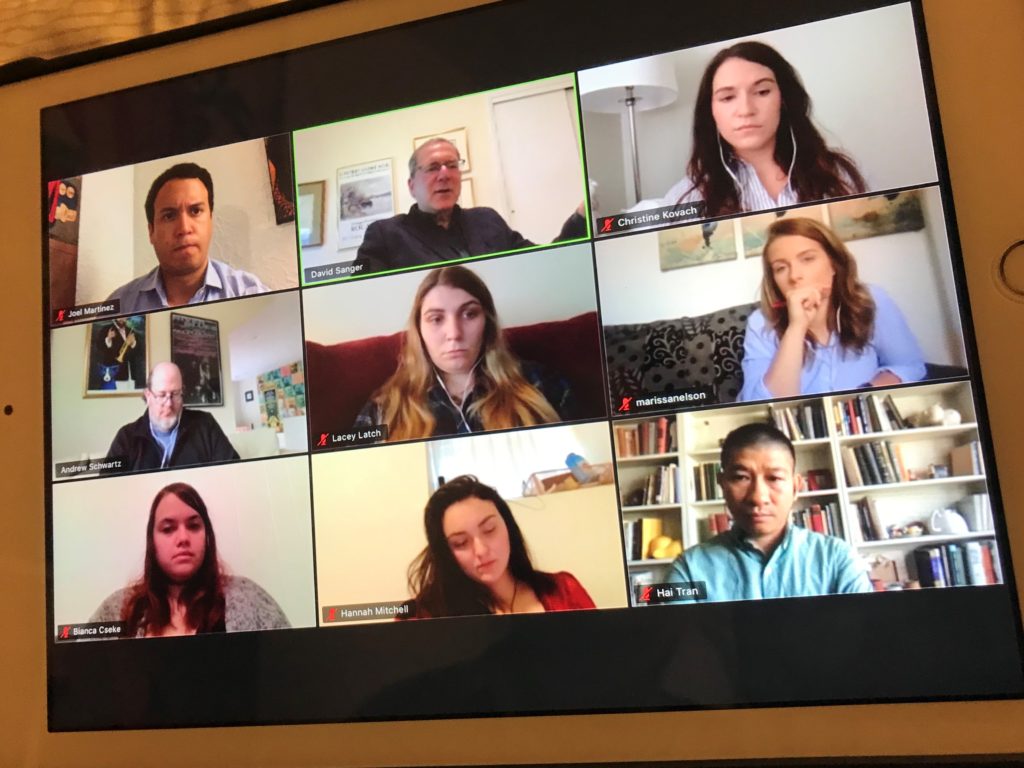
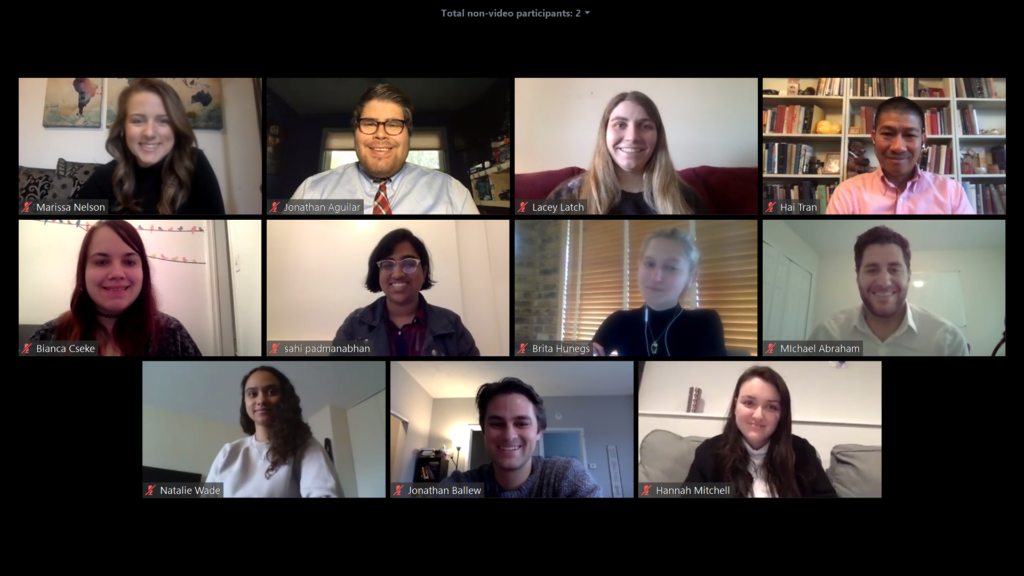
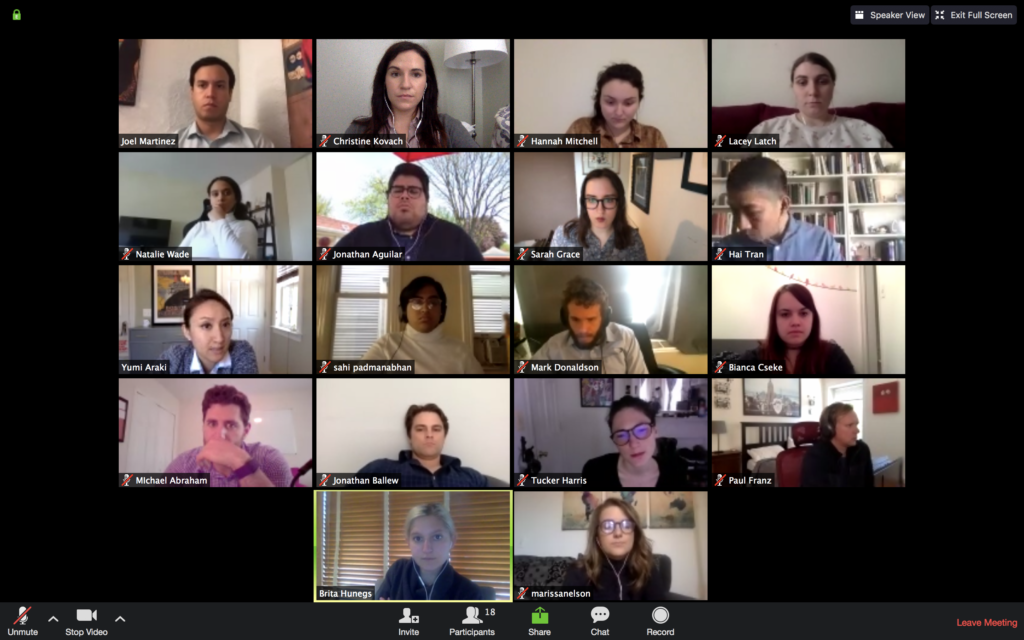
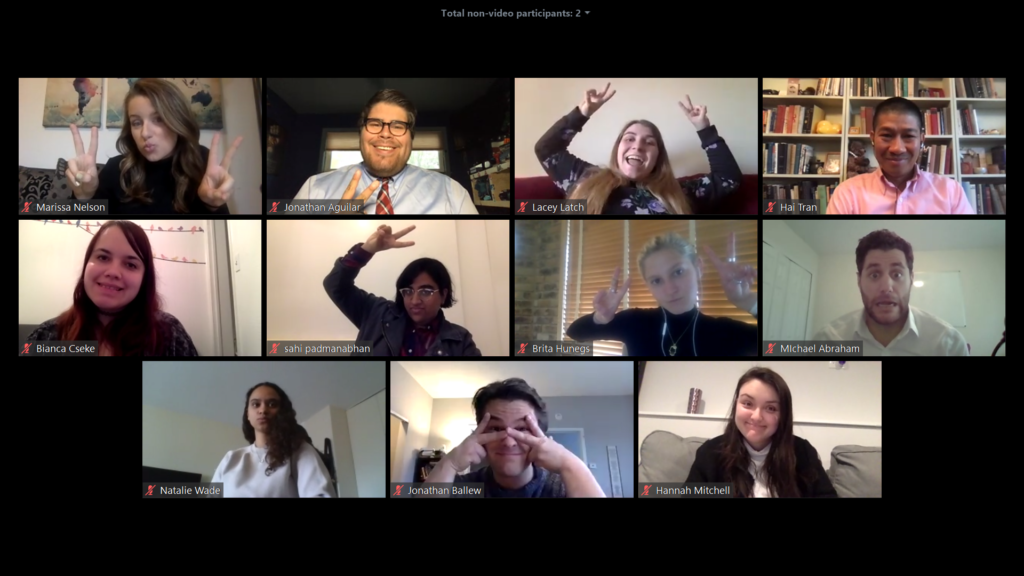

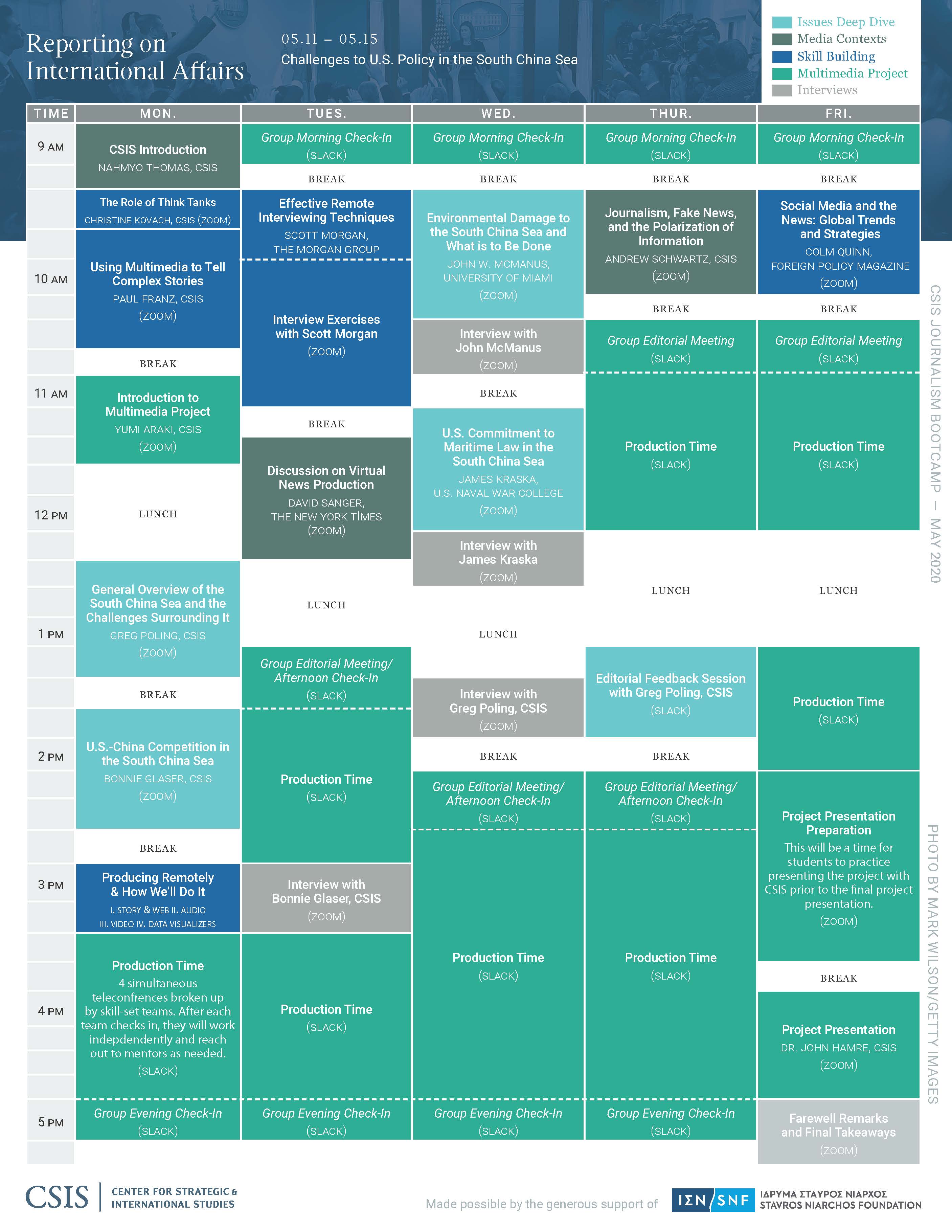
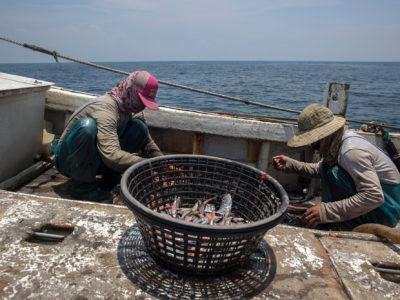 https://journalism.csis.org/wp-content/uploads/2020/05/GettyImages-594376382-400×300.jpg
https://journalism.csis.org/wp-content/uploads/2020/05/GettyImages-594376382-400×300.jpg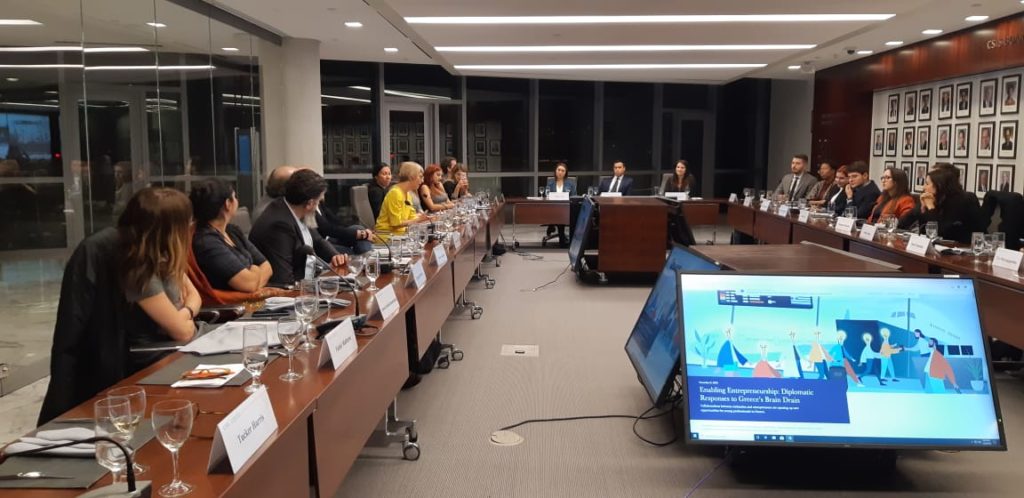
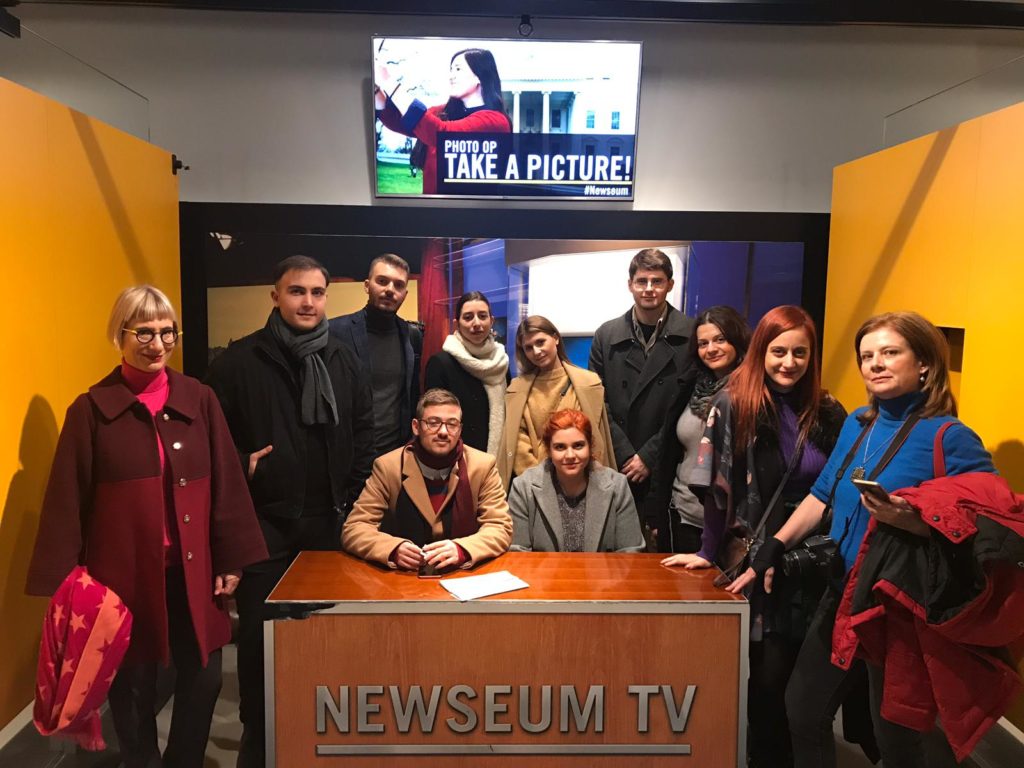

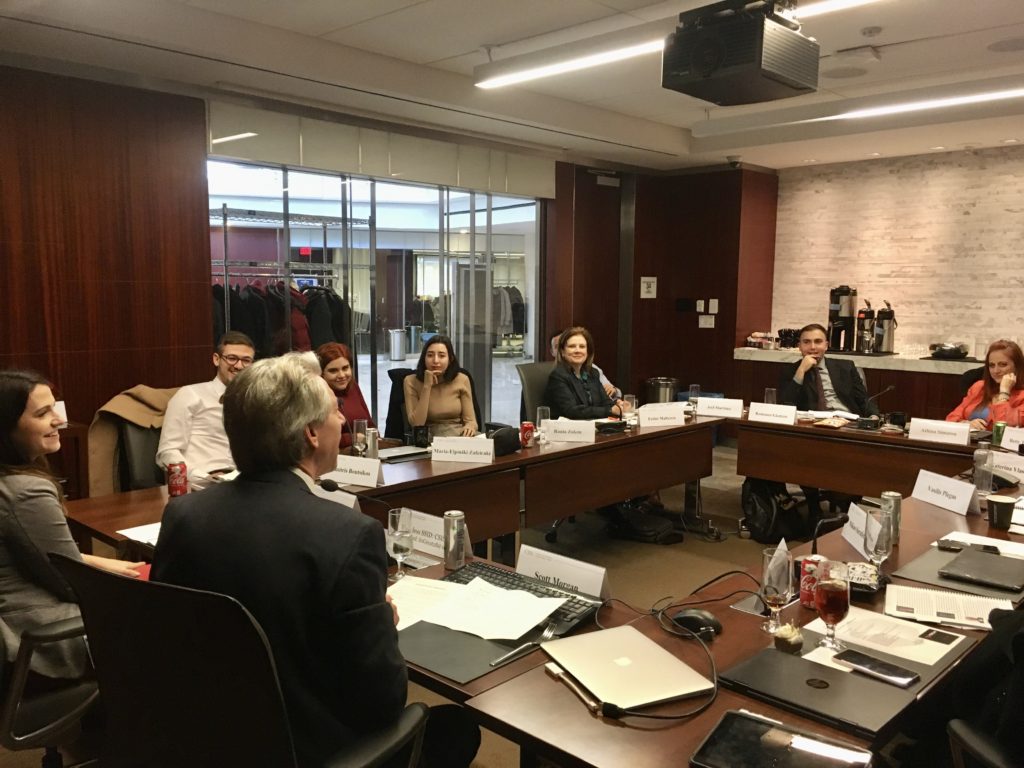
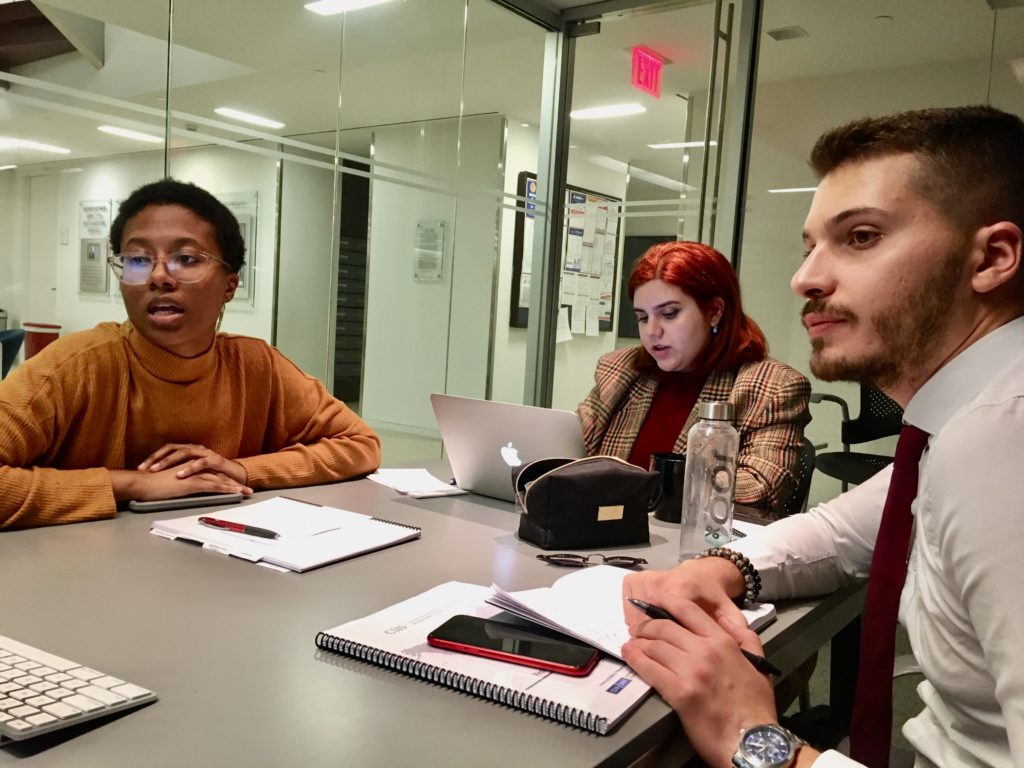
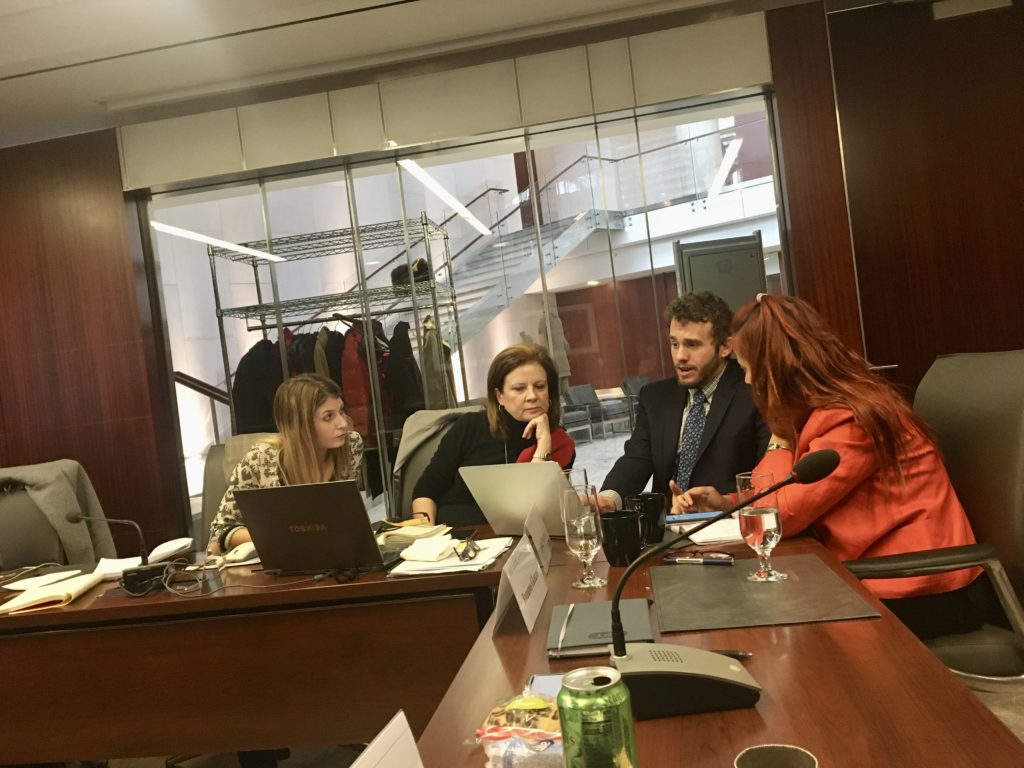
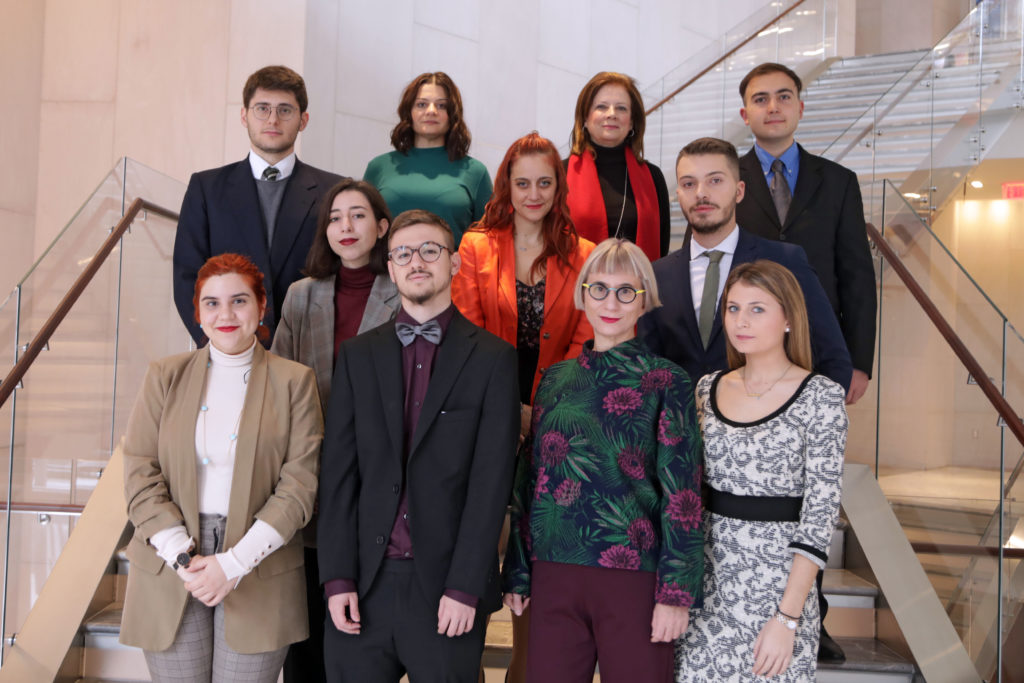
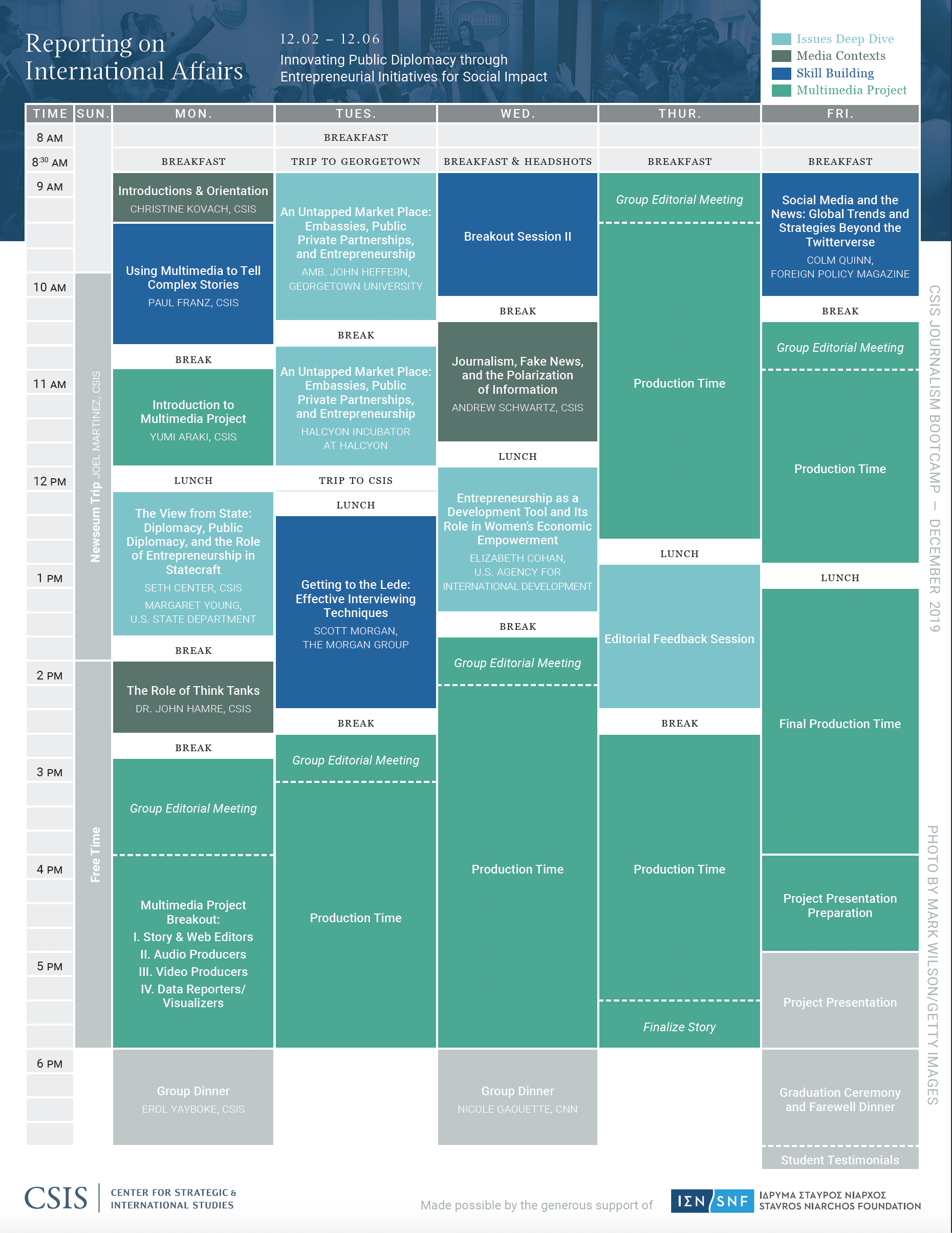
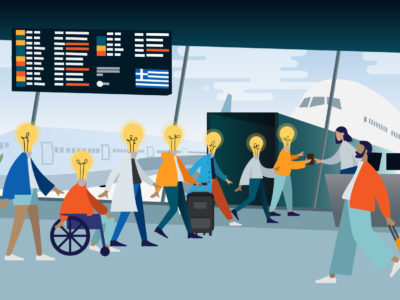 https://journalism.csis.org/wp-content/uploads/2019/12/brain_drain_header_2-400×300.jpg
https://journalism.csis.org/wp-content/uploads/2019/12/brain_drain_header_2-400×300.jpg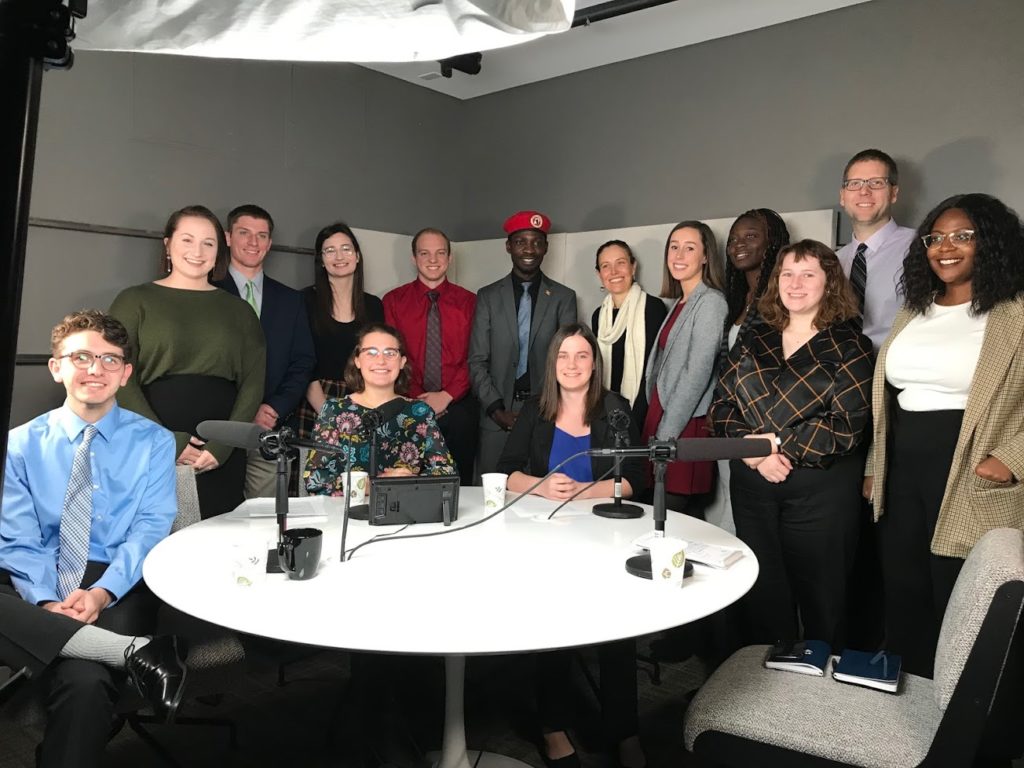
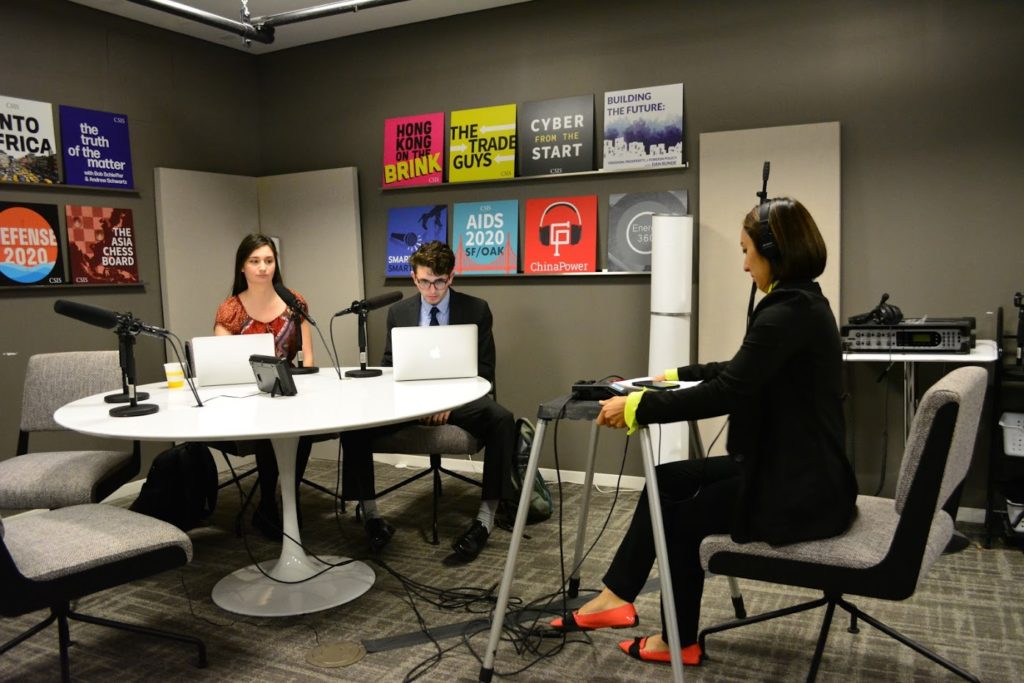
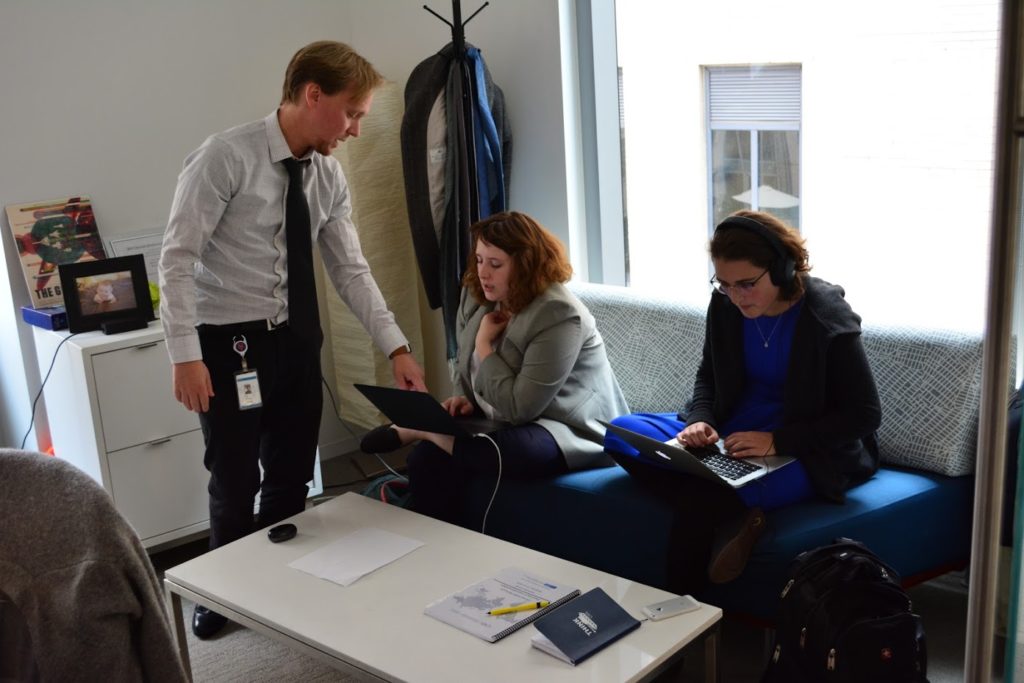
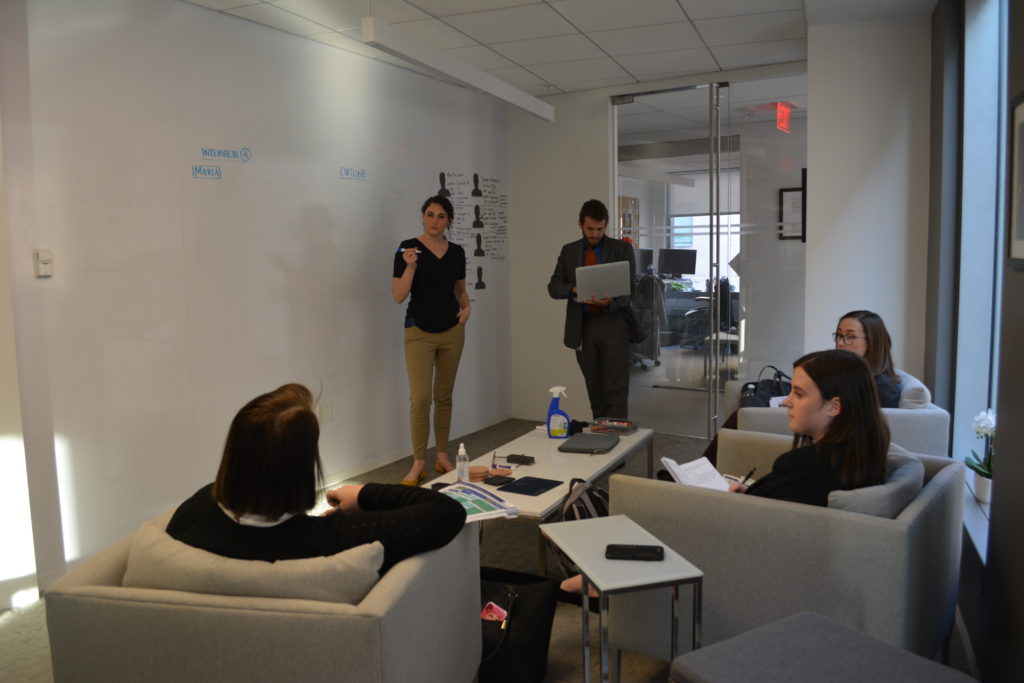
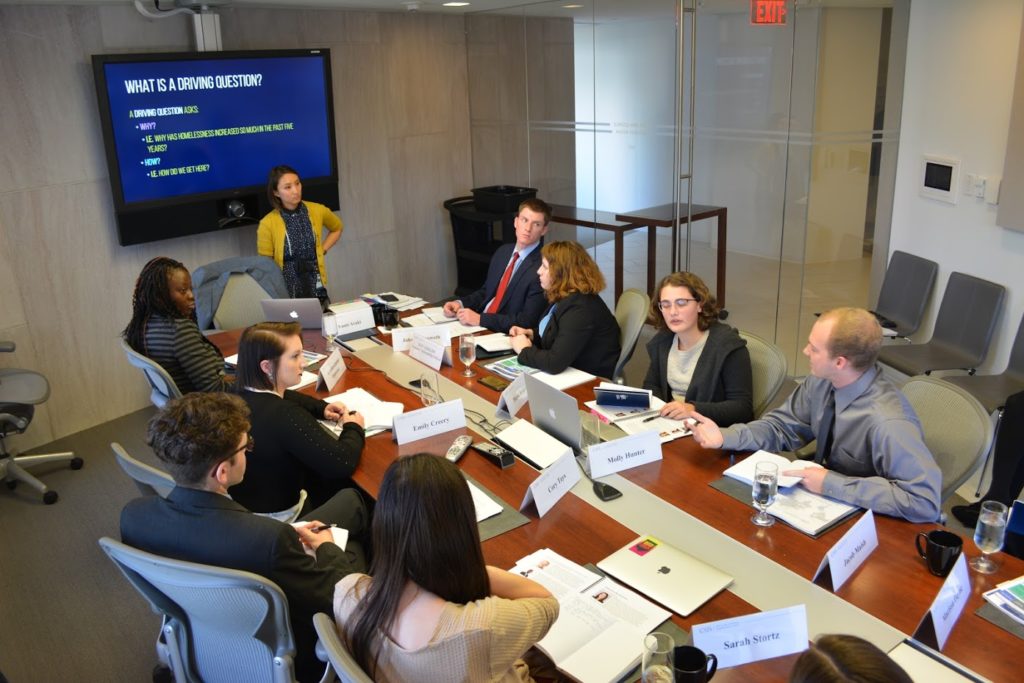

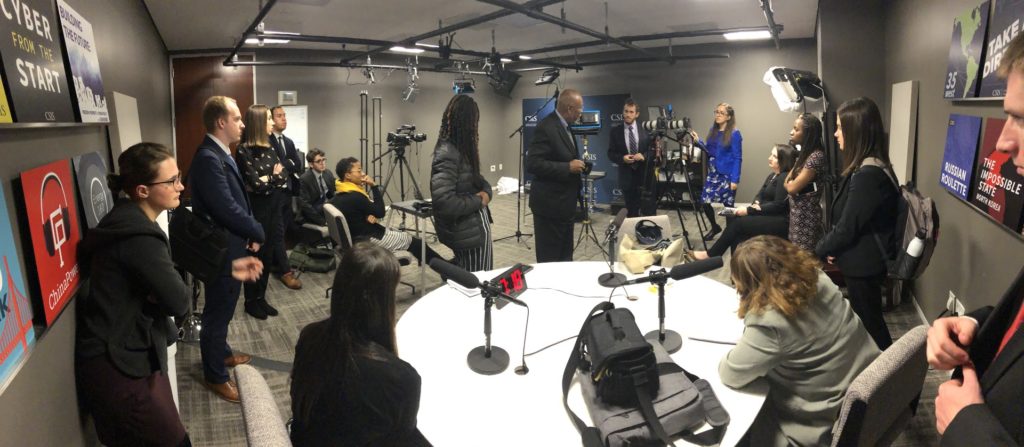

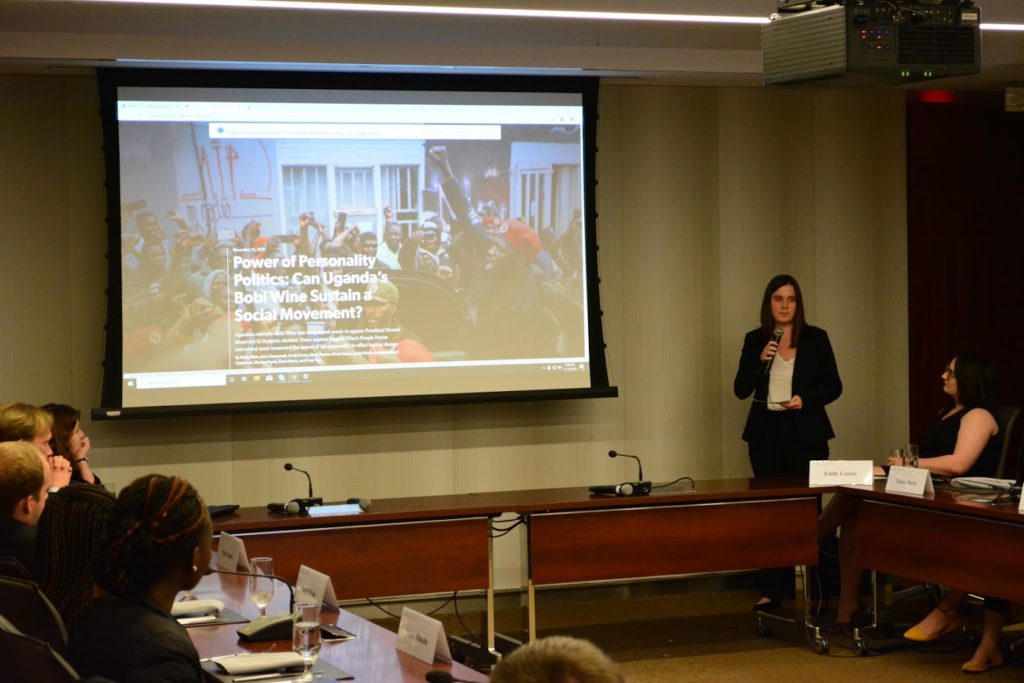
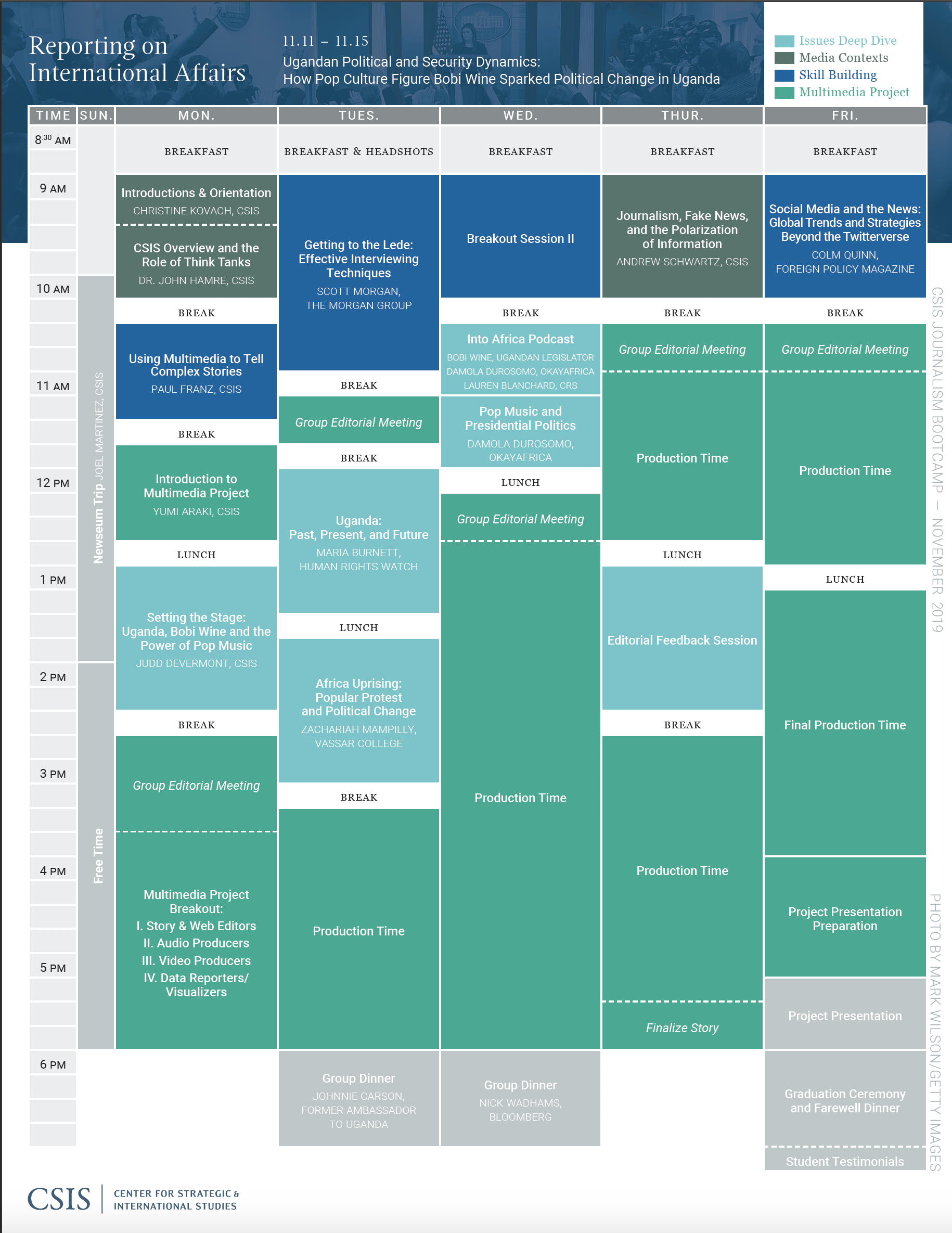
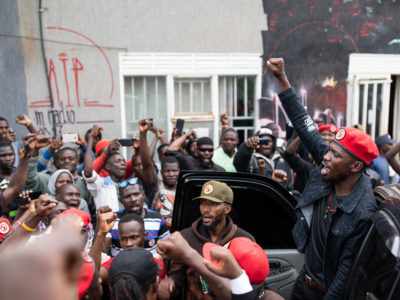 https://journalism.csis.org/wp-content/uploads/2019/11/GettyImages-1185904957-400×300.jpg
https://journalism.csis.org/wp-content/uploads/2019/11/GettyImages-1185904957-400×300.jpg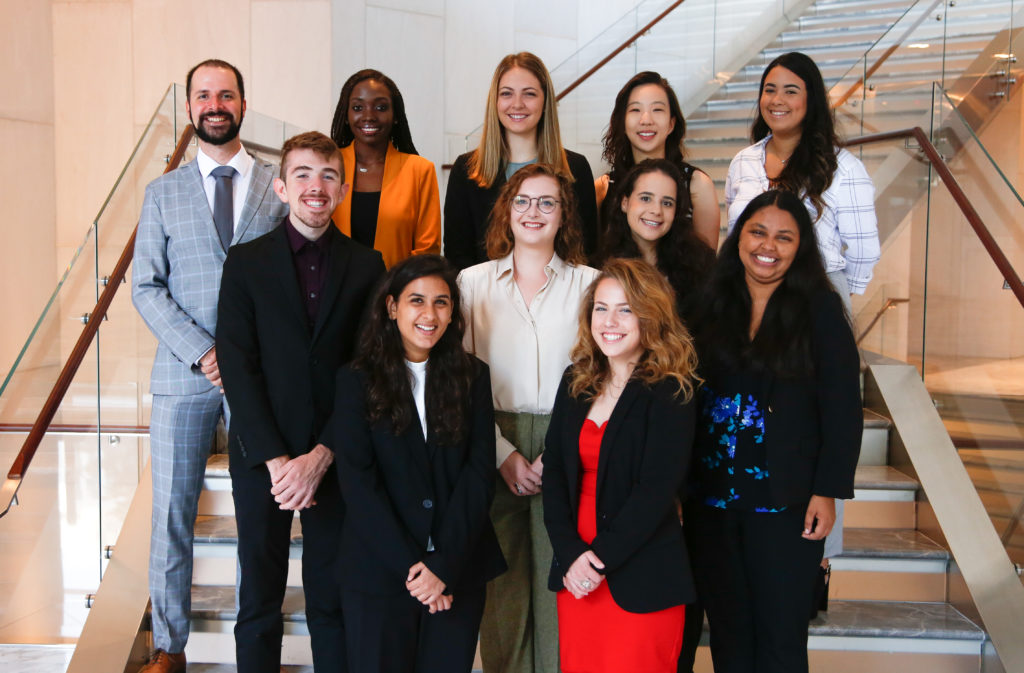

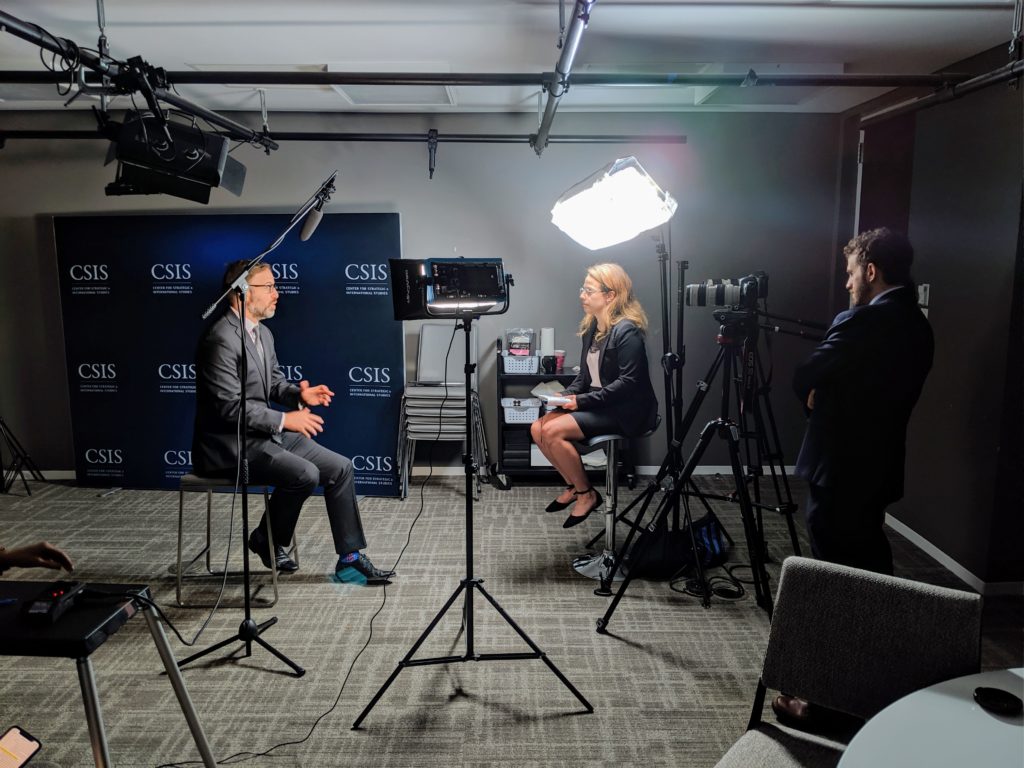
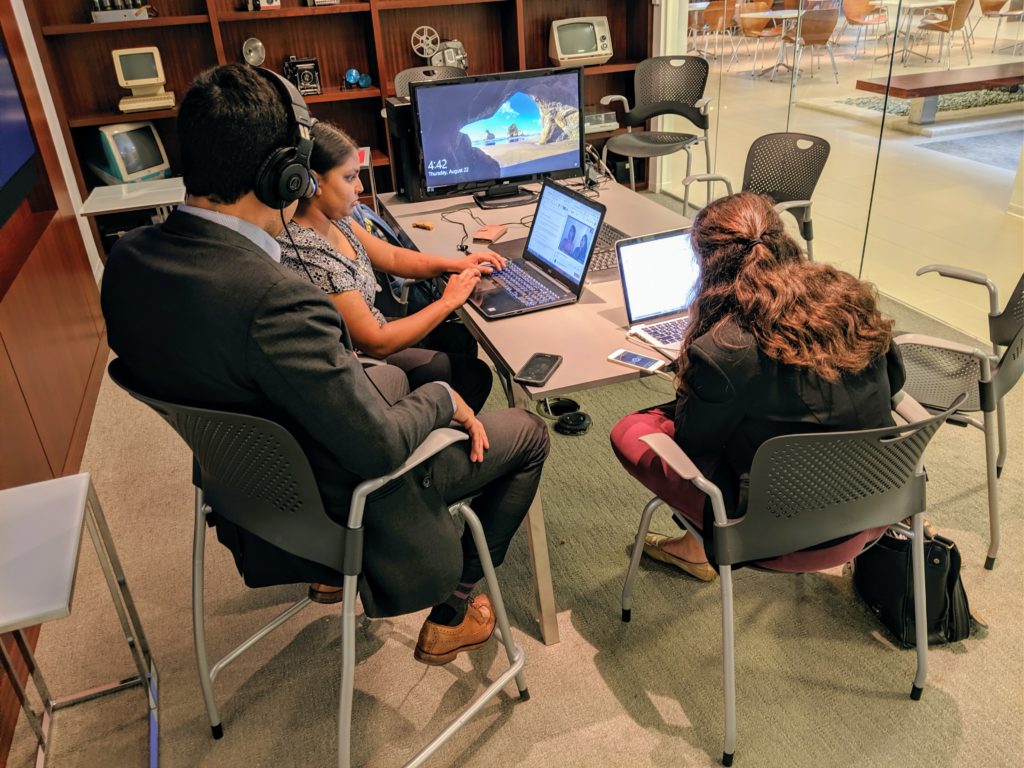
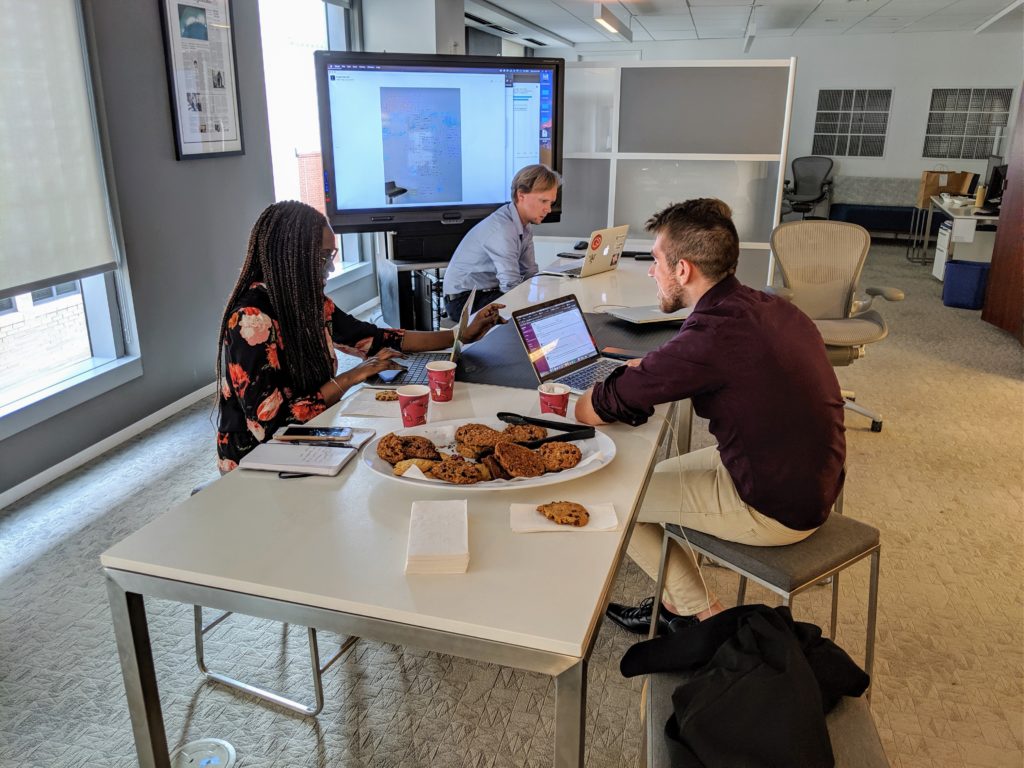
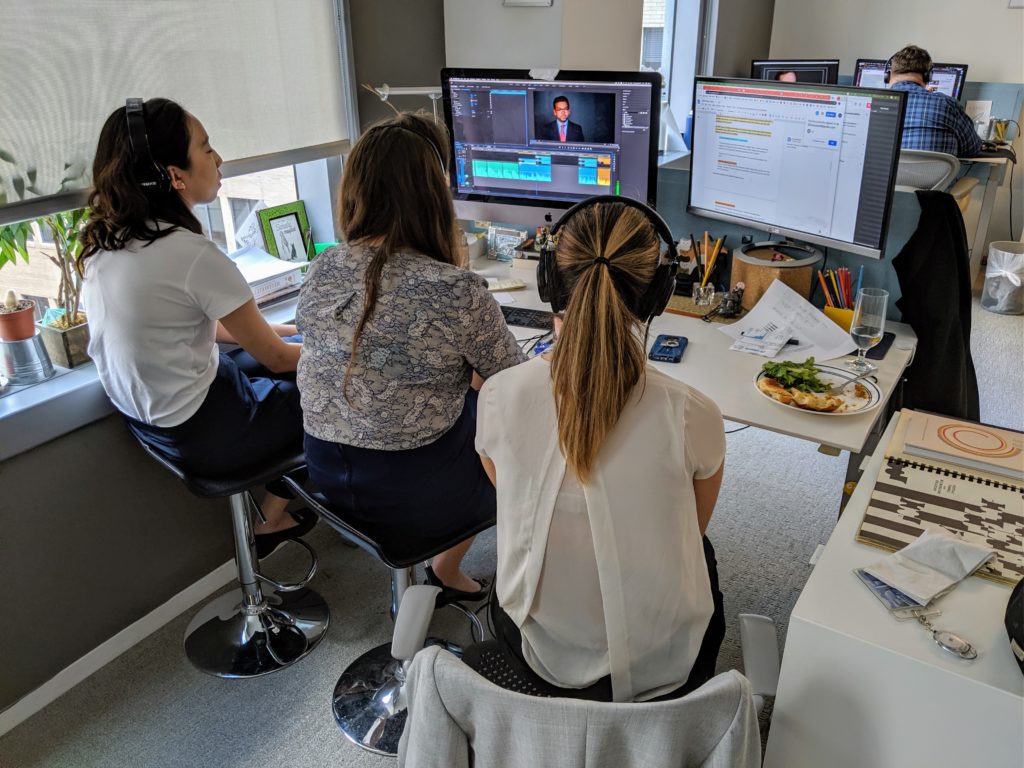

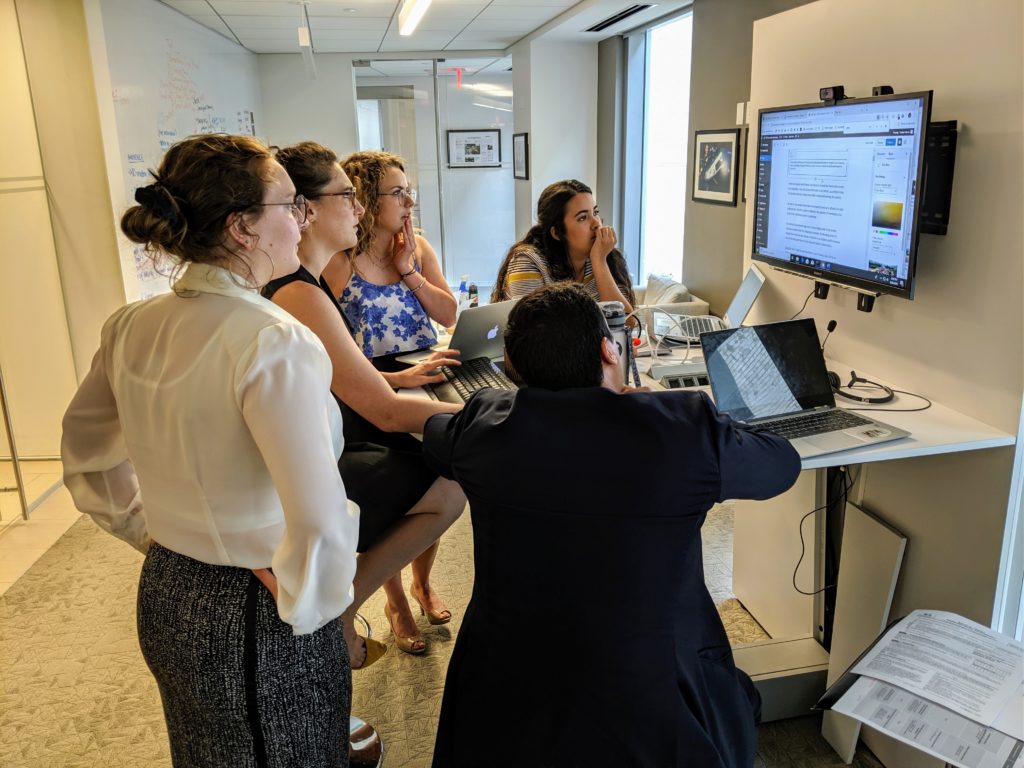
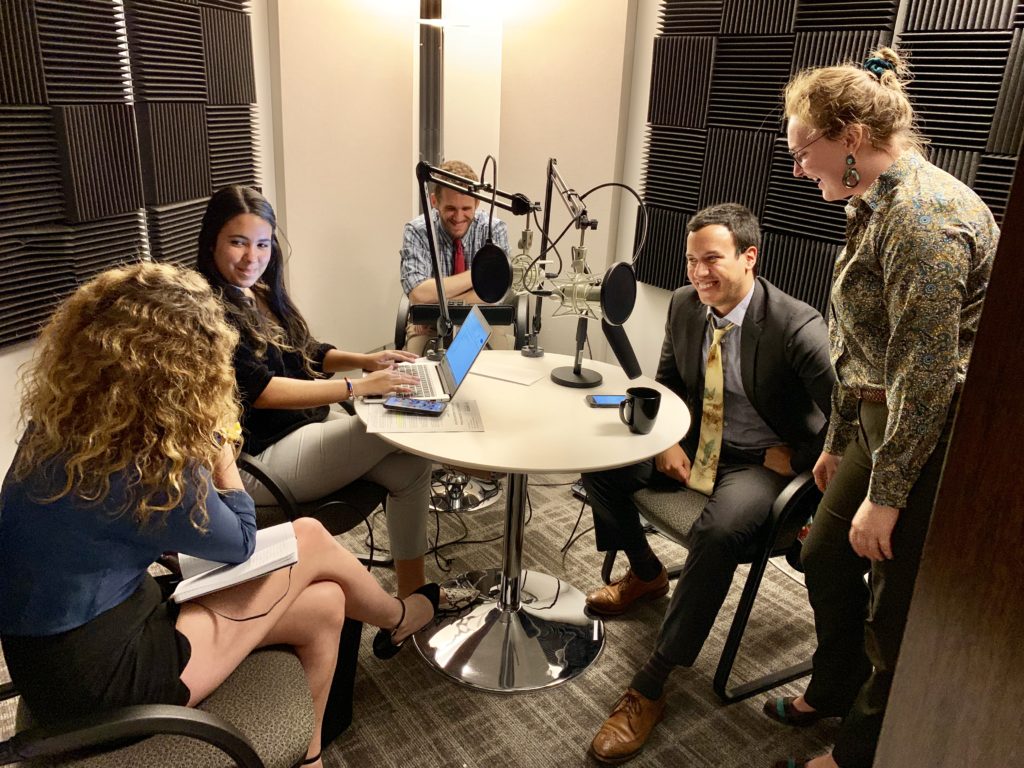
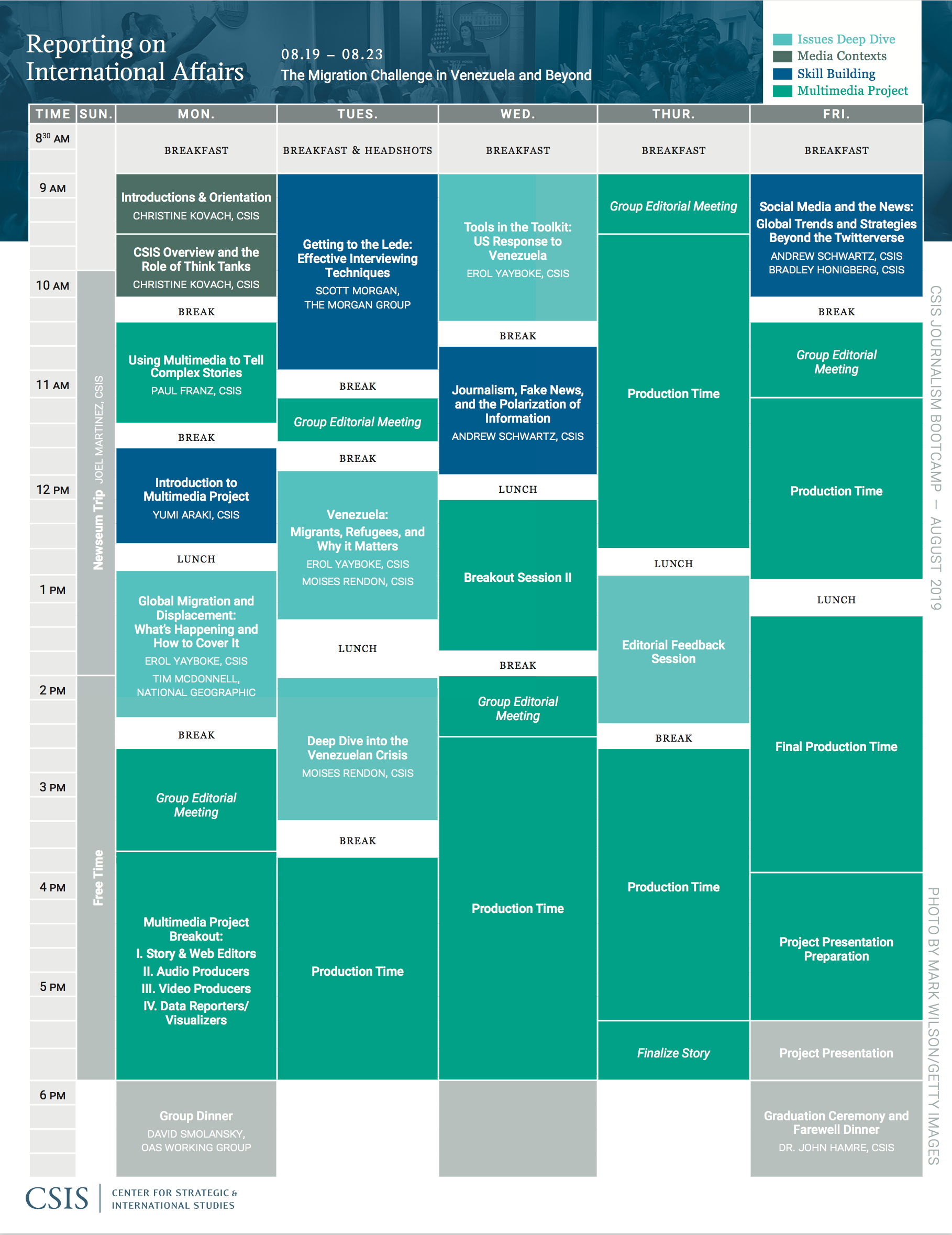
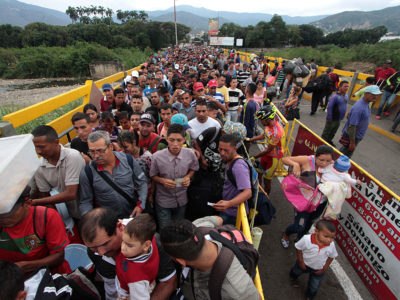 https://journalism.csis.org/wp-content/uploads/2019/08/Venezuela-migration_crowd-on-bridge-400×300.jpg
https://journalism.csis.org/wp-content/uploads/2019/08/Venezuela-migration_crowd-on-bridge-400×300.jpg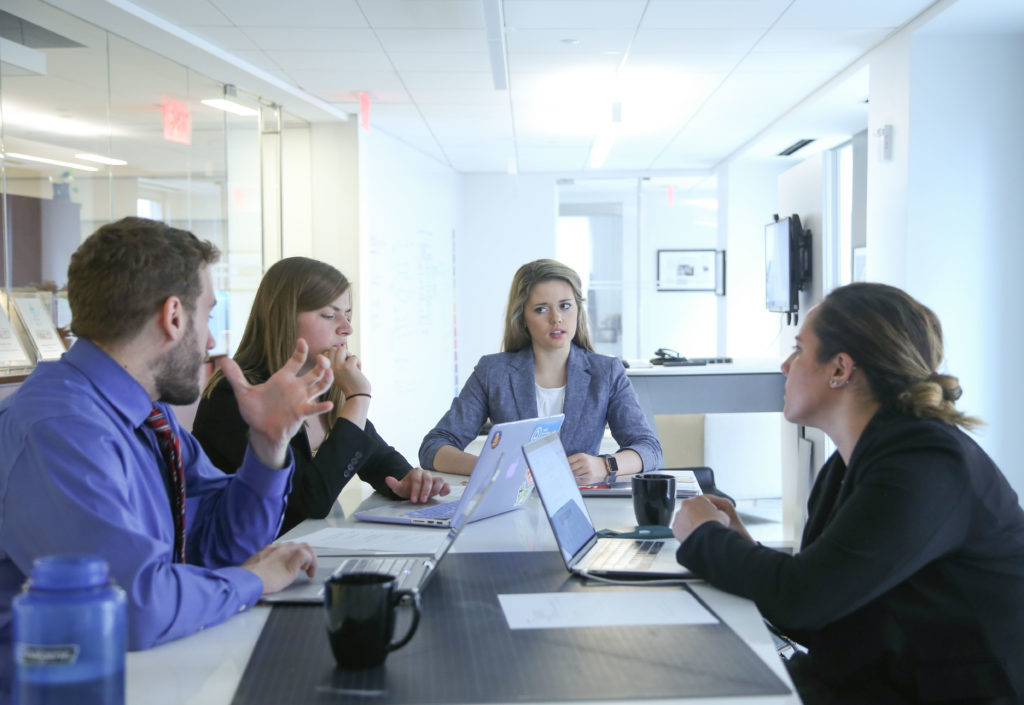
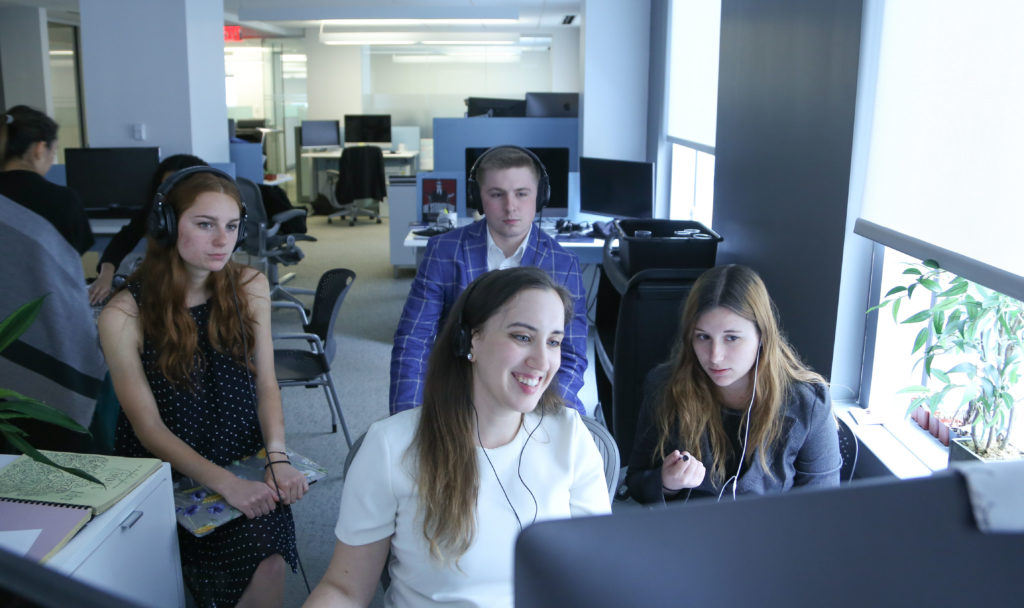
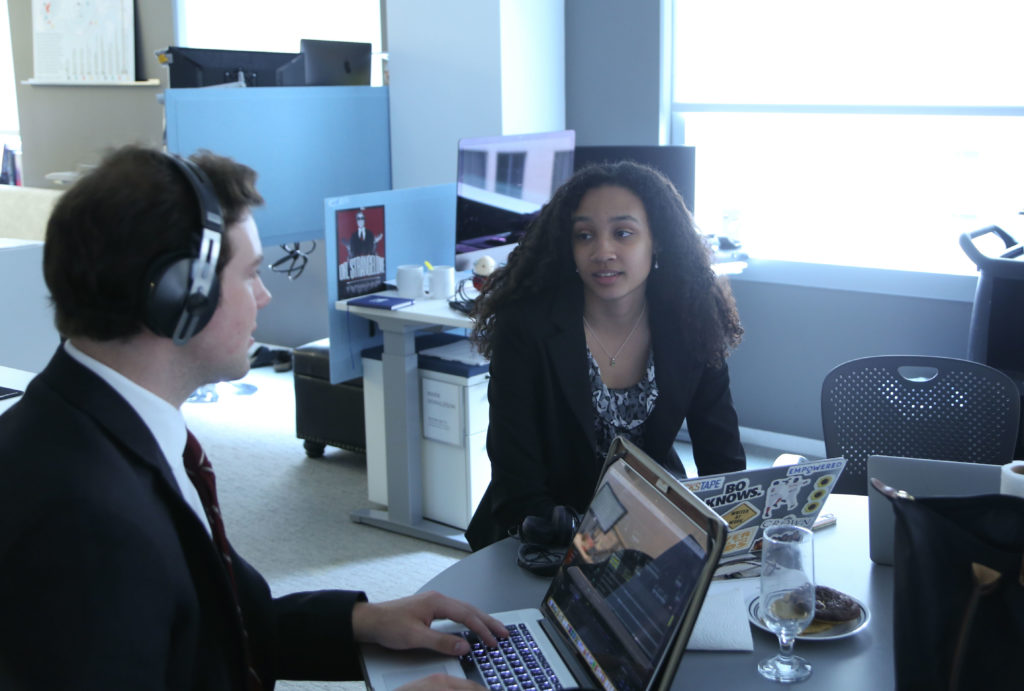

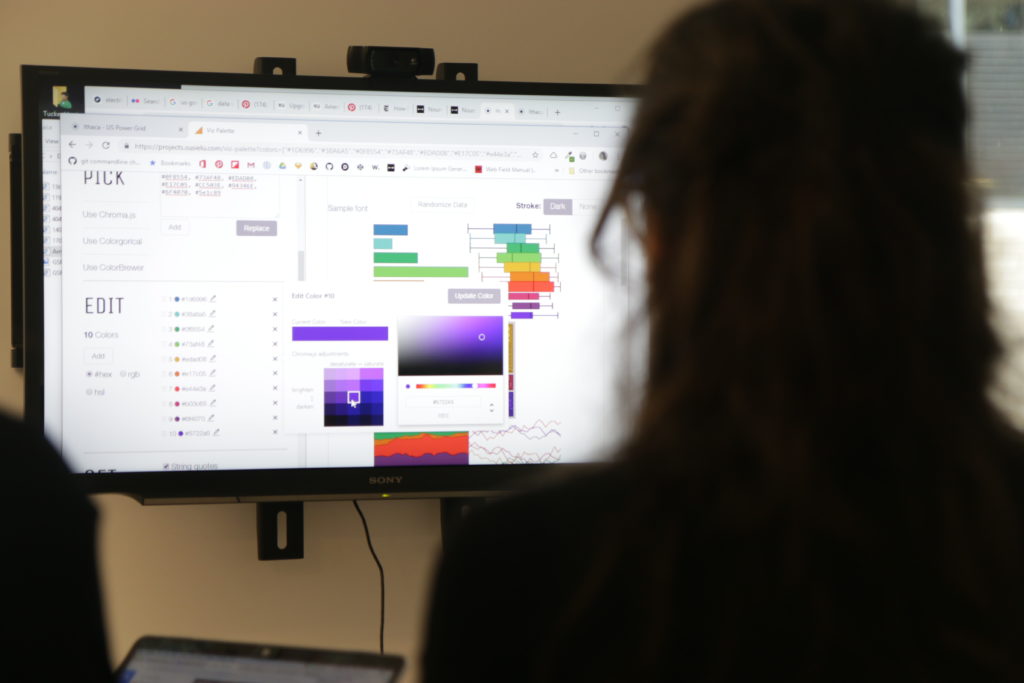

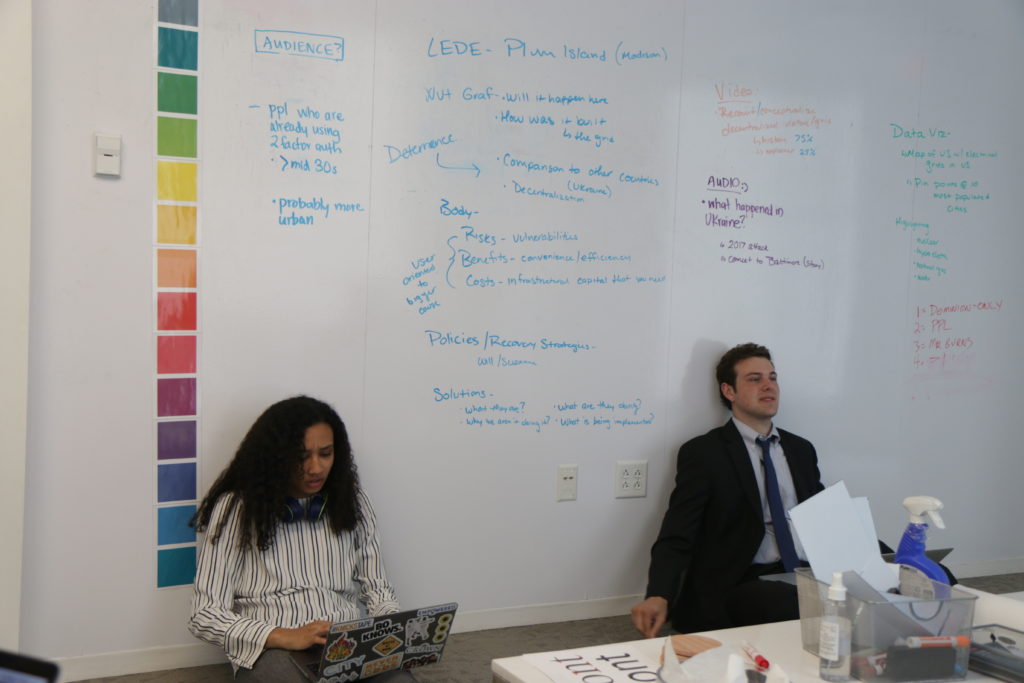
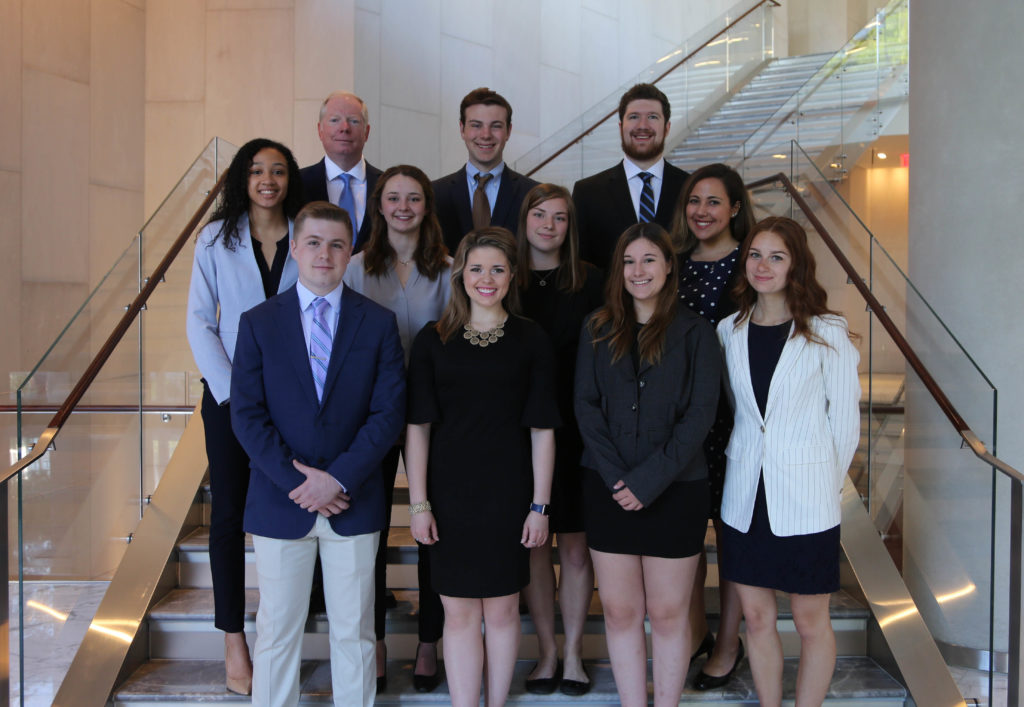
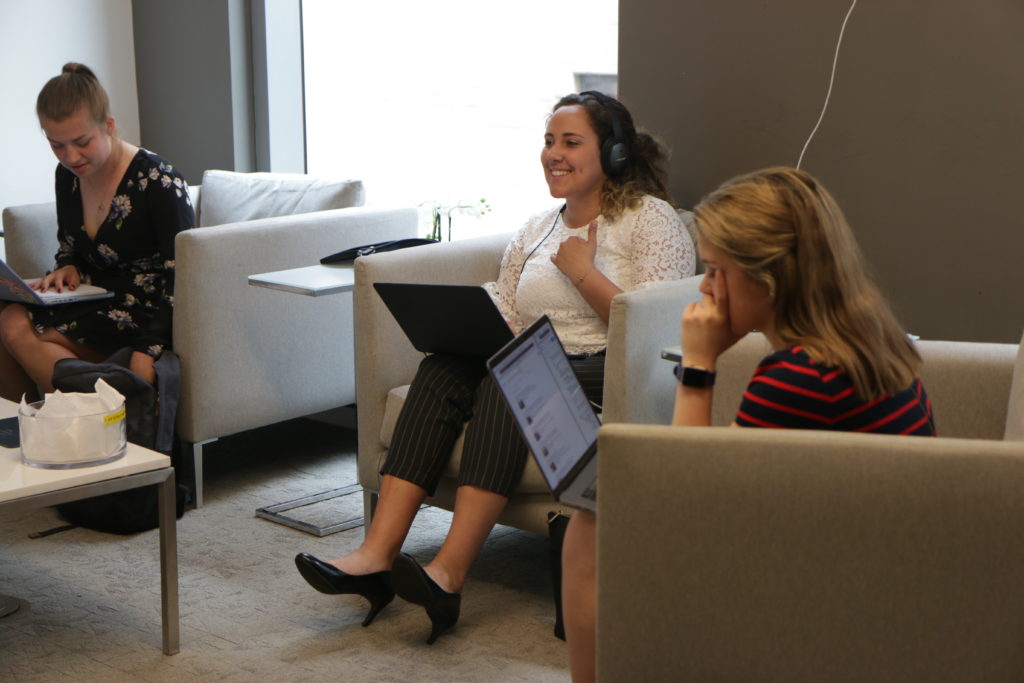
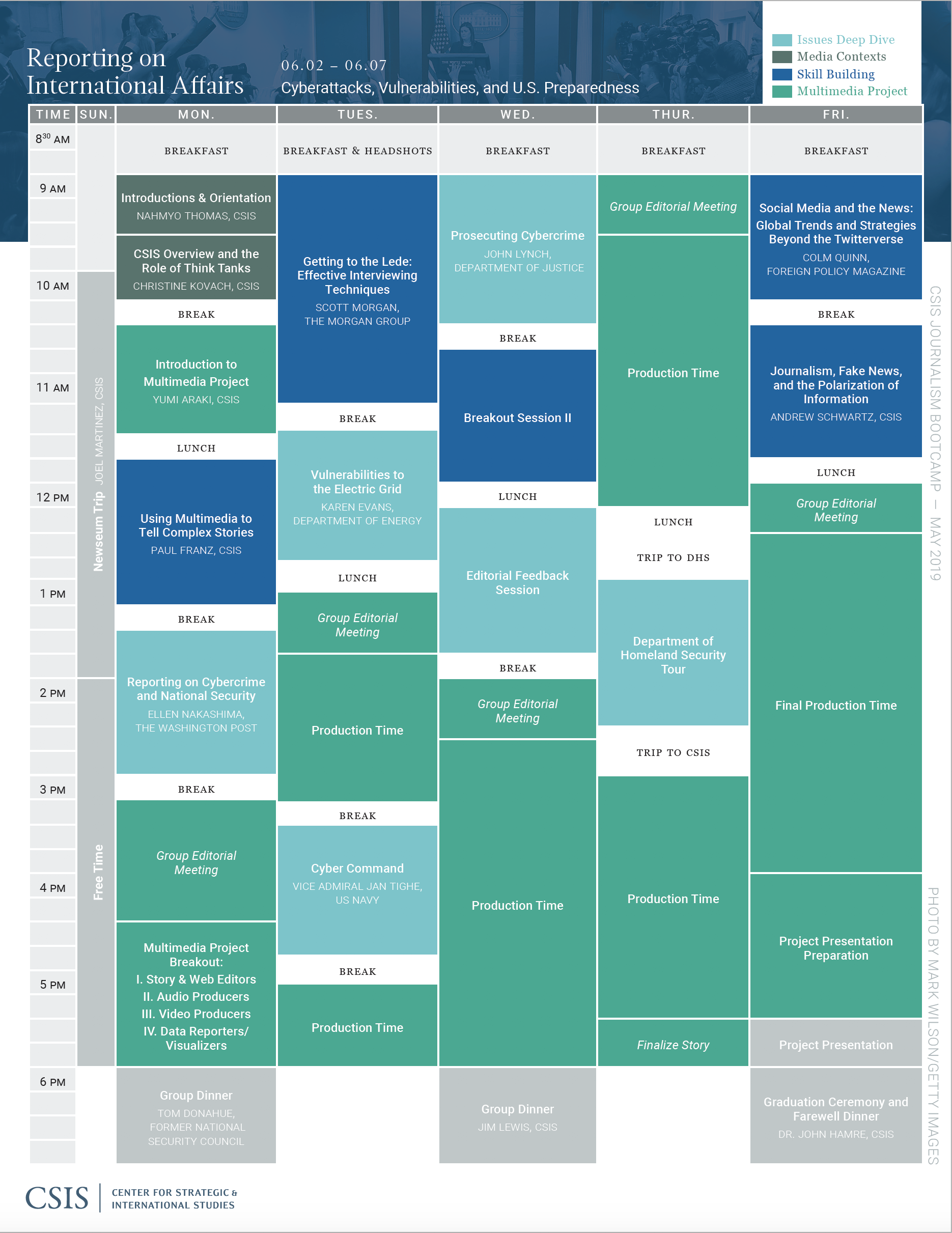
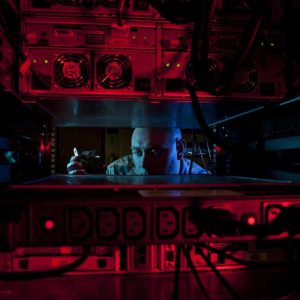 https://journalism.csis.org/wp-content/uploads/2019/06/cyber-command-readiness-preparation_resized-300×300.jpg
https://journalism.csis.org/wp-content/uploads/2019/06/cyber-command-readiness-preparation_resized-300×300.jpg
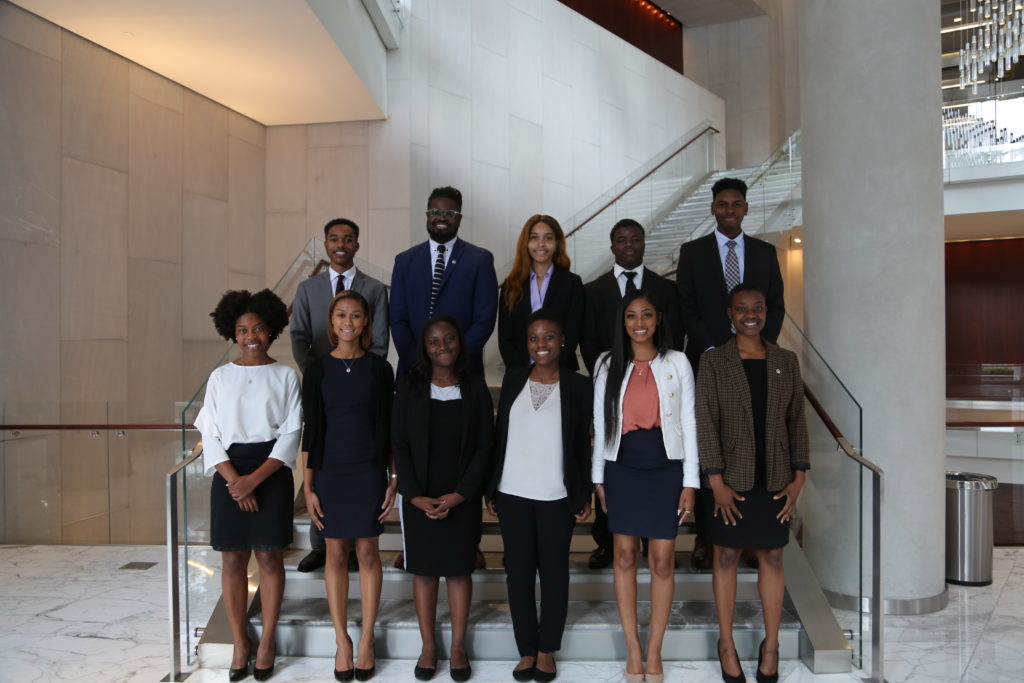
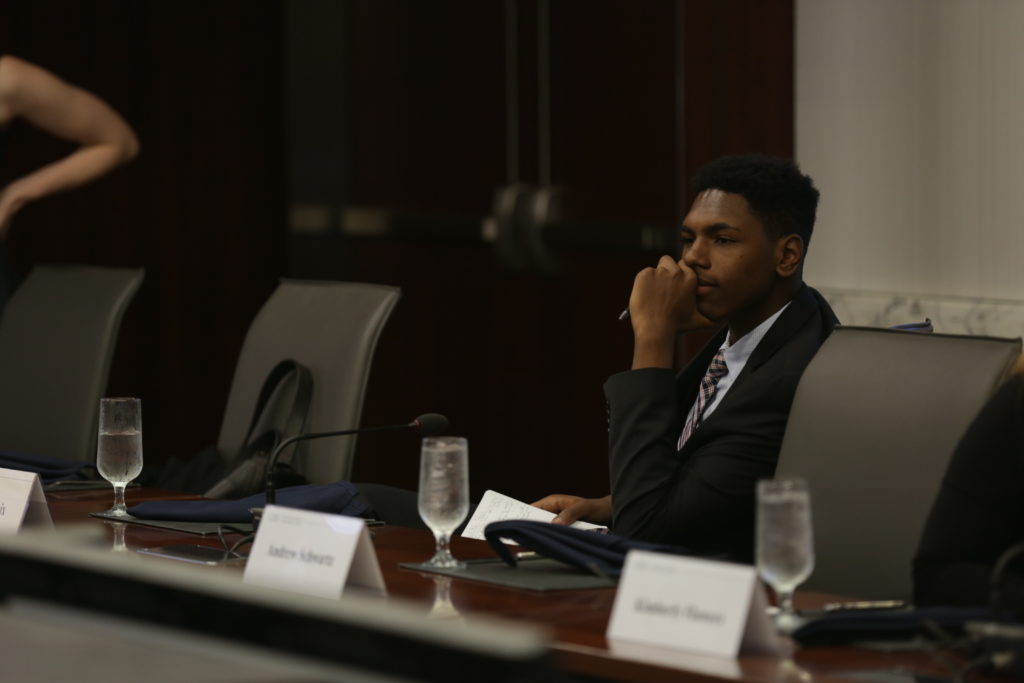
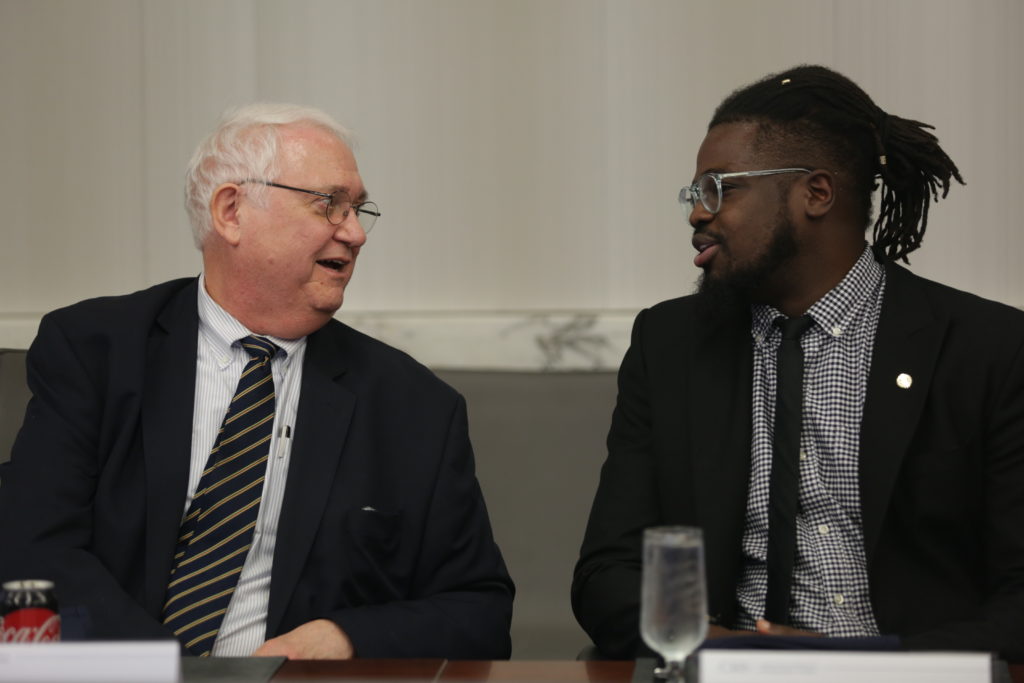
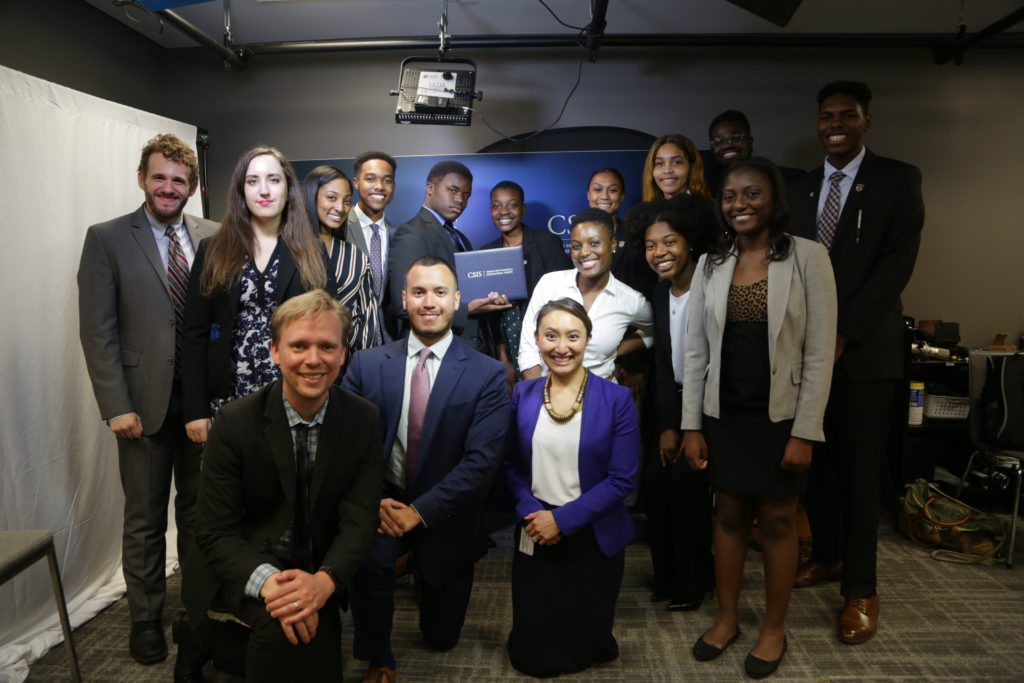
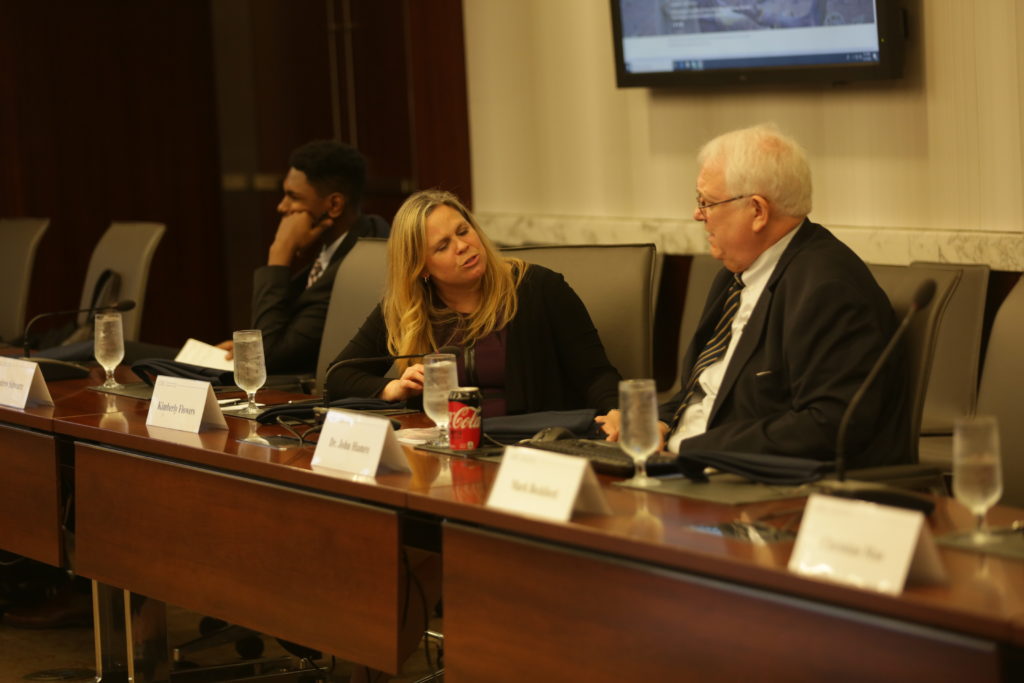
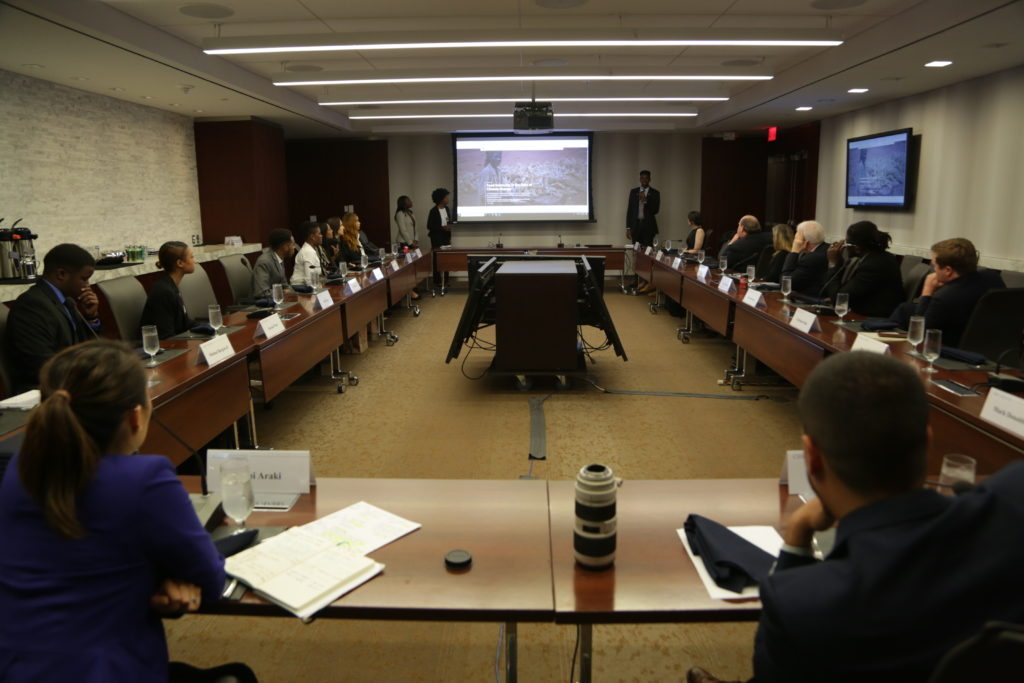
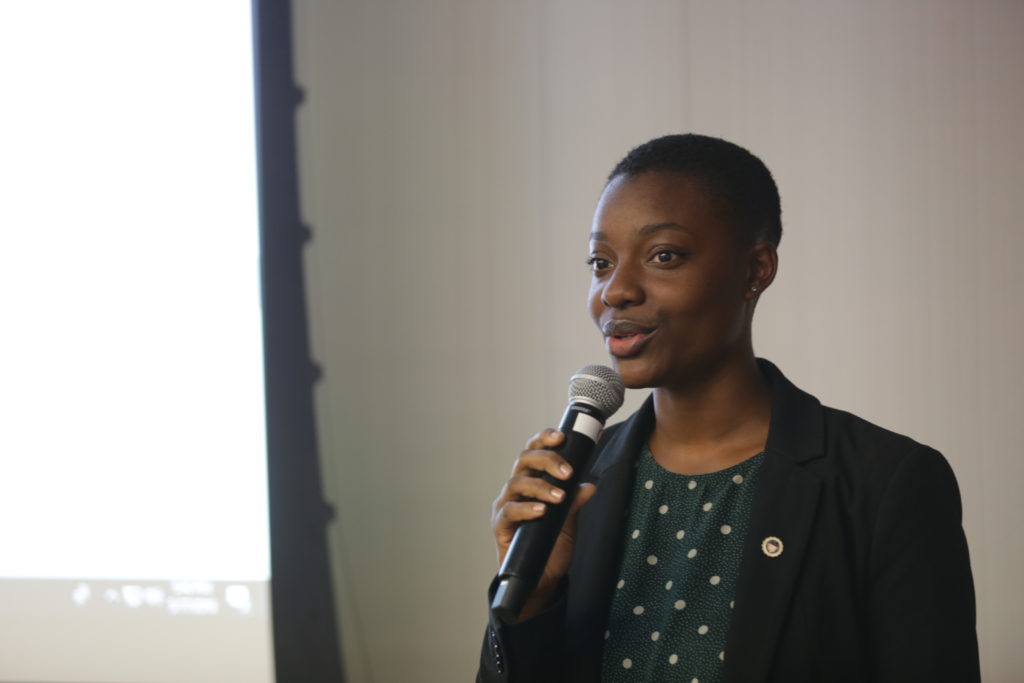

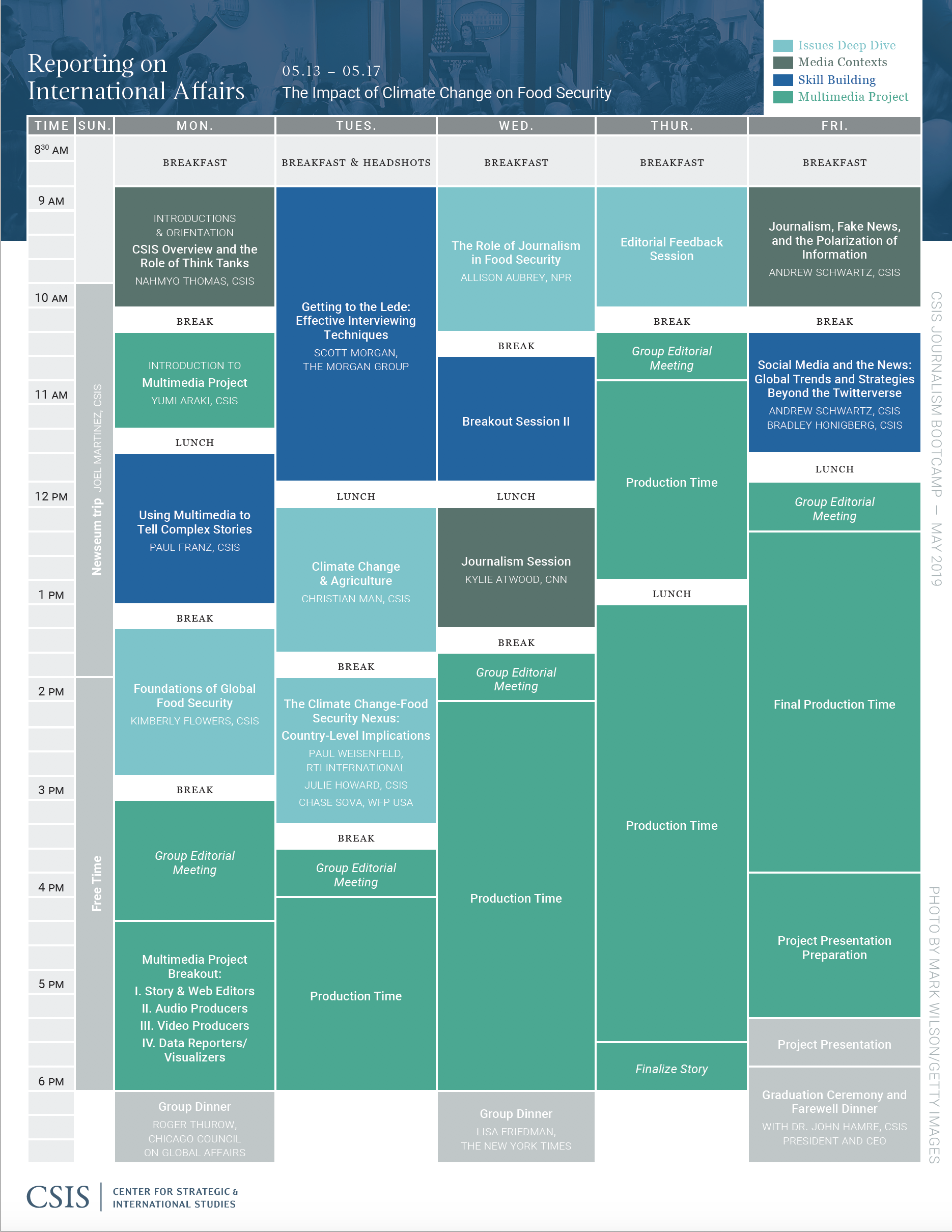
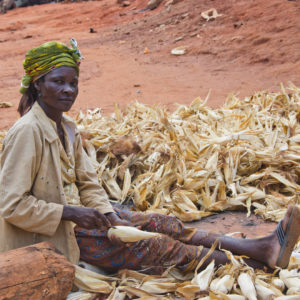 https://journalism.csis.org/wp-content/uploads/2019/05/ghana-woman-with-maize-300×300.jpg
https://journalism.csis.org/wp-content/uploads/2019/05/ghana-woman-with-maize-300×300.jpg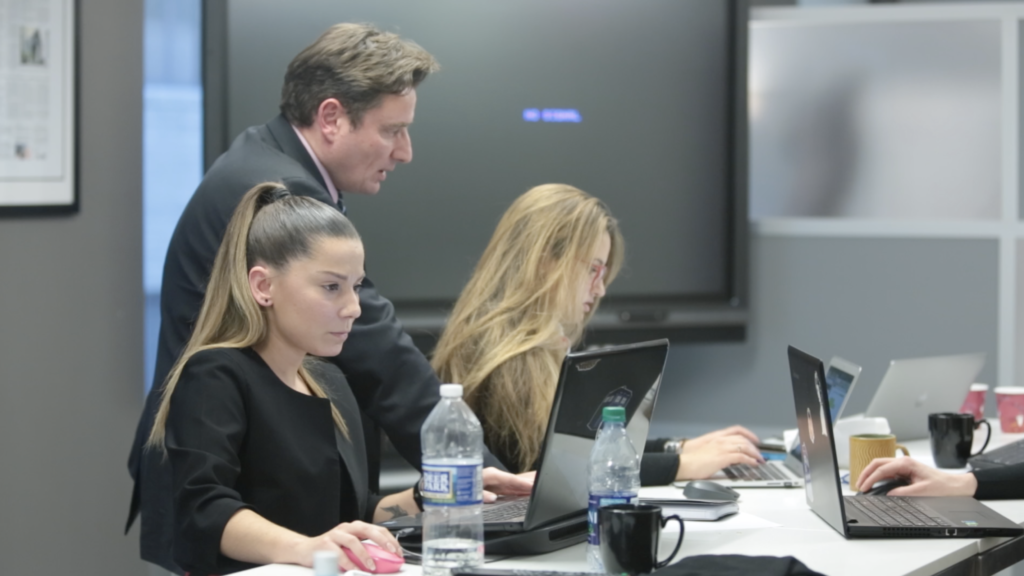


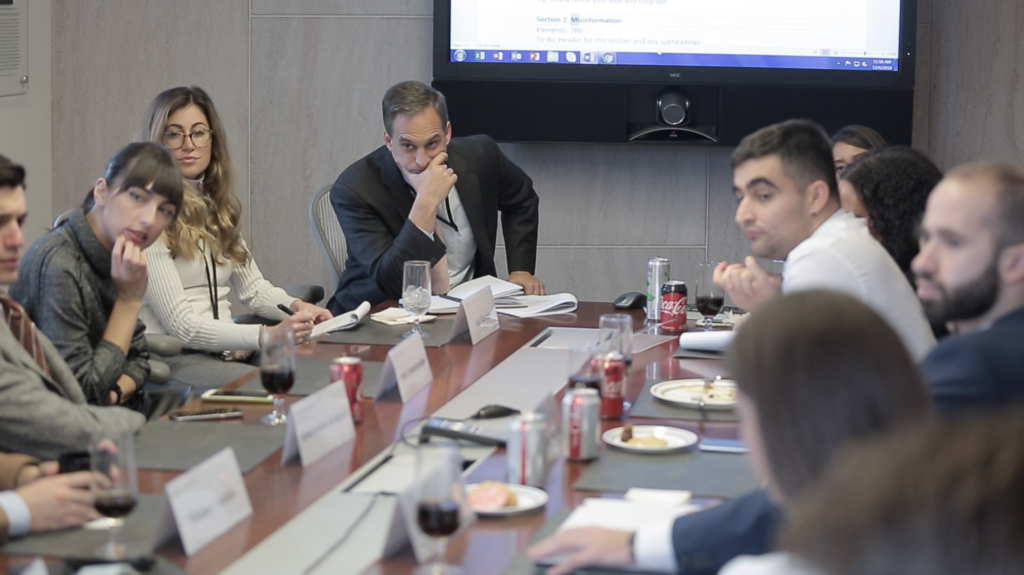
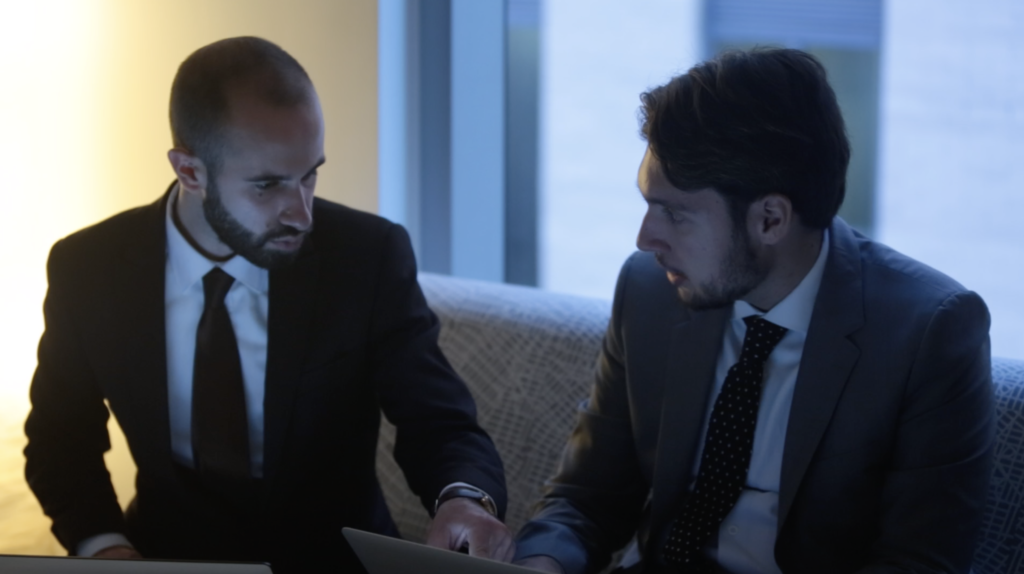
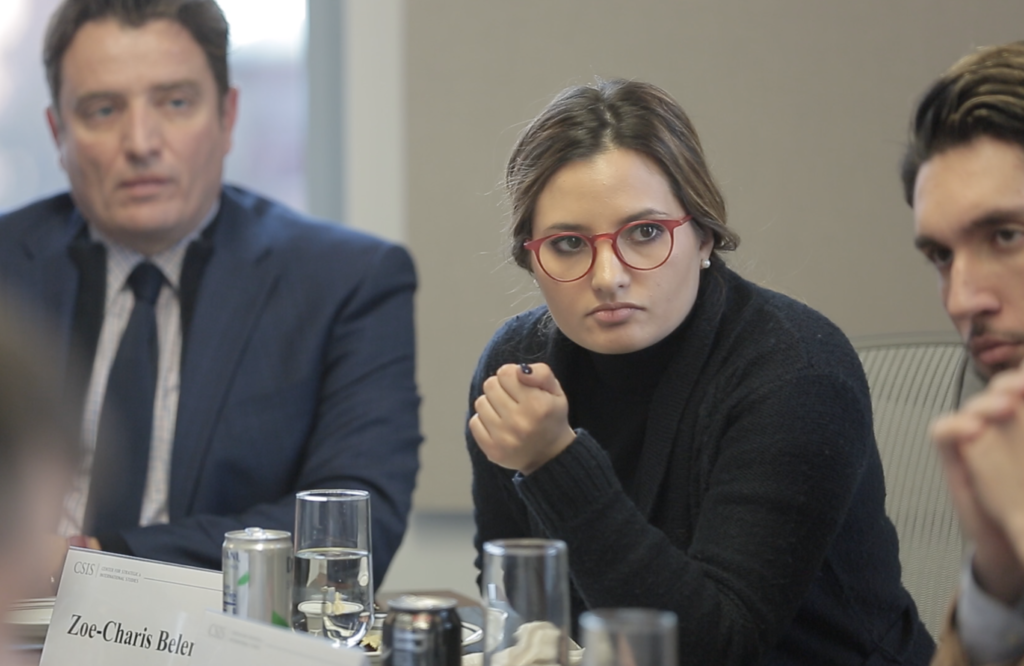
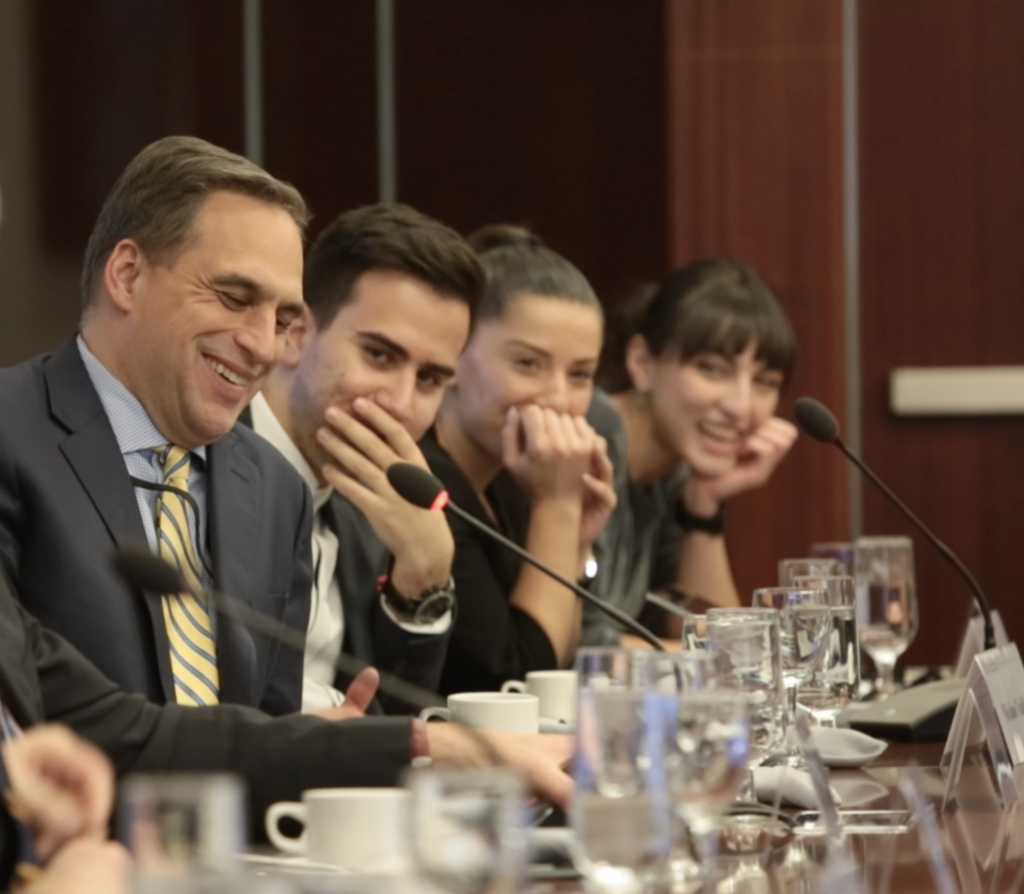
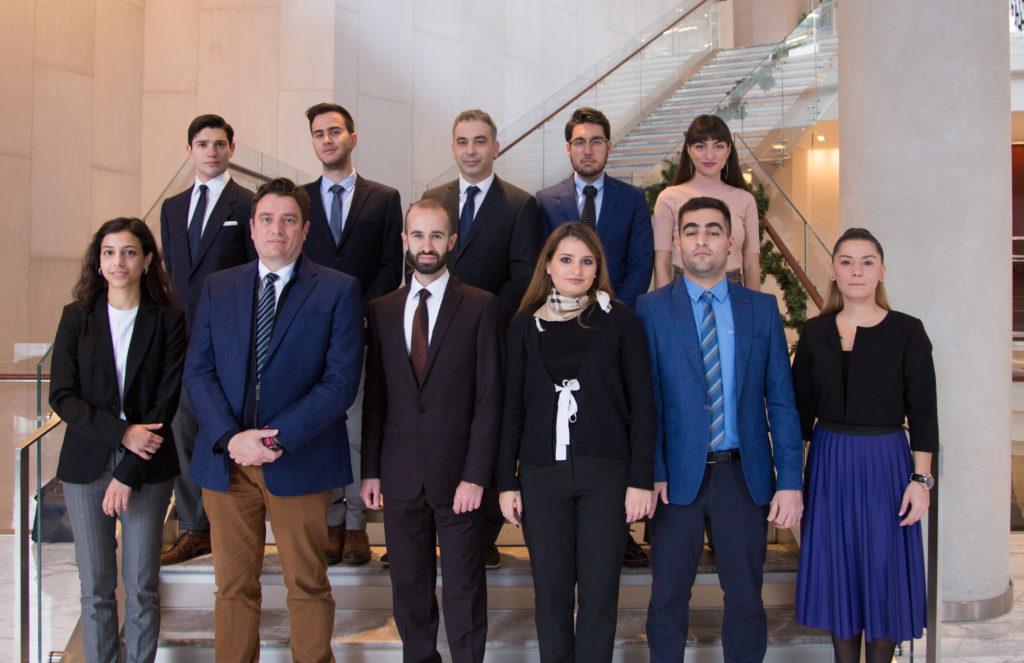
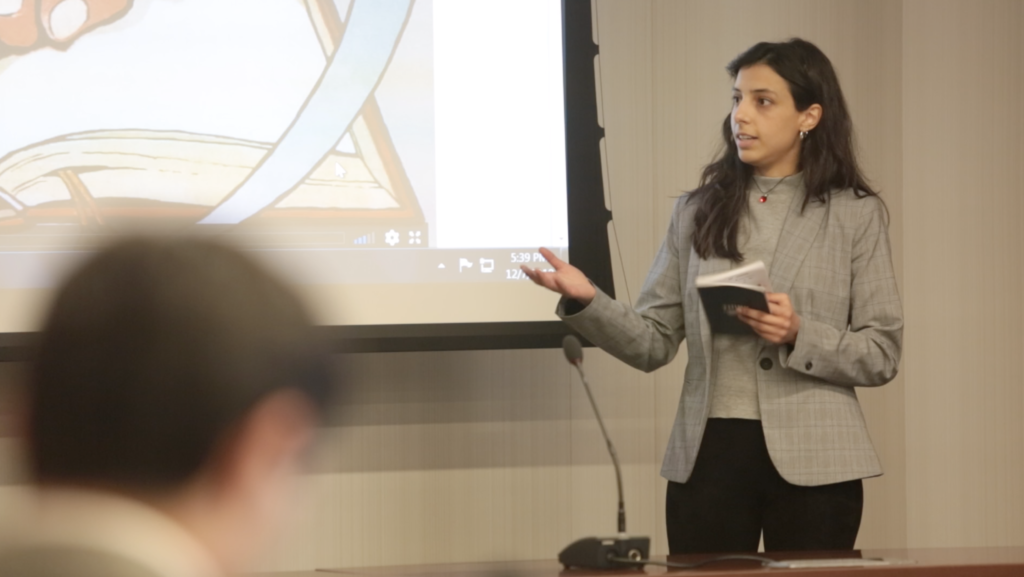
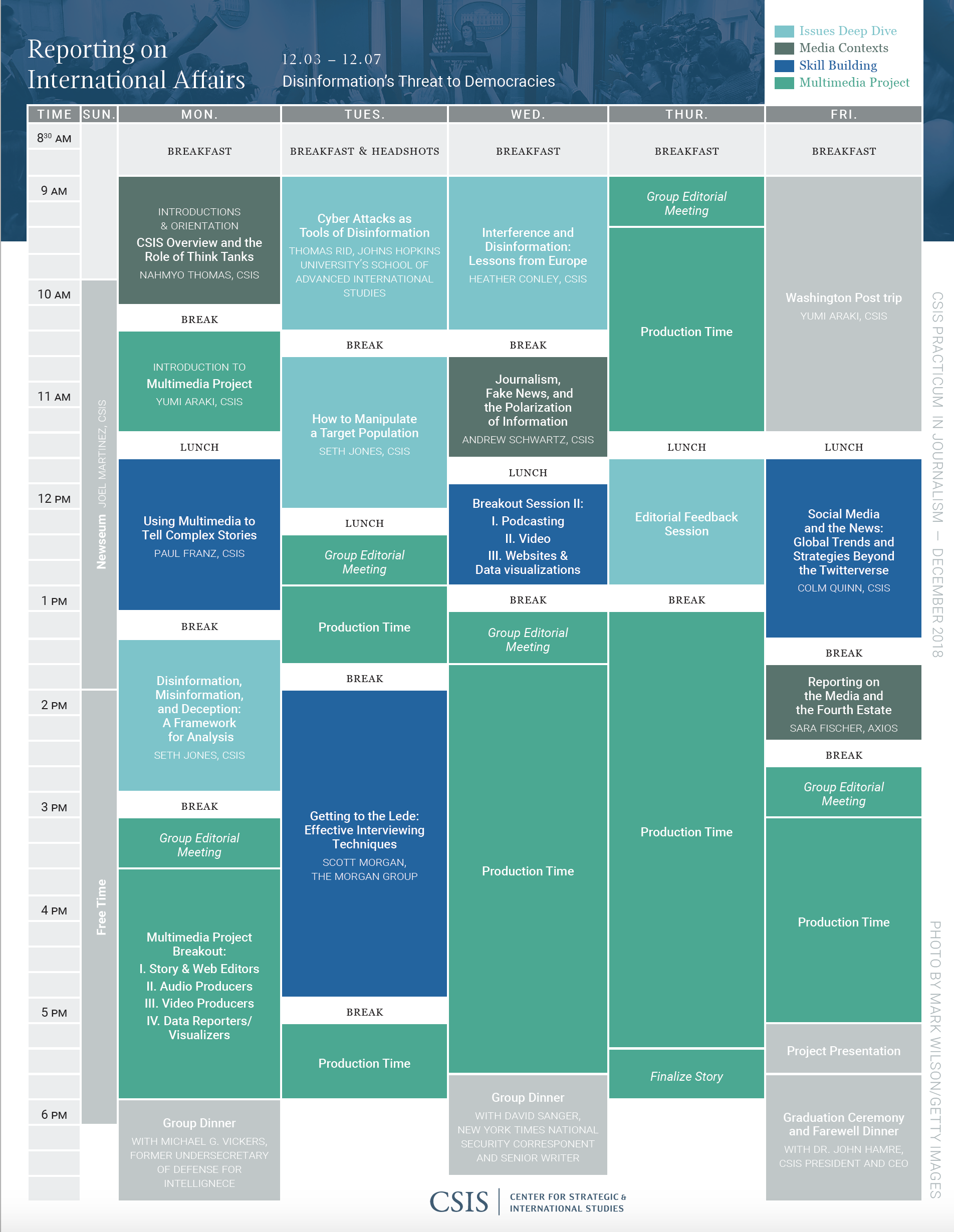
 http://journalism.csis.org/wp-content/uploads/2019/06/hungary_storyHed4-300×300.jpg
http://journalism.csis.org/wp-content/uploads/2019/06/hungary_storyHed4-300×300.jpg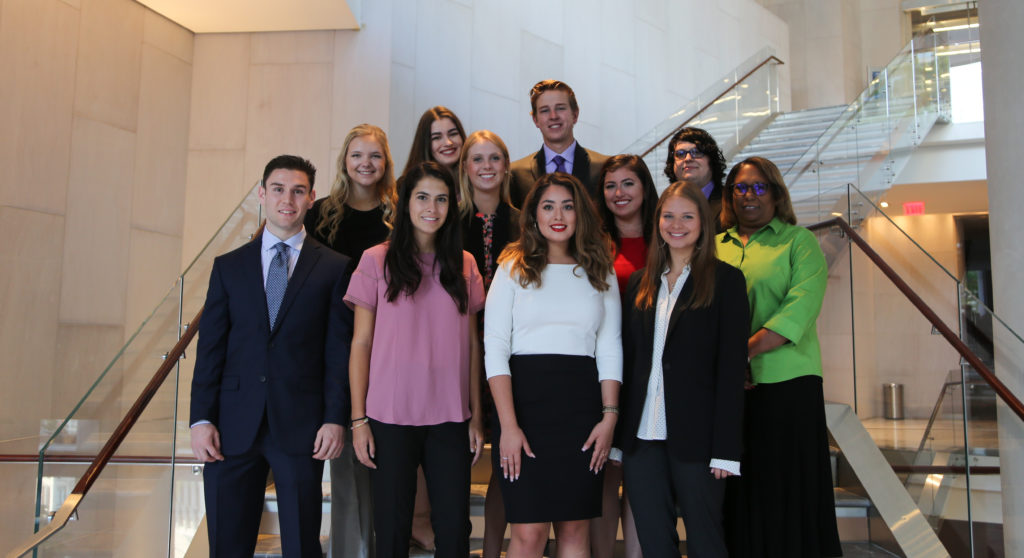

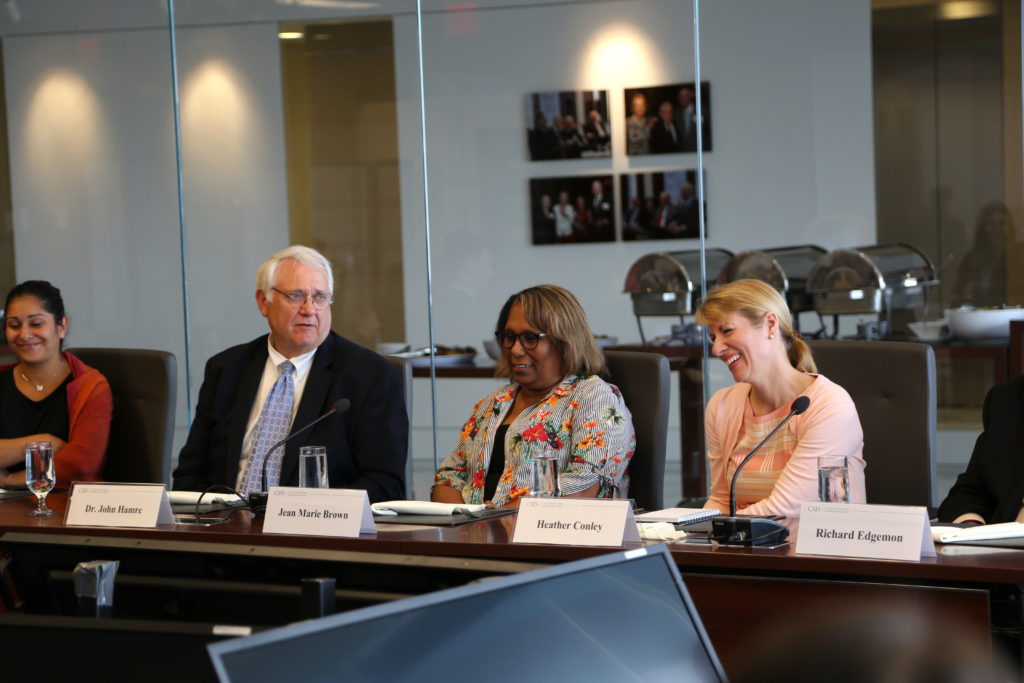

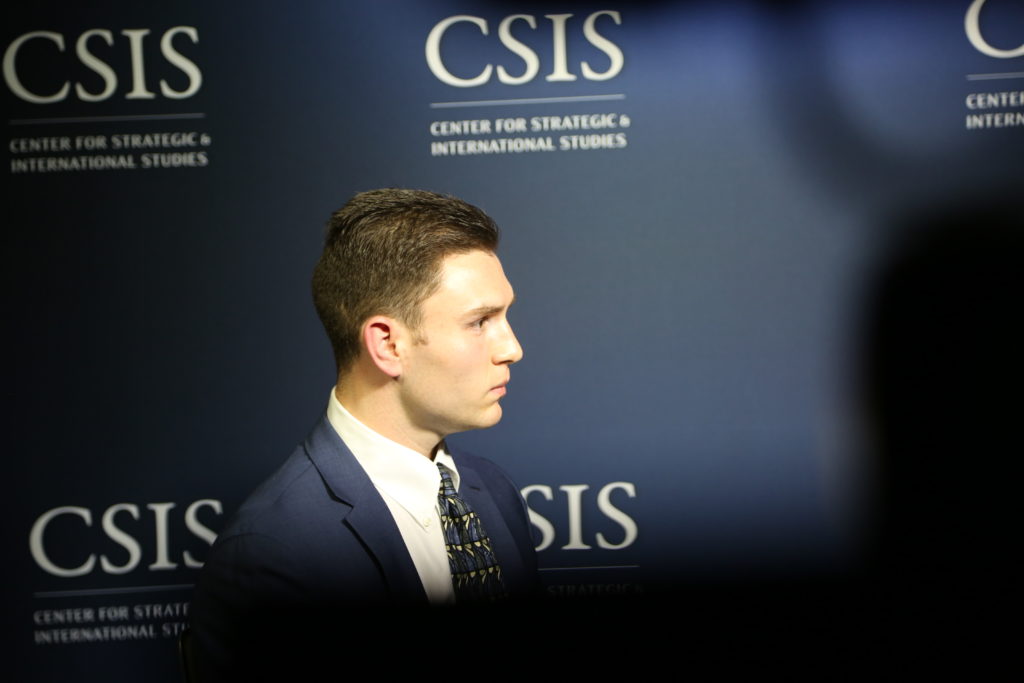
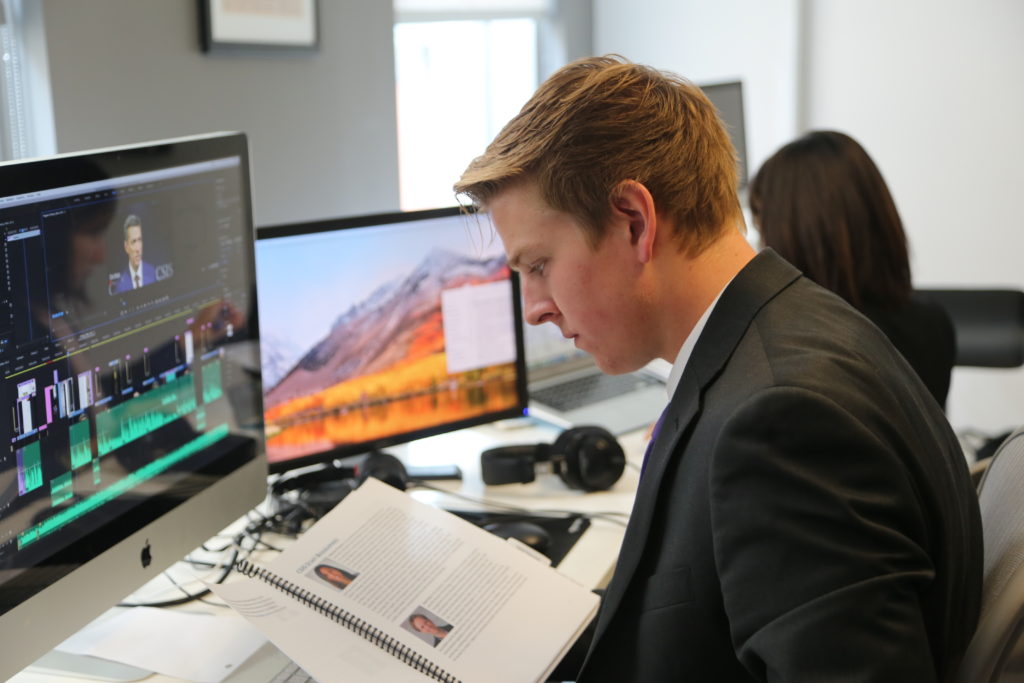

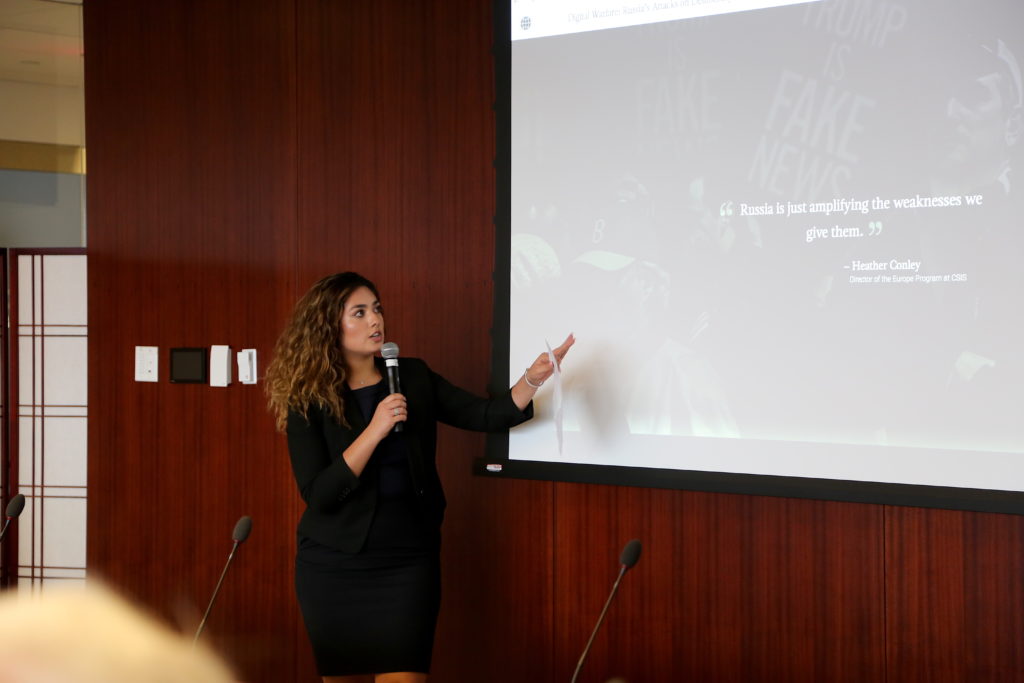
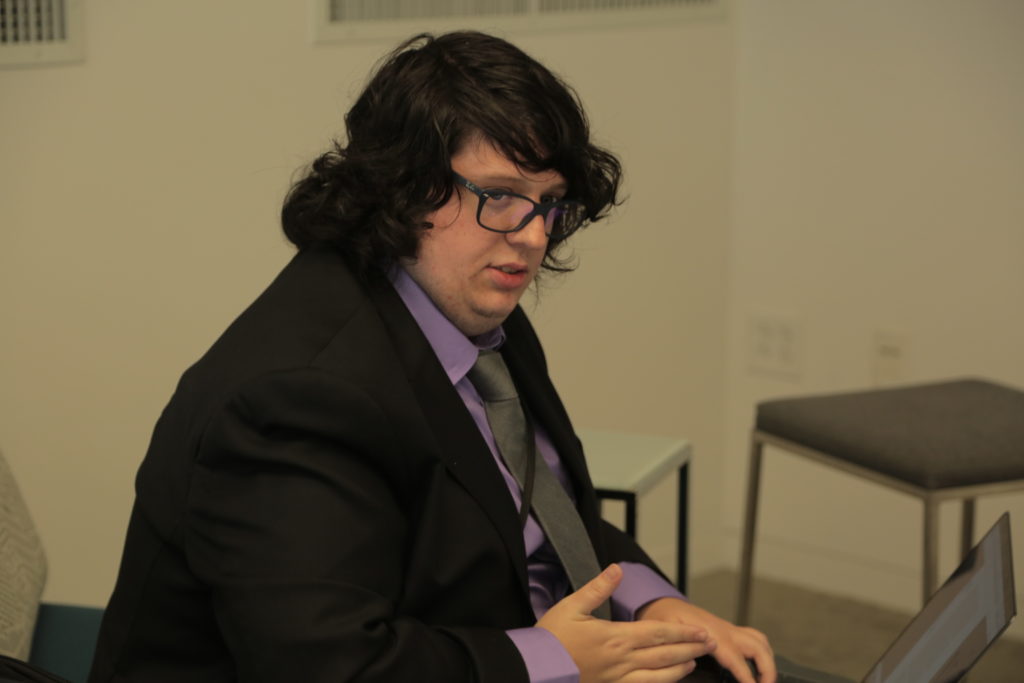
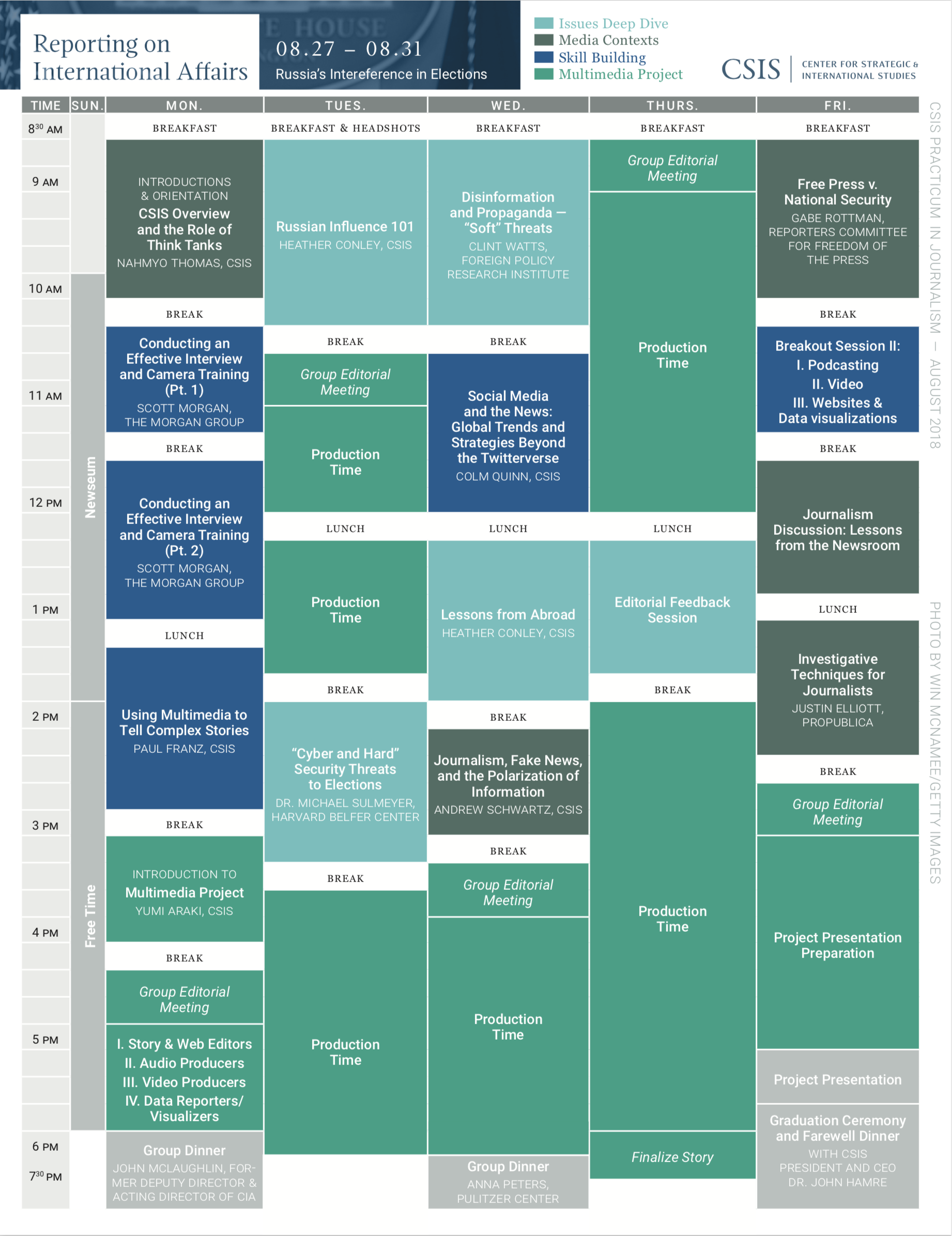
 http://journalism.csis.org/wp-content/uploads/2018/08/AP_18234351522702-150×150.jpg
http://journalism.csis.org/wp-content/uploads/2018/08/AP_18234351522702-150×150.jpg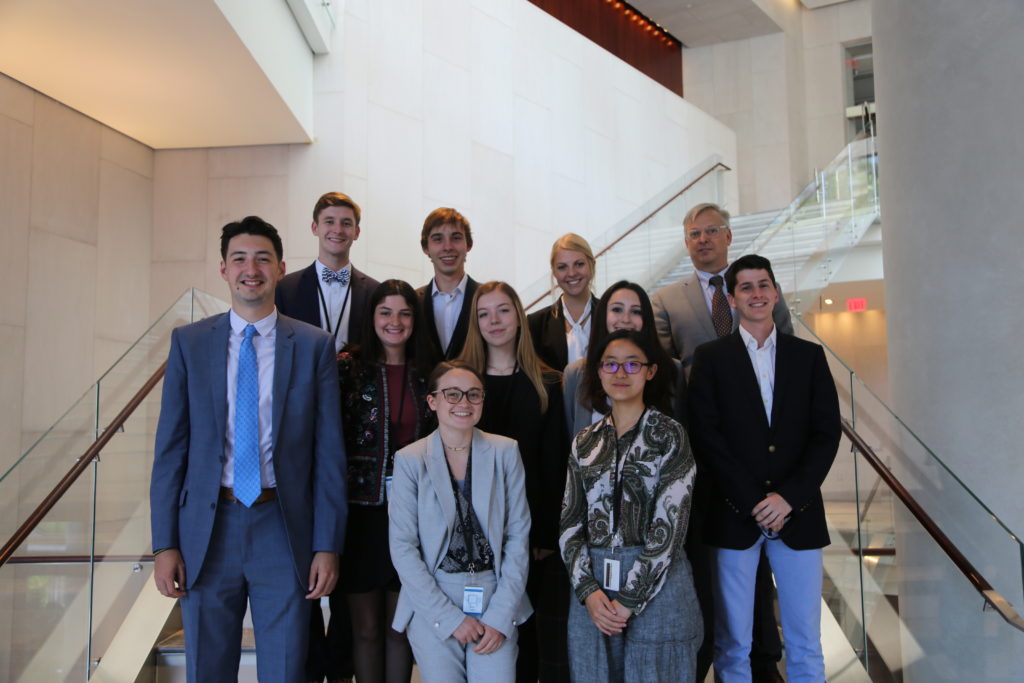
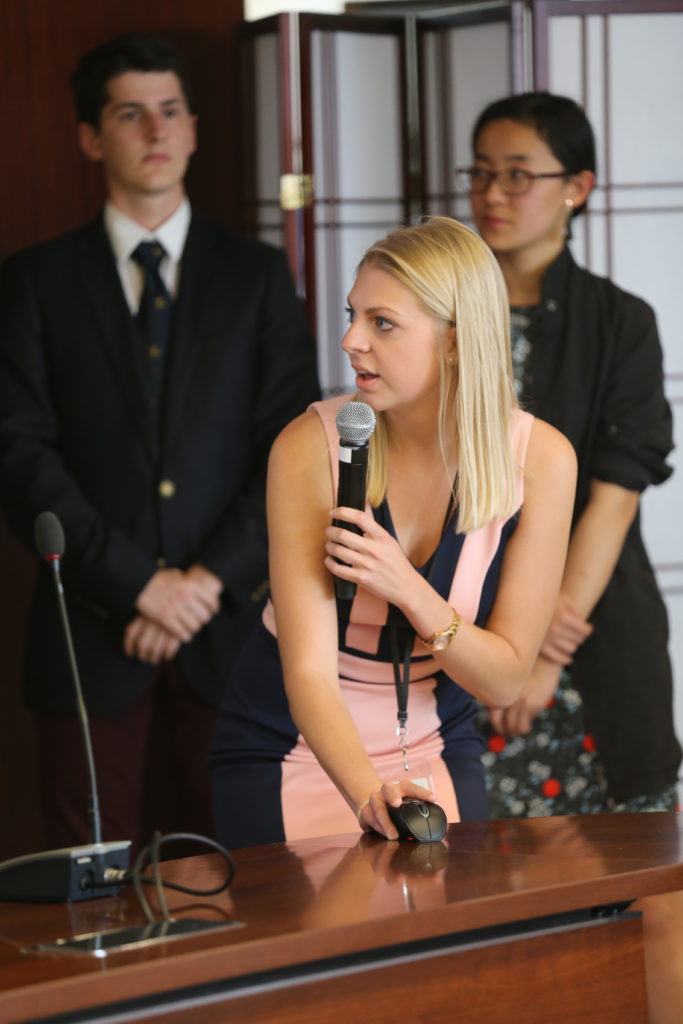
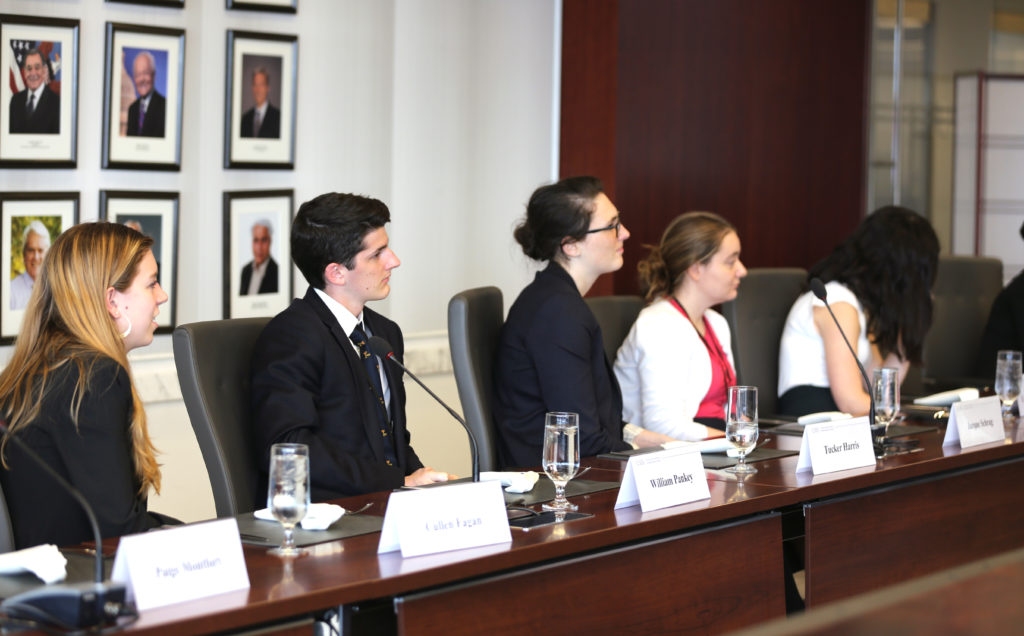
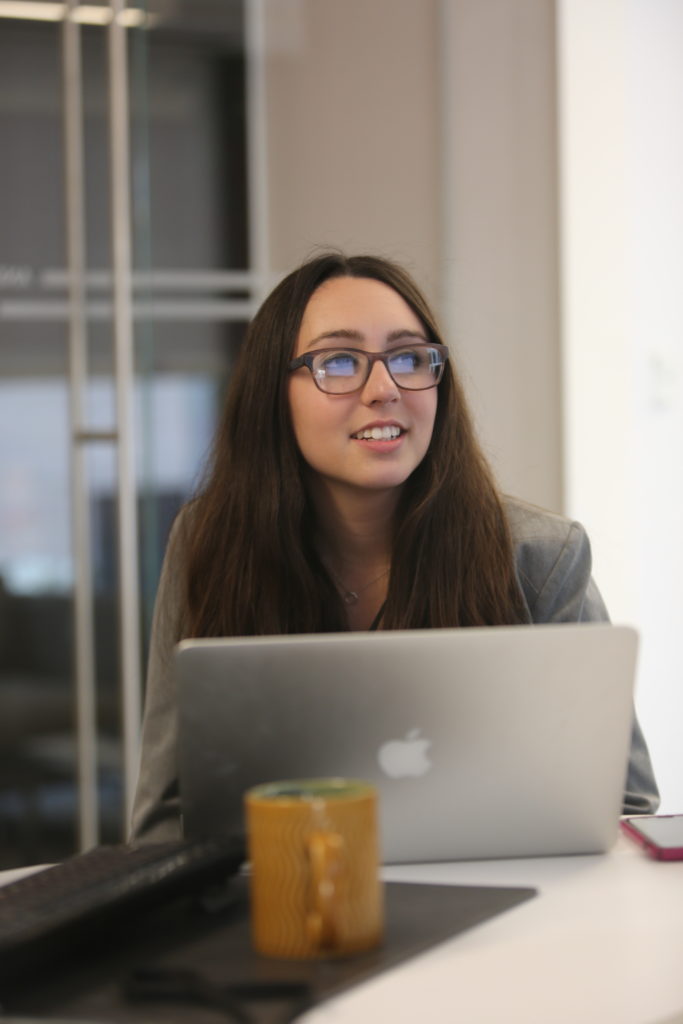
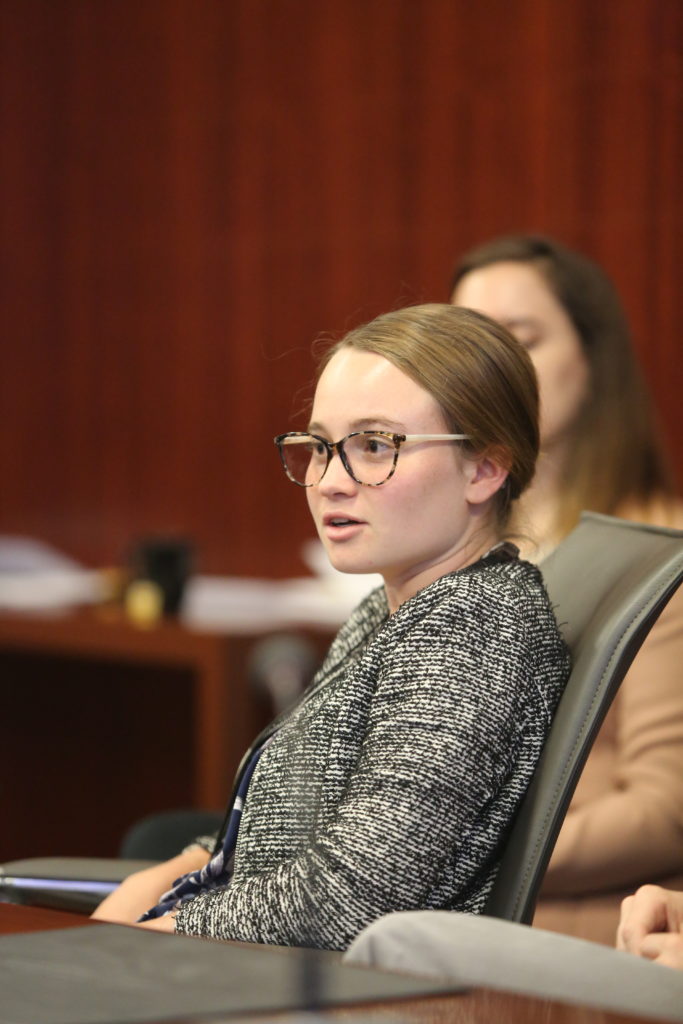
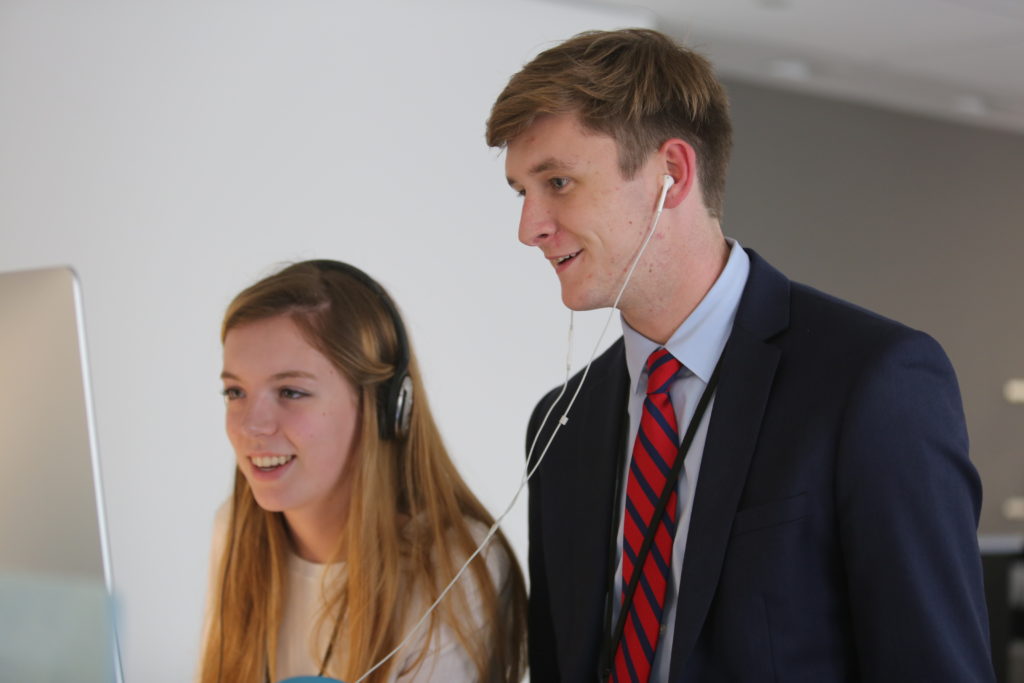
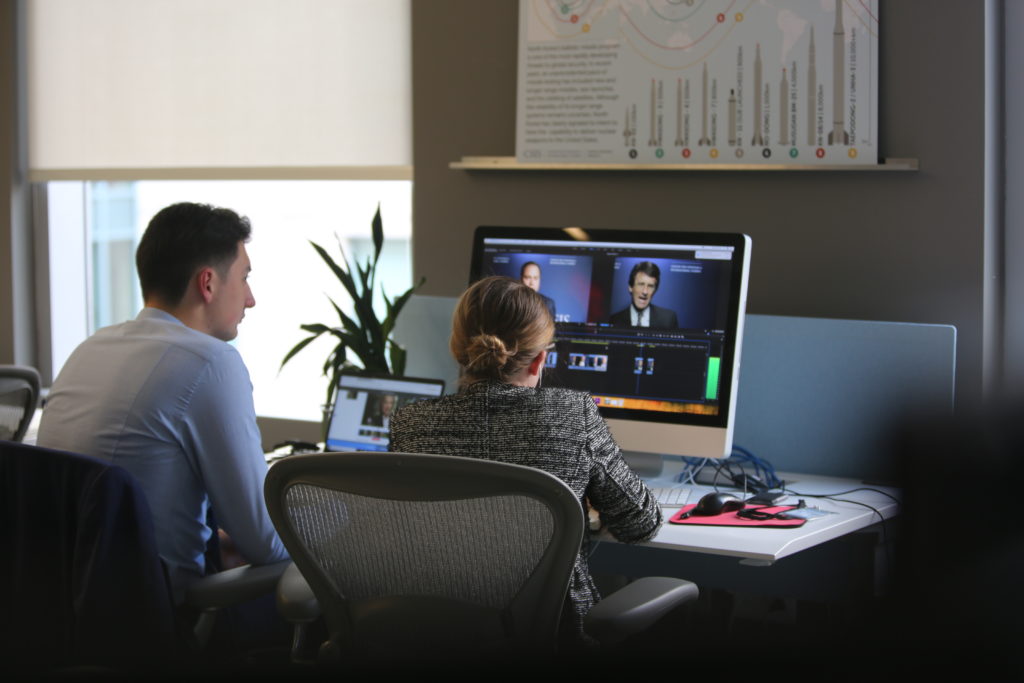
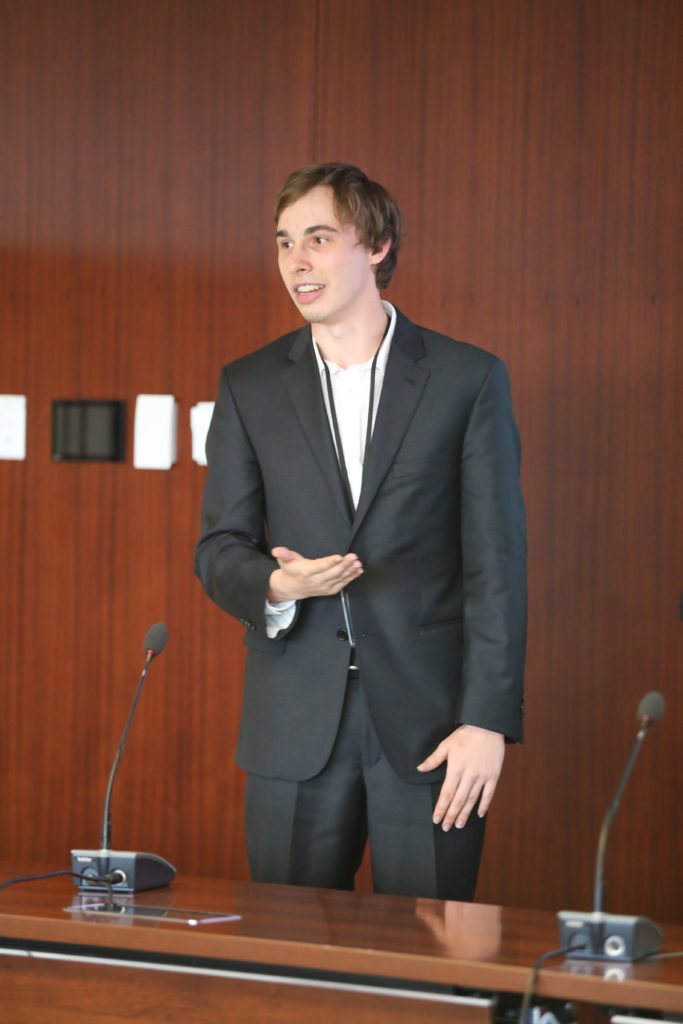
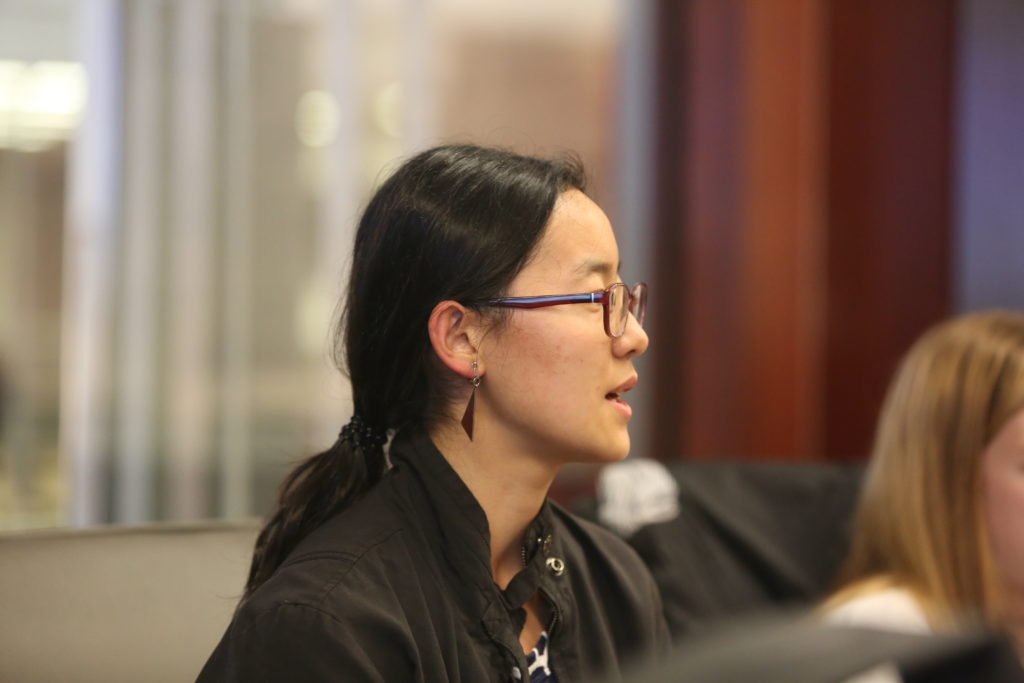
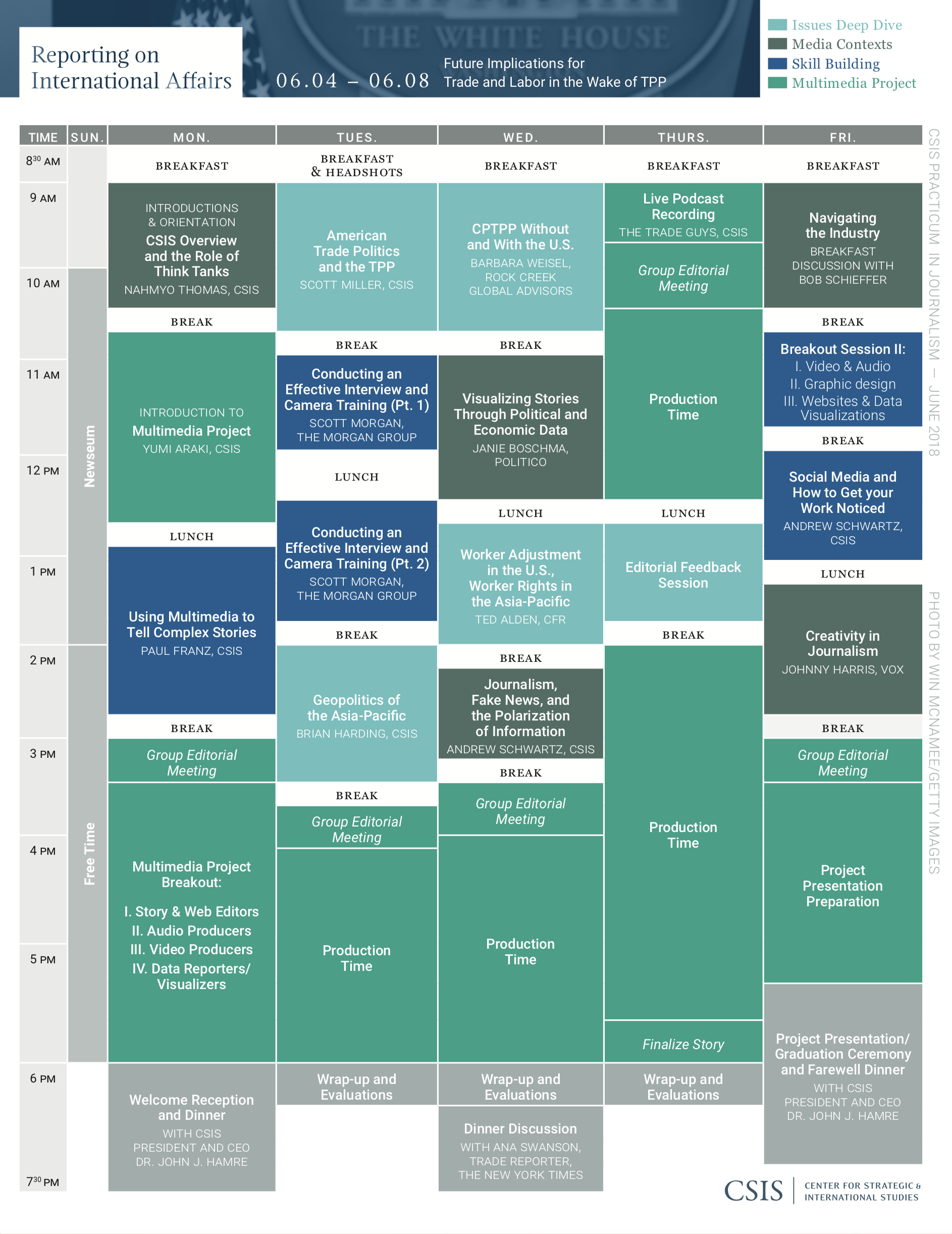
 http://journalism.csis.org/wp-content/uploads/2018/07/maersk-line-5-150×150.jpg
http://journalism.csis.org/wp-content/uploads/2018/07/maersk-line-5-150×150.jpg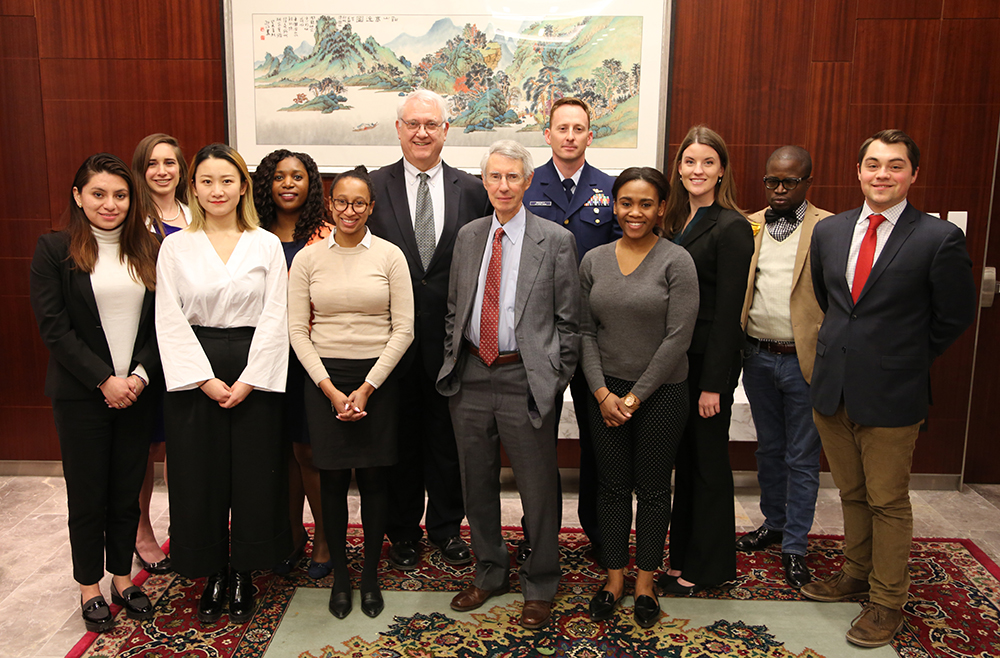
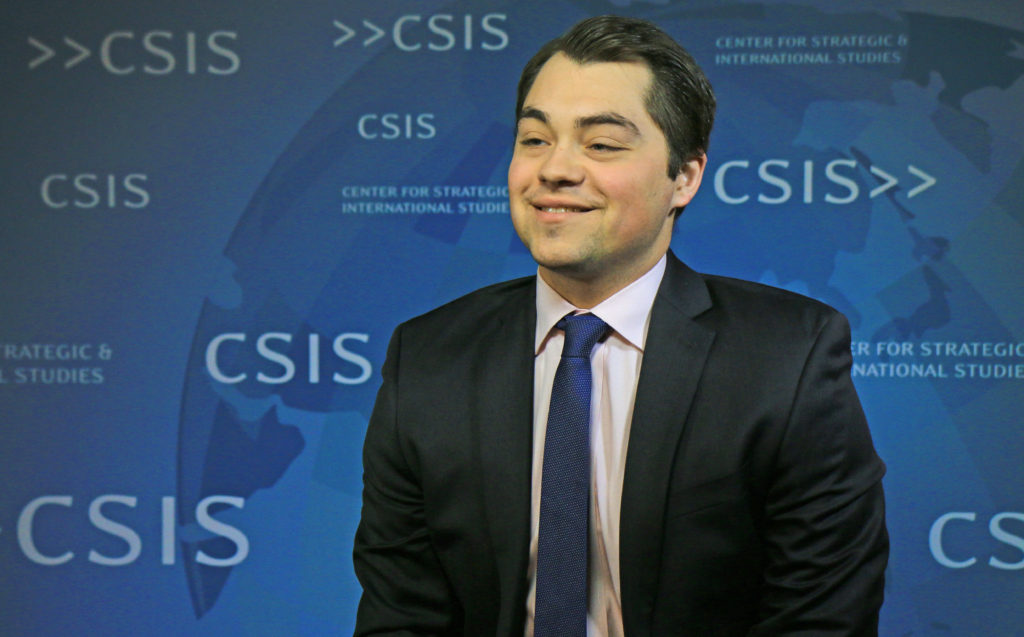

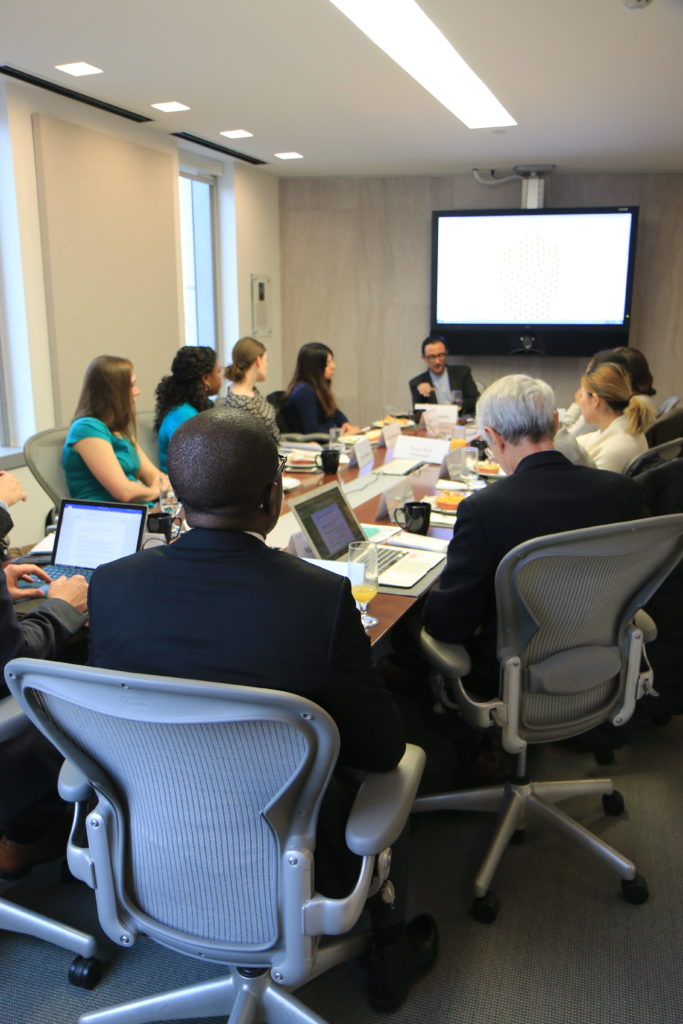
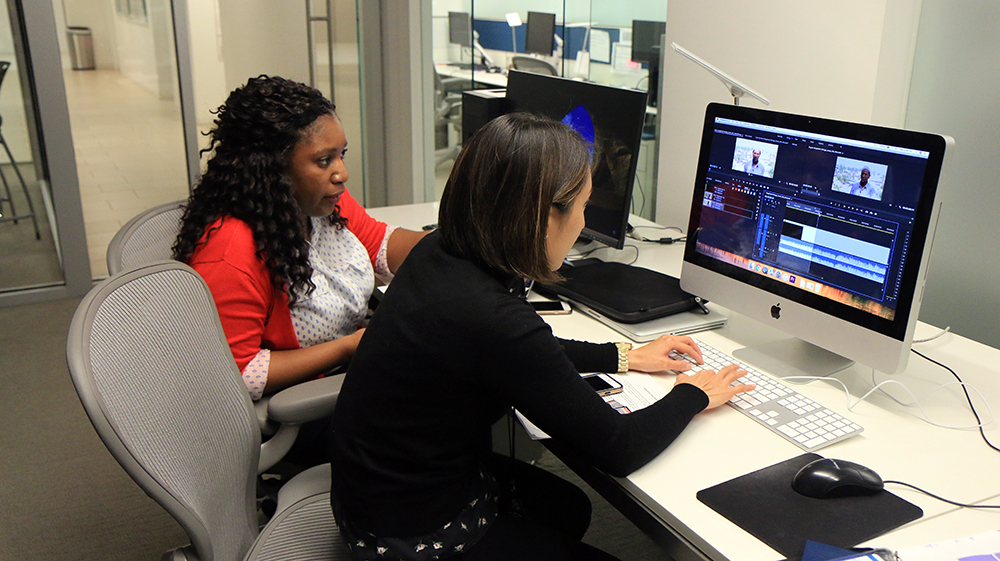
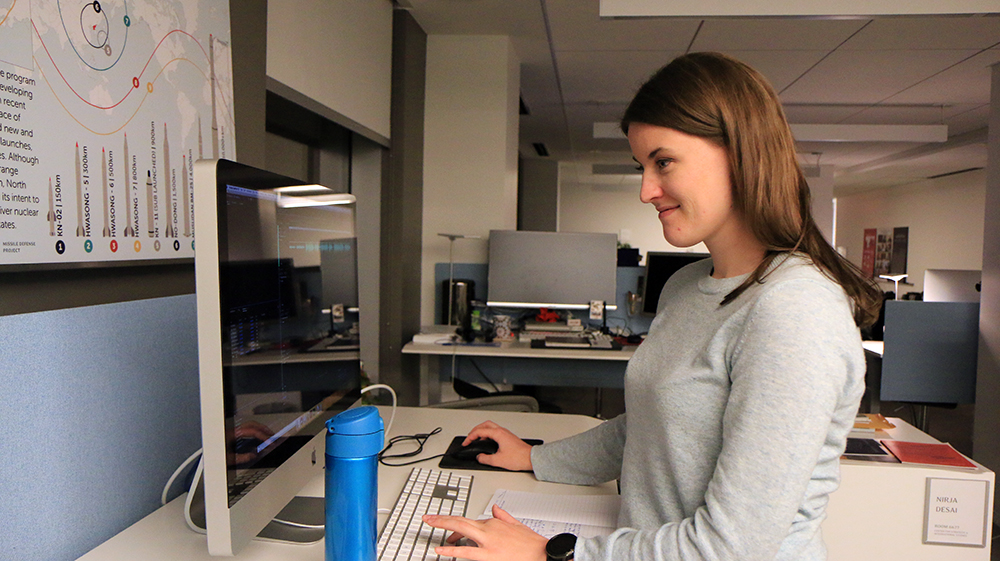

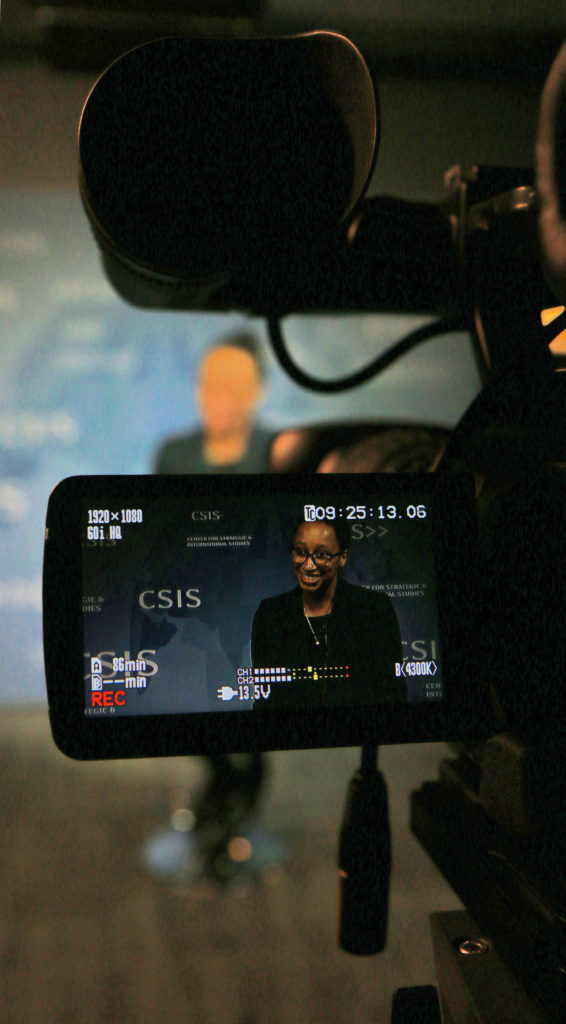

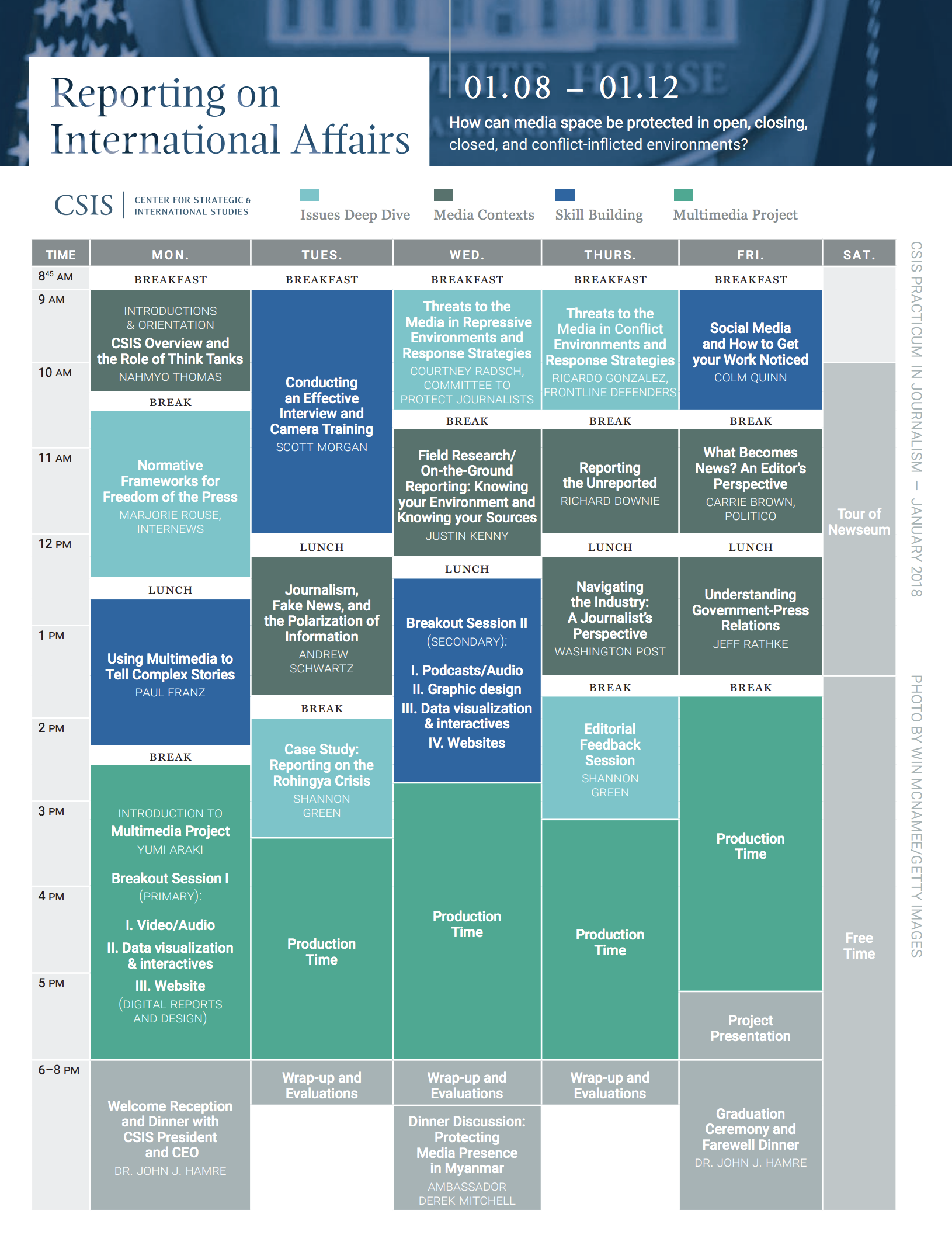
 http://journalism.csis.org/wp-content/uploads/2018/01/GettyImages-843964756-min-150×150.jpg
http://journalism.csis.org/wp-content/uploads/2018/01/GettyImages-843964756-min-150×150.jpg